The Association of American Law Schools maintains a list of scholarly books published by law school faculty on this page. To submit your book for consideration for this list, please submit the form below.
Published in 2021
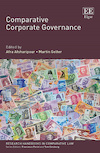
Afra Afsharipour (University of California, Davis School of Law), Martin Gelter (Fordham Law School)
Comparative Corporate Governance
Elgar, 2021
This book provides a perspective on how corporate governance differs between countries around the world. It covers topical issues including corporate purpose, corporate social responsibility, and shareholder activism.
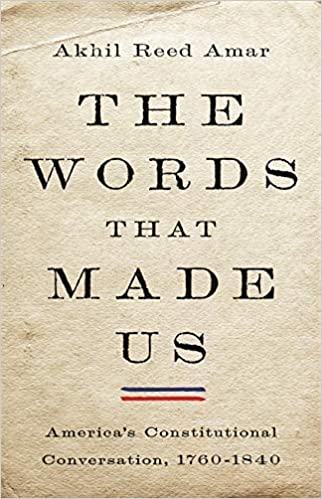
Akhil Reed Amar (Yale)
The Words That Made Us: America’s Constitutional Conversation, 1760-1840
Basic Books, 2021
When the US Constitution won popular approval in 1788, it was the culmination of thirty years of passionate argument over the nature of government. But ratification hardly ended the conversation.
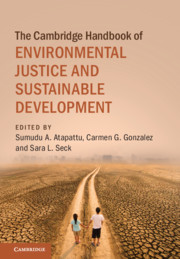
Sumudu A. Atapattu (University of Wisconsin Law School), Carmen G. Gonzalez (Loyola University Chicago School of Law), Sara L. Seck (Dalhousie University, Schulich School of Law)
The Cambridge Handbook of Environmental Justice and Sustainable Development
Cambridge University Press, 2021
All over the world, environmental justice struggles are not isolated injustices, but symptoms of interlocking forms of oppression that privilege the few while inflicting misery on the many and threatening ecological collapse. This handbook offers critical perspectives on the multi-dimensional, intersectional nature of environmental injustice and the cross-cutting forms of oppression that unite and divide these struggles, including gender, race, poverty, and indigeneity.
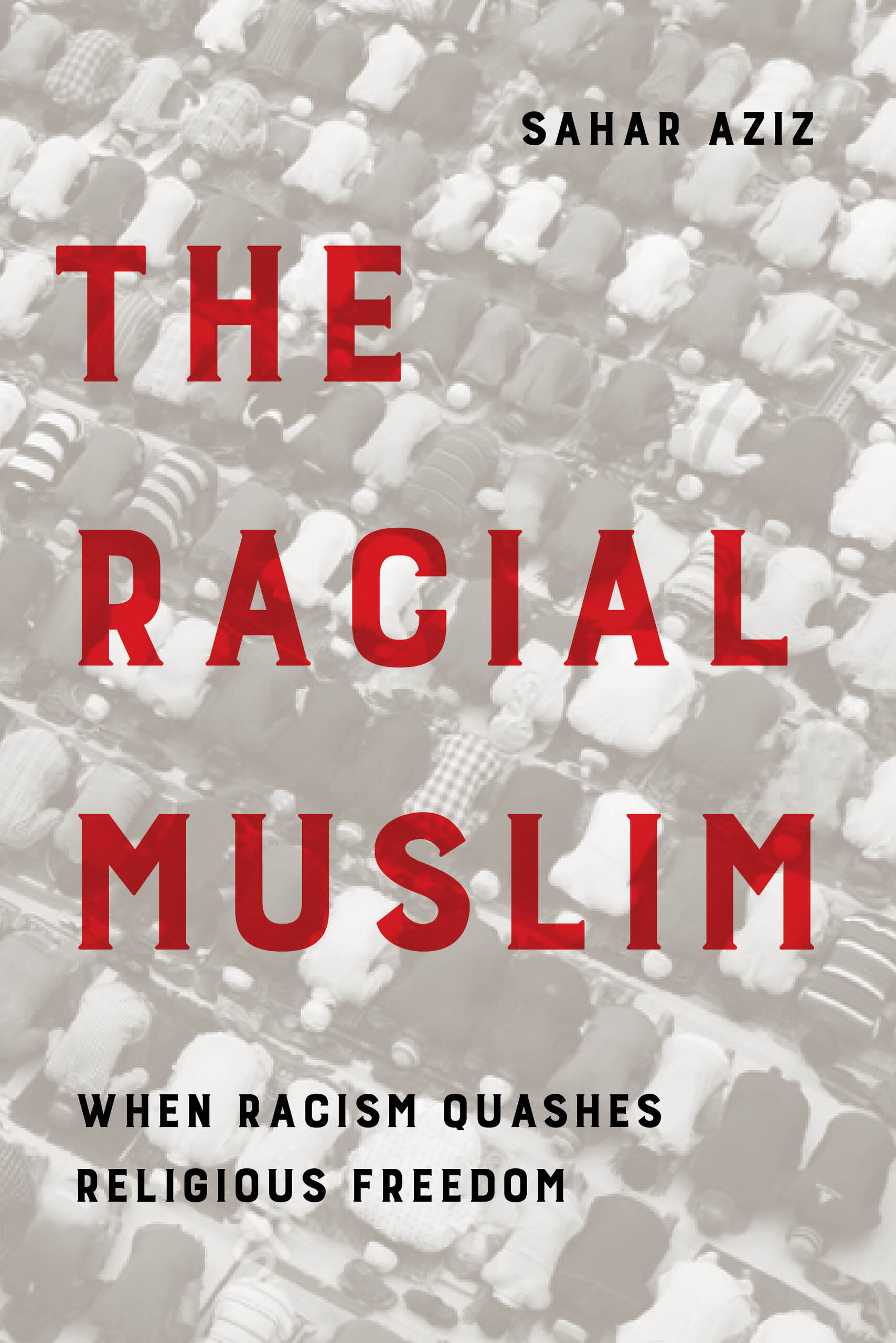
Sahar Aziz (Rutgers University Law School)
The Racial Muslim: When Racism Quashes Religious Freedom
University of California Press, 2021
Why does a country with religious liberty enmeshed in its legal and social structures produce such overt prejudice and discrimination against Muslims? Sahar Aziz’s groundbreaking book demonstrates how race and religion intersect to create what she calls the Racial Muslim.
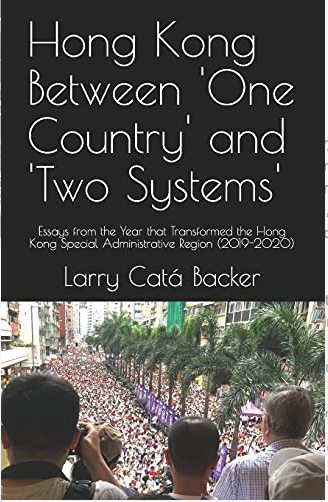
Larry Cata Backer (Penn State Law – University Park)
Hong Kong Between ‘One Country’ and ‘Two Systems’: Essays From the Year That Transformed the Hong Kong Special Administrative Region (June 2019 – June 2020)
Little Sir Press, 2021
This book explores the battle of ideas that started with the June 2019 anti-extradition law protests and ended with the enactment of the National Security and National Anthem Laws a year later. Specifically, the book examines the conflict of words between Hong Kong protesters, the Chinese central and local authorities, and important elements of the international community.
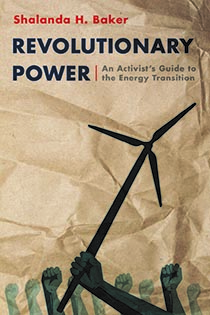
Shalanda Baker (Northeastern University School of Law)
Revolutionary Power: An Activist’s Guide to the Energy Transition
Island Press, 2021
Climate change will force us to rethink the way we generate and distribute energy and regulate the system. But how much are we willing to change the system? This unique moment in history provides an unprecedented opening for a deeper transformation of the energy system, and thus, an opportunity to transform society.
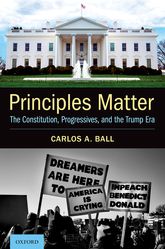
Carlos A. Ball (Rutgers Law School)
Principles Matter: The Constitution, Progressives, and the Trump Era
Oxford University Press, 2021
Progressives who opposed the Trump administration’s policies found themselves repeatedly relying on constitutional principles grounded in federalism, separation of powers, and free speech to resist the federal government. Using dozens of examples from the ways in which Trump abused presidential powers, this book explains how the three sets of principles can help mitigate the harms that autocratic leaders in the Trump mold can inflict on both democratic institutions and vulnerable minorities.
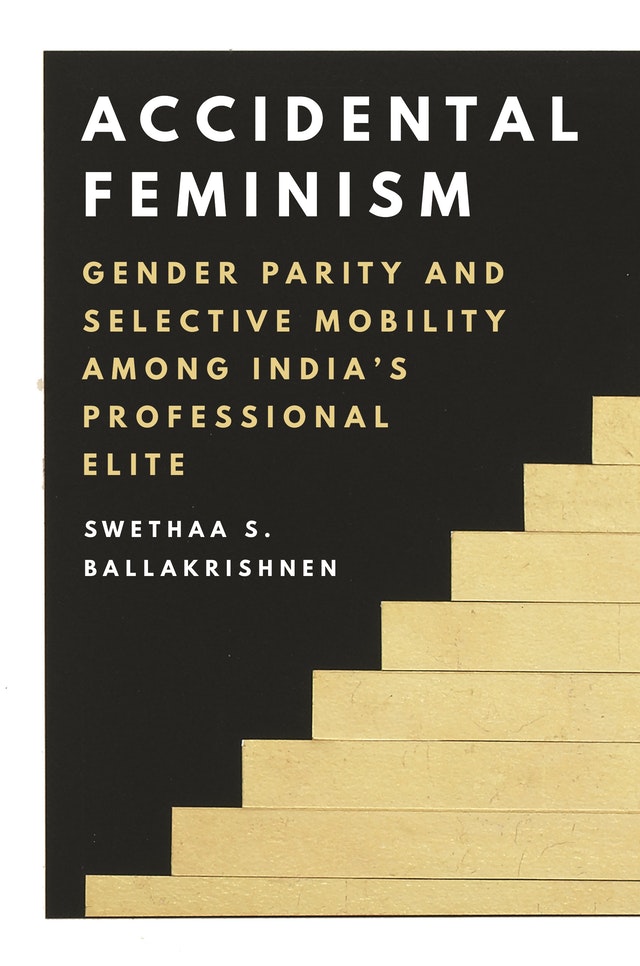
Swethaa S. Ballakrishnen (University of California, Irvine, School of Law)
Accidental Feminism: Gender Parity and Selective Mobility among India’s Professional Elite
Princeton University Press, January 2021
Less than 10 percent of India’s lawyers are female, but women in the most prestigious firms are significantly represented both at entry and partnership. Elite workspaces are notorious for being unfriendly to new actors, so what allows for aberration in certain workspaces?
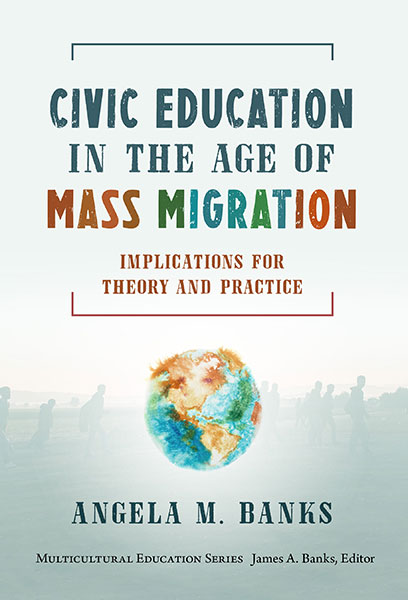
Angela M. Banks (Sandra Day O’Connor College of Law, Arizona State University)
Civic Education in the Age of Mass Migration Implications for Theory and Practice
Teacher’s College Press, 2021
This book examines the exclusionary aspects of citizenship and offers democratic societies an alternative approach that includes all long-term residents regardless of citizenship and immigration status. Banks reimagines a civic education curriculum that gives secondary students the knowledge and skills needed to move the United States toward a more perfect union.
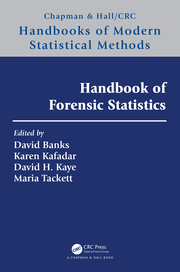
David Banks (Duke University Department of Statistical Science), Karen Kafadar (University of Virginia Department of Statistics), David H. Kaye (Penn State Law – University Park), and Maria Tackett (Duke University Department of Statistical Science)
Handbook of Forensic Statistics
Routledge, 2021
This book is a collection of chapters by leading authorities in forensic statistics. Written for statisticians, scientists, and legal professionals having a broad range of statistical expertise, it summarizes and compares basic methods of statistical inference (frequentist, likelihoodist, and Bayesian) for trace and other evidence that links individuals to crimes, the modern history and key controversies in the field, and the psychological and legal aspects of such scientific evidence.
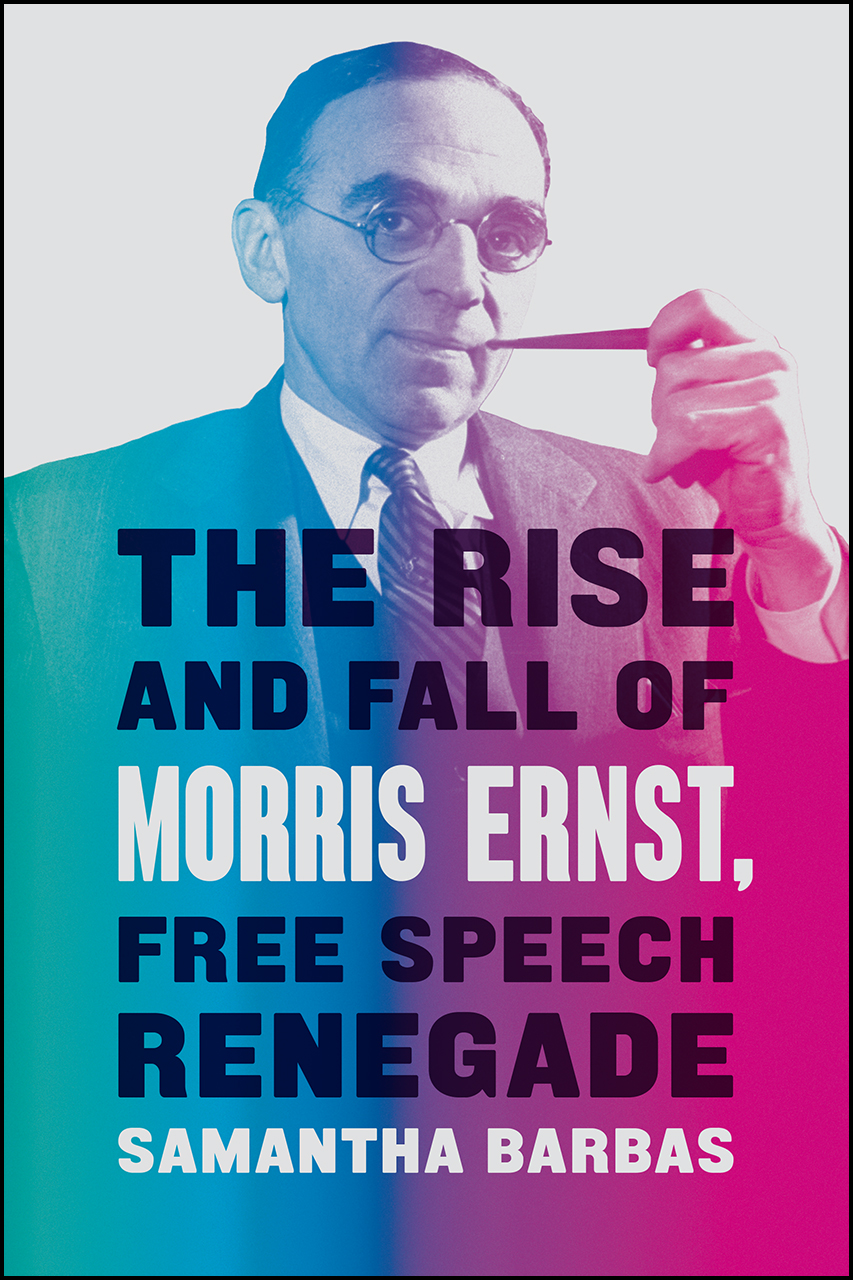
Samantha Barbas (University at Buffalo School of Law)
Rise and Fall of Morris Ernst
The University of Chicago Press, 2021
A long-overdue biography of the legendary civil liberties lawyer—a vital and contrary figure who both defended Ulysses and fawned over J. Edgar Hoover.

Larry D. Barnett (Widener University Delaware Law School)
Demography and the Anthropocene
Springer, 2021
This book discusses the growth of the human population, in the world as well as in the United States, and its impact on the biosphere. The author uses data from the US General Social Survey to determine whether, among American adults, concern with the environment is related to concern with population growth
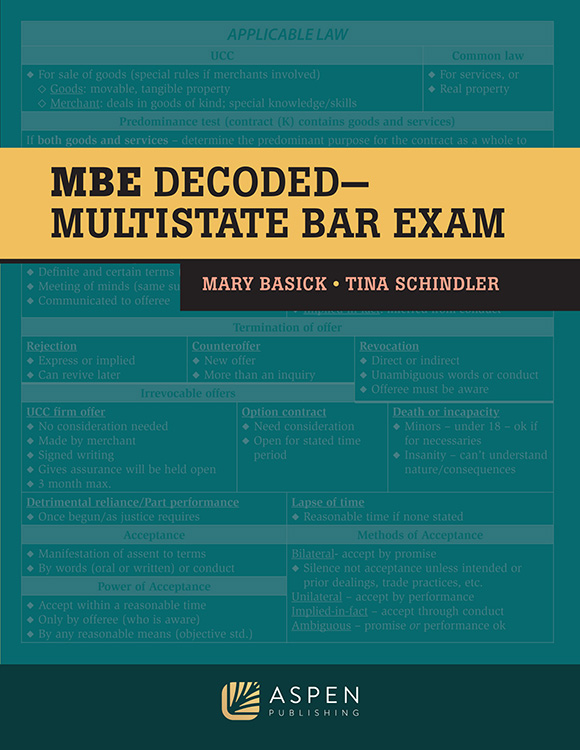 Mary Basick (Southwestern Law School), Tina Schindler (Southwestern Law School)
Mary Basick (Southwestern Law School), Tina Schindler (Southwestern Law School)
The MBE Decoded: Multistate Bar Exam Aspen Publishing, 2021
MBE Decoded is a fresh approach to MBE study which makes the vast amount of MBE tested rules manageable and understandable. The authors fully analyzed all NCBE released MBE questions to determine rule coverage and identify common testing patterns so you don’t have to. This book can be used during law school for early bar preparation or during intensive bar preparation by first-time takers and repeat bar takers who struggled on the MBE the first time.

Shawn Bayern (Florida State University College of Law)
Autonomous Organizations
Cambridge University Press, 2021
Ultimately, entire companies could be run by non-human agents. This study argues that this is not as scary as it might sound at first. Legal theorist and noted software developer Shawn Bayern argues that autonomous or zero-person organizations offer an opportunity for useful new types of interactions between software and the law.
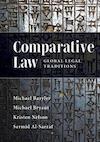
Michael J. Bazyler (Chapman University Fowler School of Law), Michael Bryant (Bryant University), Kristen Nelson (Gratz College), and Sermid Al-Sarraf (International Institute for the Rule of Law)
Comparative Law: Global Legal Traditions
Carolina Academic Press, 2021
This book explores four legal traditions from around the world, both Western (German civil law and English common law) and non-Western (Chinese law and Islamic law).
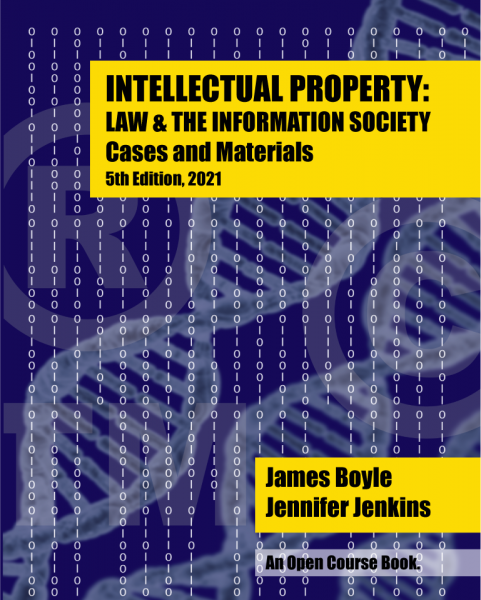
James Boyle (Duke University School of Law), Jennifer Jenkins (Duke University School of Law)
Intellectual Property: Law & the Information Society, Cases and Materials (5th ed.)
Independently Published, 2021
This book is an introduction to intellectual property law, the set of private legal rights that allows individuals and corporations to control intangible creations and marks—from logos to novels to drug formulæ—and the exceptions and limitations that define those rights. It focuses on the four forms of US federal intellectual property—trademark, copyright, patent and trade secrecy—but many of the ideas discussed here apply beyond those legal areas and the law of the United States.
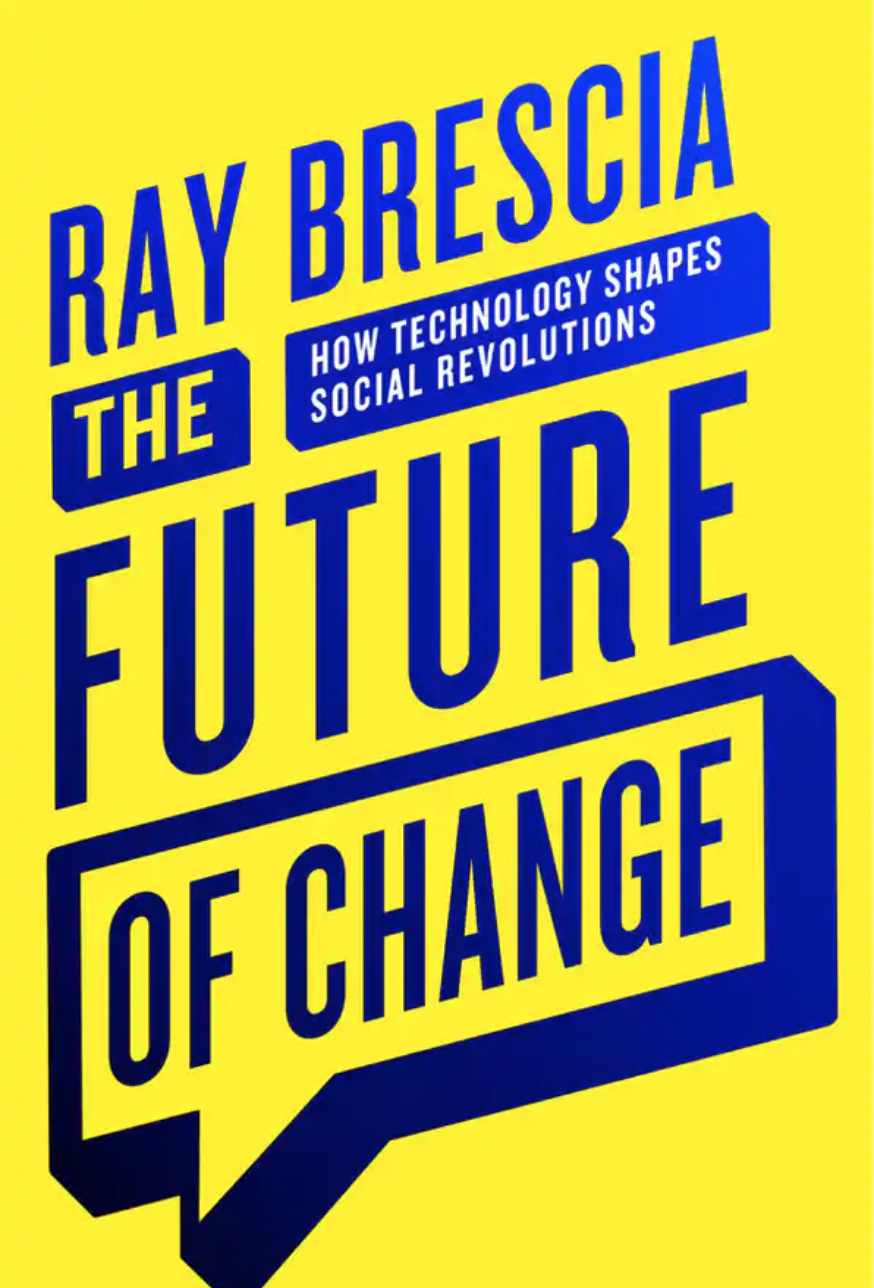
Ray Brescia (Albany Law School)
The Future of Change: How Technology Shapes Social Revolutions
Cornell University Press, 2021
Through moments during which social movements have embraced advances in communications technologies, Brescia illuminates the complicated, dangerous, innovative, and exciting relationship between these technologies, social movements, and social change.
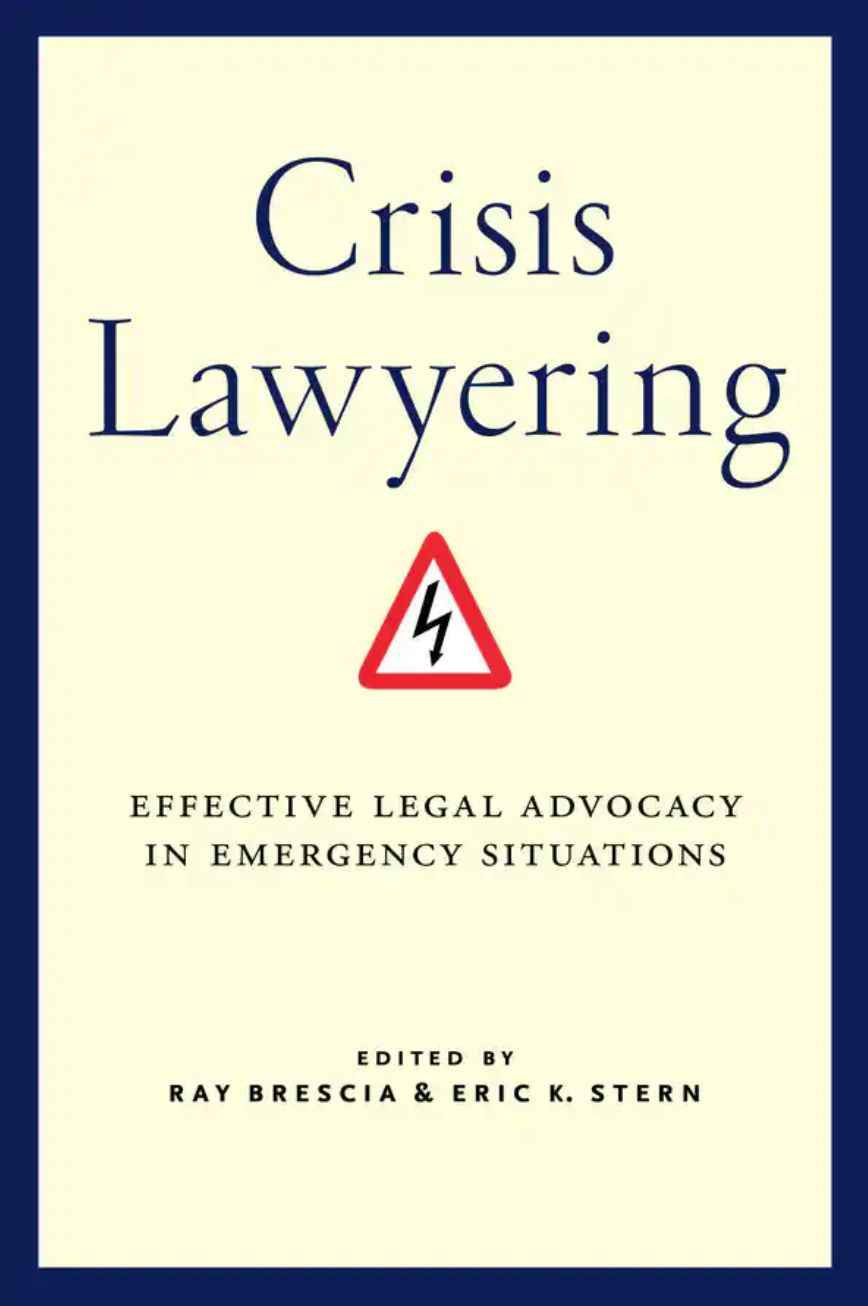
Ray Brescia (Albany Law School), Eric K. Stern (University at Albany)
Crisis Lawyering: Effective Legal Advocacy in Emergency Situations
NYU Press, 2021
When crisis hits—whether that be extrajudicial detention, unprompted deportation, pandemics, or natural disasters—lawyers are increasingly among the first responders, equipped with the knowledge necessary to navigate the regulations of this ever more complex world.
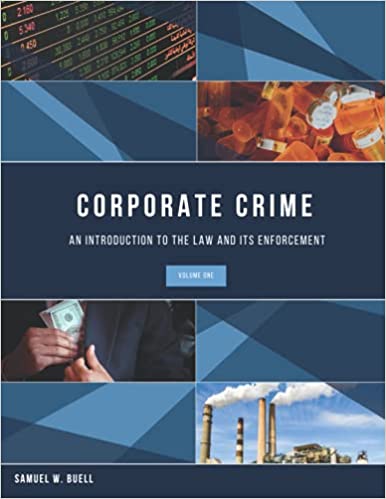
Samuel W. Buell (Duke University School of Law)
Corporate Crime: An Introduction to the Law and Its Enforcement
Esplanade Press, 2021
This book includes coverage of the law and theory of corporate criminal liability, fraud, business corruption, securities offenses and enforcement, obstruction crimes, plea bargaining and settlements, sentencing, and more.
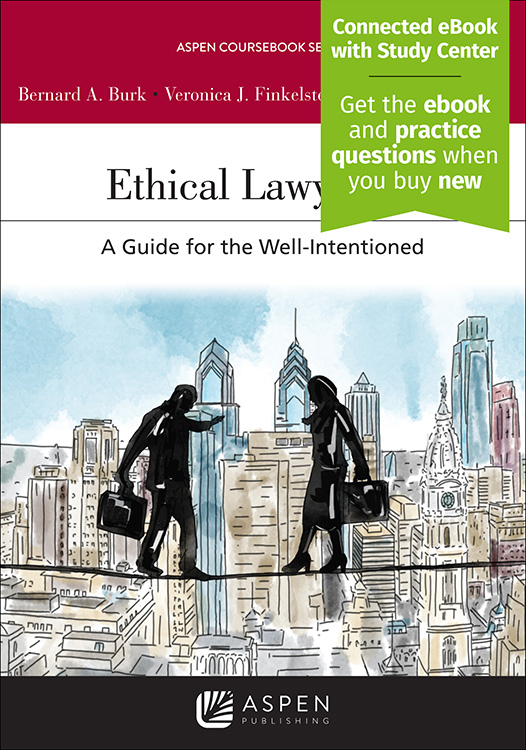 Bernard A. Burk (Seattle University School of Law), Veronica J. Finkelstein (Drexel University School of Law), Nancy B. Rapoport (University of Nevada, Las Vegas, William S. Boyd School of Law)
Bernard A. Burk (Seattle University School of Law), Veronica J. Finkelstein (Drexel University School of Law), Nancy B. Rapoport (University of Nevada, Las Vegas, William S. Boyd School of Law)
Ethical Lawyering: A Guide for the Well-Intentioned
Aspen Publishing, 2021
Ethical Lawyering: A Guide for the Well-Intentioned addresses those concerns with a fresh look at teaching and learning Professional Responsibility. Instead of containing impenetrable cases typical of most professional responsibility casebooks, which force students and teachers to sort out convoluted facts and incomplete or out-of-date analysis, this book “flips the classroom” by providing detailed explanations of the Model Rules, accompanied by problems for class discussion that require students to explore how the Rules apply in real-world situations—a structure which lends itself easily to both in-person and online courses.
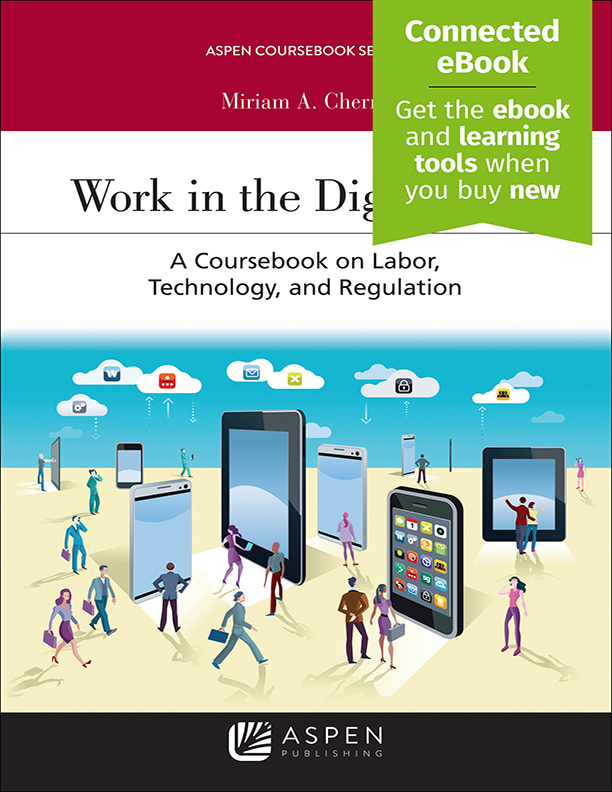 Miriam A. Cherry (Saint Louis University)
Miriam A. Cherry (Saint Louis University)
Work in the Digital Age: A Coursebook on Labor, Technology, and Regulation
Aspen Publishing, 2021
Work in the Digital Age: A Coursebook on Labor, Technology, and Regulation focuses on certain technologies: the platform economy and gig work, big data and people analytics, gamification, artificial intelligence and algorithmic management, blockchain technology, drones, and 3D printing. The book provides perspectives on these new and emerging technologies from employers, unions, individual workers, national courts and governments, and international organizations.
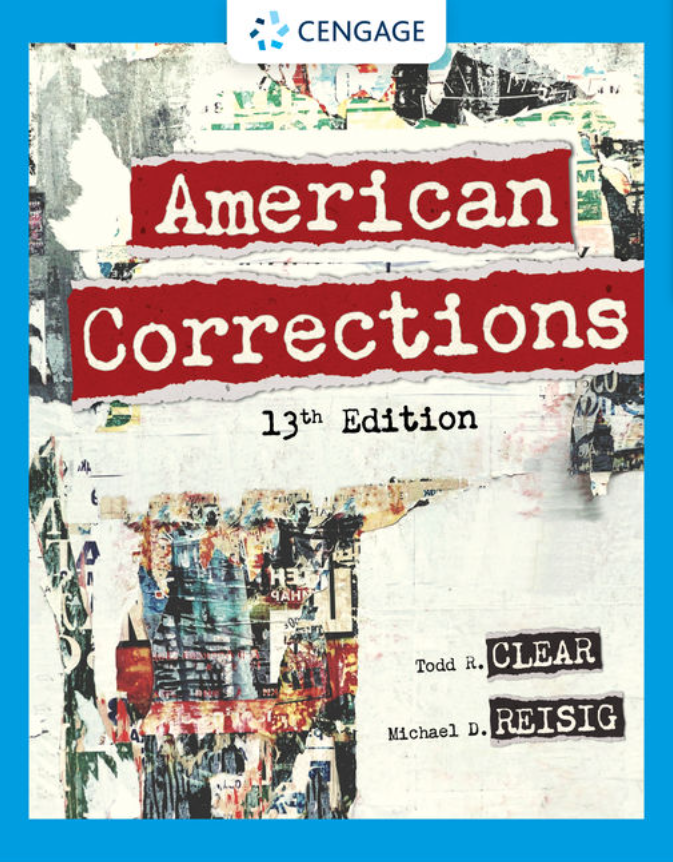 Todd Clear (Rutgers Law School), Michael Reisig (Arizona State University), George Cole
Todd Clear (Rutgers Law School), Michael Reisig (Arizona State University), George Cole
American Corrections
Cengage, 2021
Learn more about the dynamics of today’s correctional system in the U.S. with the fascinating, current content and balanced approach in Clear/Reisig/Cole’s market-leading AMERICAN CORRECTIONS, 13E. Engaging discussions, actual cases with familiar names and first-hand insights from those in the system immediately grab your interest, while career overviews point to rewarding opportunities in the field. You examine the latest facts and figures as well as new developments and trends impacting correctional policy and practice in the U.S., such as COVID-19 and the rising use of methamphetamines and opioids. The authors provide an unbiased treatment of institutional and community sanctions as this well-rounded introduction examines the U.S. correctional system from the perspectives of both the corrections worker and the accused person
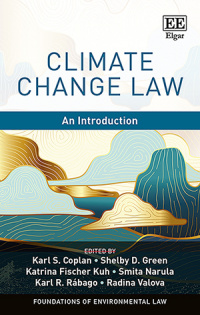
Karl S. Coplan (Elisabeth Haub School of Law at Pace University), Shelby D. Green (Elisabeth Haub School of Law at Pace University), Katrina Fischer Kuh (Elisabeth Haub School of Law at Pace University), and Smita Narula (Elisabeth Haub School of Law at Pace University)
Climate Change Law: An Introduction
Edward Elgar, 2021
This book acts as an introduction to the core legal and policy issues presented by climate change with an analysis of decisions that will define the path forward. Offering a guide to key terms, concepts, and legal principles in the field, this book will help readers develop a perspective on issues central to climate change law and policy.
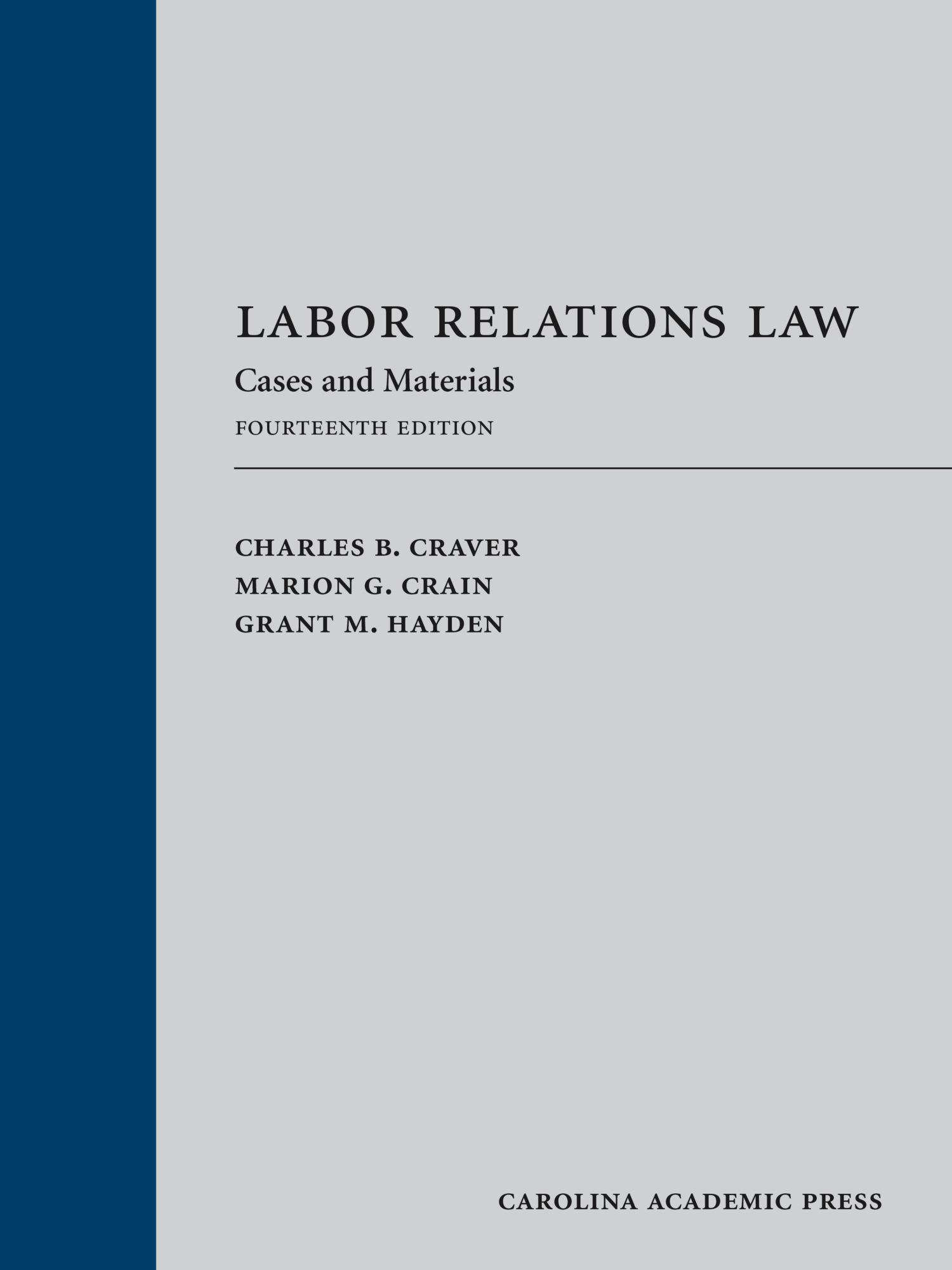
Charles B. Craver (George Washington University Law School), Marion G. Crain (Washington University in St. Louis), Grant M. Hayden (Southern Methodist University, Dedman School of Law)
Labor Relations Law Cases and Materials
Carolina Academic Press, 2021
This comprehensive casebook is designed for an intensive examination of the union-management relationship throughout its major phases.
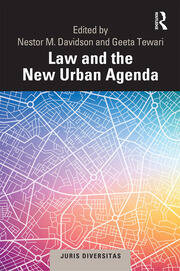
Nestor M. Davidson (Fordham Law School), Geeta Tewari
Law and the New Urban Agenda
Routledge, 2021
This book offers a constructive and critical evaluation of the legal dimensions of the the New Urban Agenda (NUA). The book creates an academic dialogue about the legal effects of the NUA.
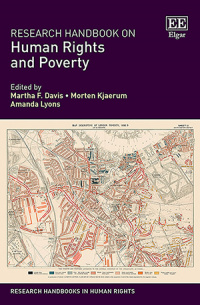
Martha F. Davis (Northeastern University School of Law), Morten Kjaerum (University of Aalborg, Denmark), Amanda Lyons (University of Minnesota Law School)
Research Handbook on Human Rights and Poverty
Edward Elgar Publishing, 2021
This important Research Handbook explores the nexus between human rights, poverty and inequality as a critical lens for understanding and addressing key challenges of the coming decades, including the objectives set out in the Sustainable Development Goals.
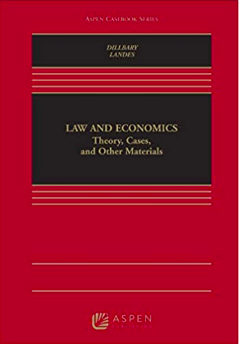
J. Shahar Dillbary (The University of Alabama School of Law), William M. Landes (University of Chicago Law School)
Law & Economics: Theory, Cases, and Other Materials
Wolters Kluwer, 2021
This book is an introduction to the subject area of law and economics, with a discussion of actual case law by two leading scholars in the field. It provides a clear description of the key points of law and economics across various substantive areas of law, combining the traditional approach to the study of law and economics with new important insights from behavioral economics and competing theories.
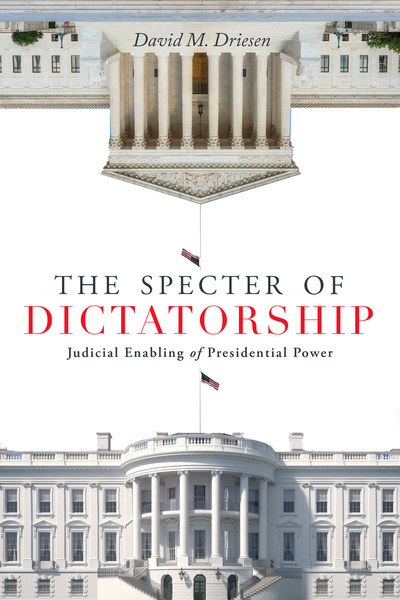
David M. Driesen (Syracuse University College of Law)
The Specter of Dictatorship: Judicial Enabling of Presidential Power
Stanford University Press, 2021
Donald Trump’s presidency made many Americans wonder whether our system of checks and balances would prove robust enough to withstand an onslaught from a despotic chief executive. The author analyzes the chief executive’s role in the democratic decline of Hungary, Poland, and Turkey and argues that an insufficiently constrained presidency is one of the most important systemic threats to democracy.
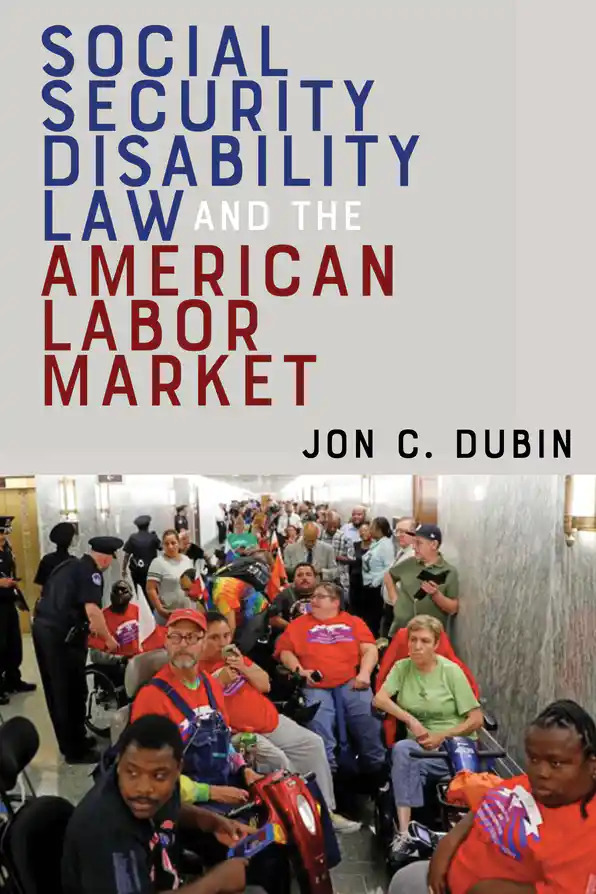
Jon C. Dubin (Rutgers Law School)
Social Security Disability Law and the American Labor Market
NYU Press, 2021
Passing down nearly a million decisions each year, more judges handle disability cases for the Social Security Administration than federal civil and criminal cases combined. This book challenges the contemporary policies for determining disability benefits and work assessment.
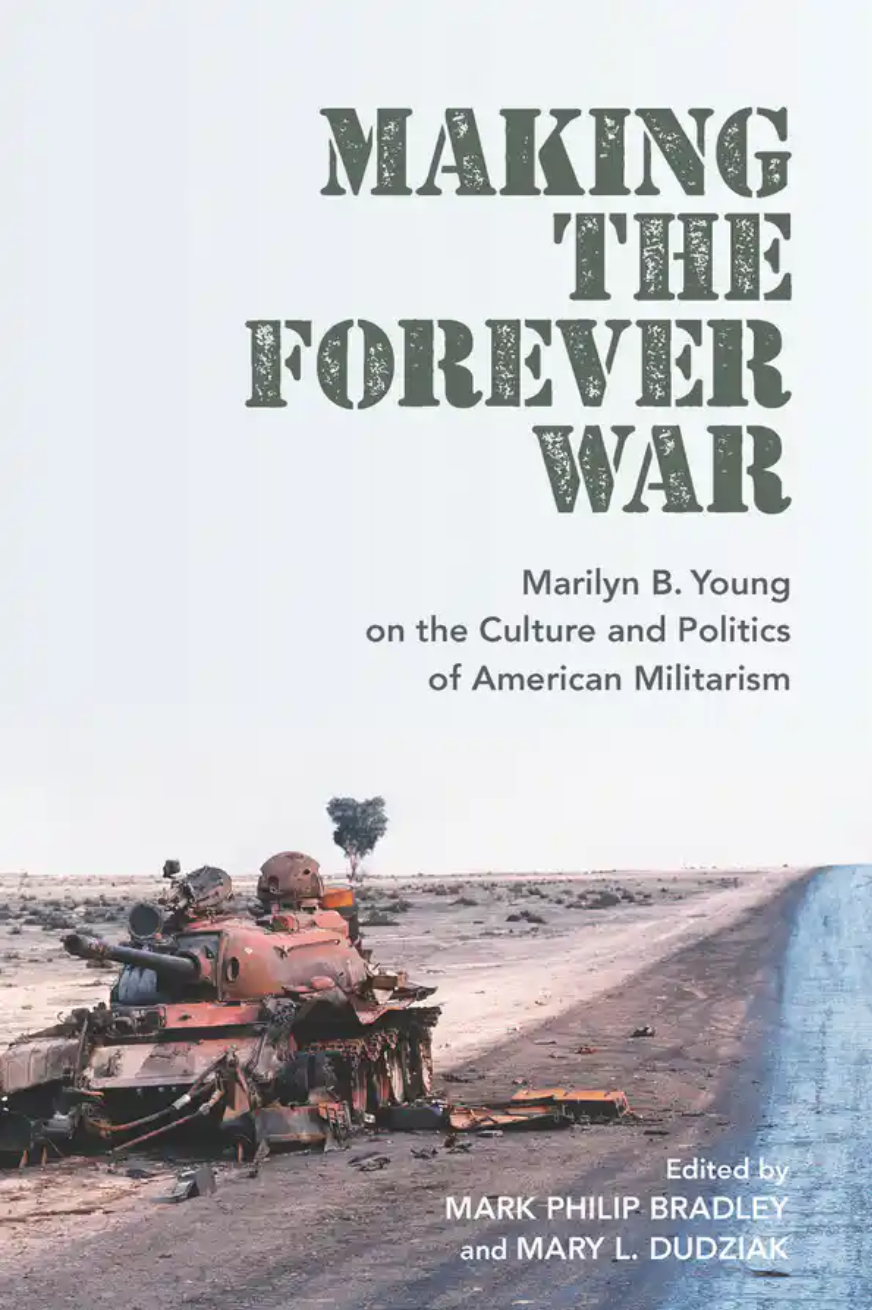
Mary Dudziak (Emory University School of Law), Mark Bradley (University of Chicago, Department of History)
Making the Forever War: Marilyn Young on the Culture and Politics of American Militarism
University of Massachusetts Press, 2021
Moving from the first years of the Cold War to Korea, Vietnam, and more recent “forever” wars in Iraq and Afghanistan, Young reveals the ways in which war became ever-present, yet more covert and abstract, particularly as aerial bombings and faceless drone strikes have attained greater strategic value.
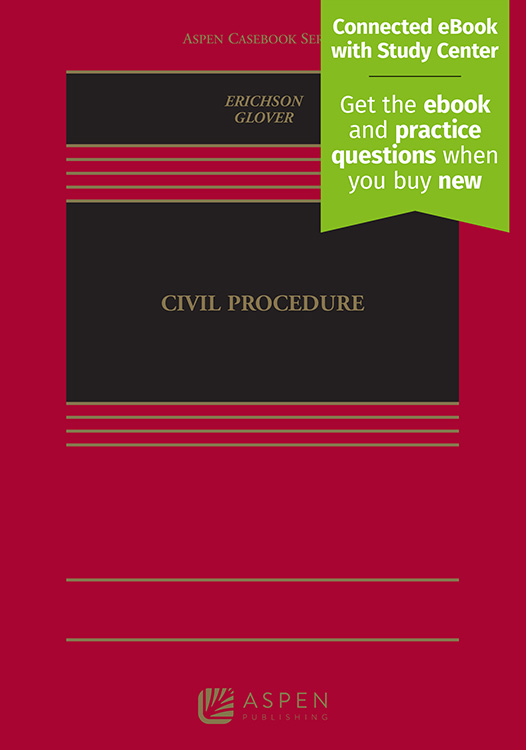 Howard M. Erichson (Fordham University Law School), J. Maria Glover (Georgetown University Law Center)
Howard M. Erichson (Fordham University Law School), J. Maria Glover (Georgetown University Law Center)
Civil Procedure Aspen Publishing, 2021
Howard M. Erichson and J. Maria Glover offer clear explanations and frameworks to help students see what is fascinating and important about each topic in civil procedure. By the time students arrive in the classroom, they will have a solid understanding not only of the basic mechanics of civil procedure, but also why the topic matters in the real world of litigation. The case selection reflects this commitment. Rather than featuring cases that raise quirky issues at the periphery, the authors chose cases to help students understand the core purposes and difficulties of each aspect of civil procedure.
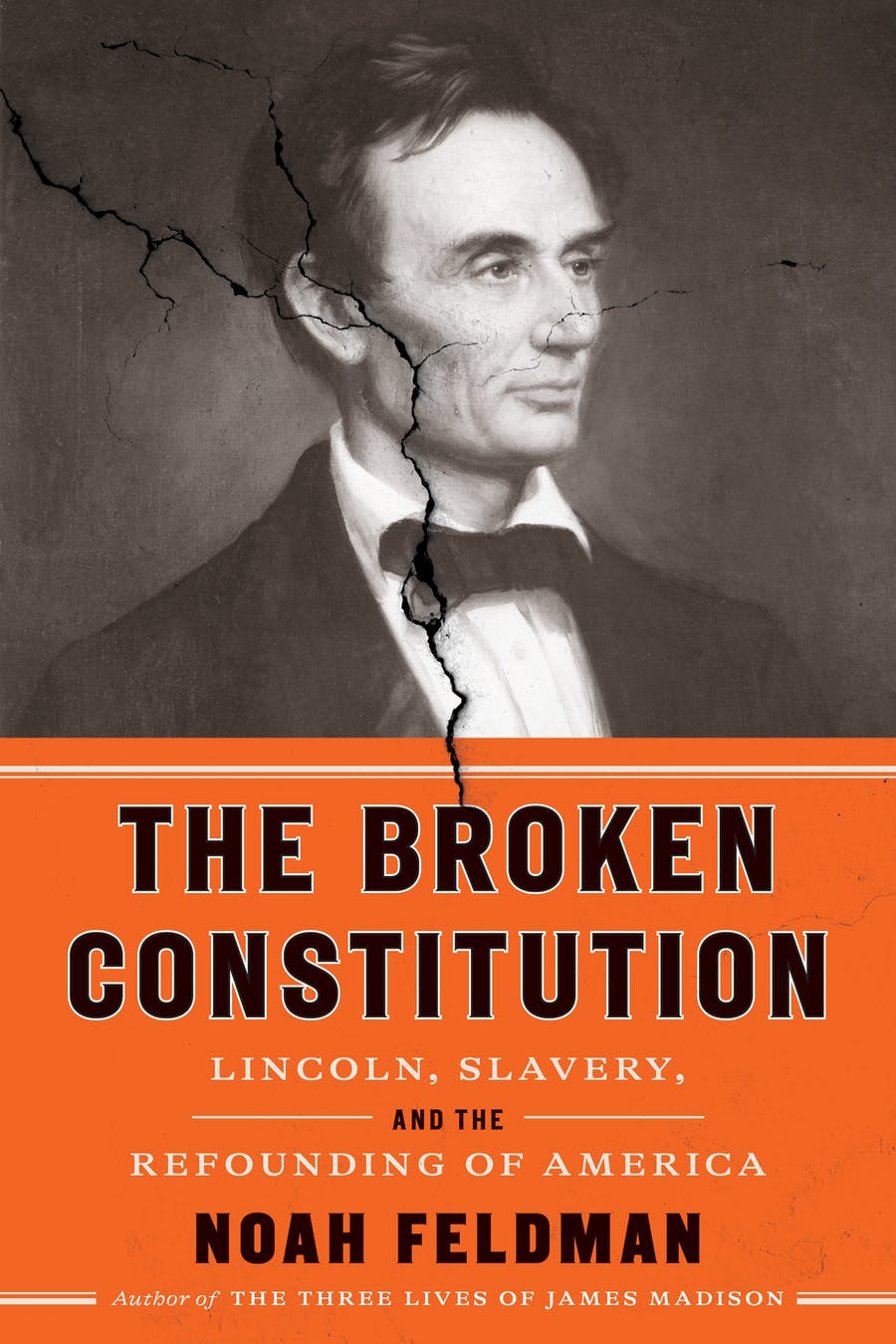
Noah Feldman (Harvard Law School)
The Broken Constitution
MacMillan Publishers, 2021
Abraham Lincoln led the nation into a bloody civil war to uphold the system of government established by the US Constitution—a system he regarded as the “last best hope of mankind.” But how did Lincoln understand the Constitution?
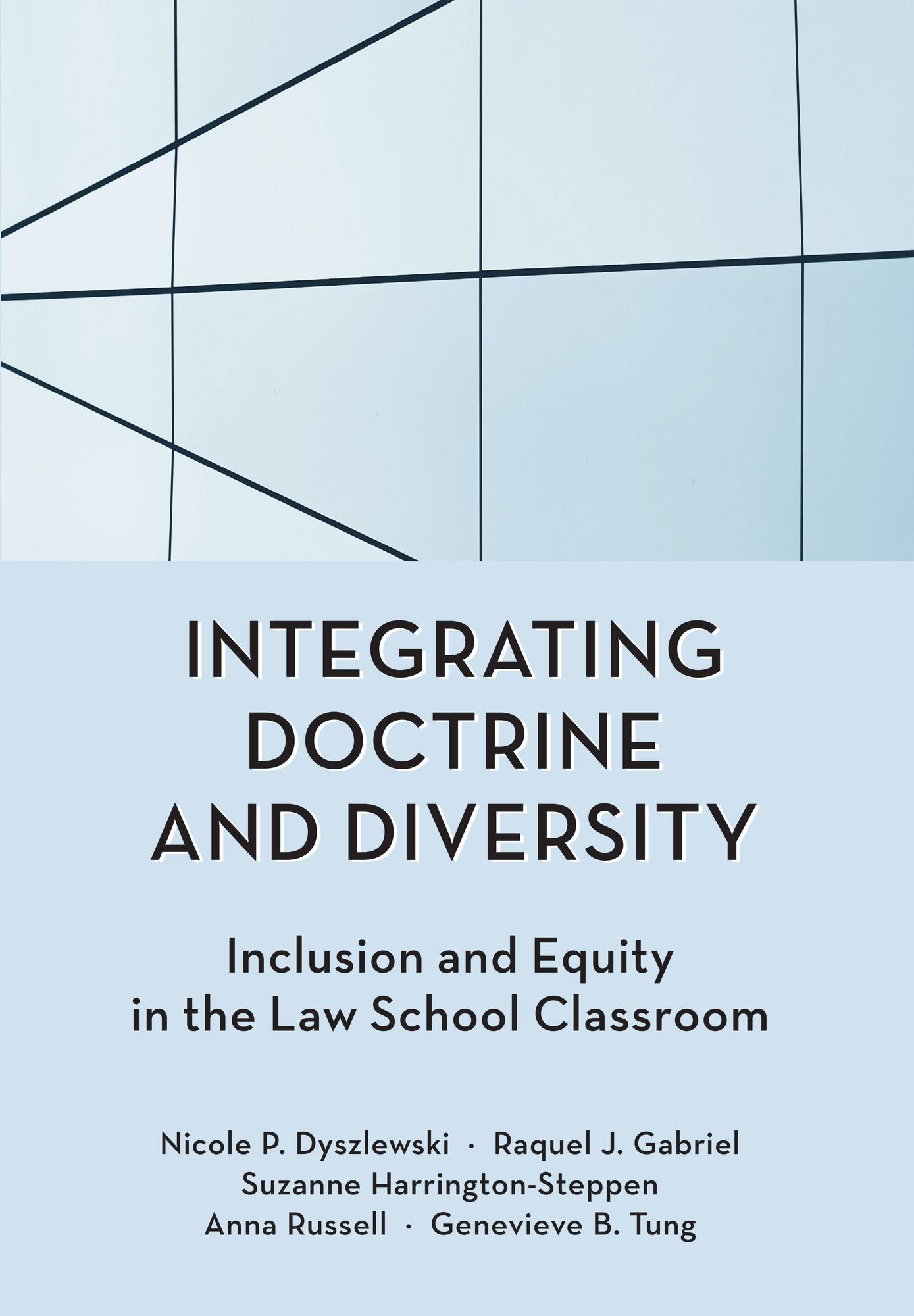
Raquel J. Gabriel (CUNY School of Law), Nicole P. Dyszlewski
(Rogers Williams University School of Law), Suzanne Harrington-Steppen
(Rogers Williams University School of Law), Anna Russell (Ninth Circuit Court of Appeals Library), Genevieve B. Tung (Penn State Law)
Integrating Doctrine and Diversity: Inclusion and Equity in the Law School Classroom
Carolina Academic Press, 2021
Drawing upon the experience of faculty from across the country, Integrating Doctrine and Diversity is a collection of essays with practical advice, written by faculty for faculty, on specific ways to integrate diversity, equity and inclusion into the law school curriculum.
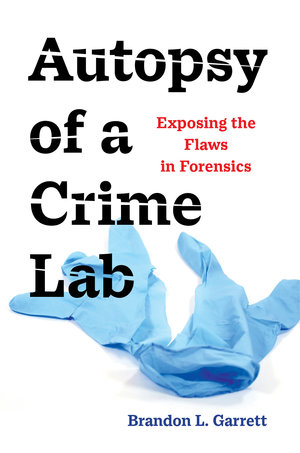
Brandon L. Garrett (Duke University School of Law)
Autopsy of a Crime Lab: Exposing the Flaws in Forensics
University of California Press, 2021
Exposing the dangerously imperfect forensic evidence that we rely on for criminal convictions.
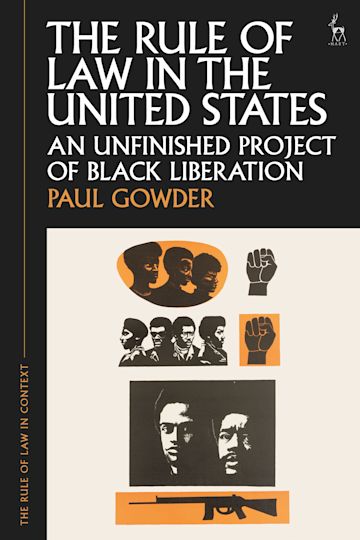
Paul Gowder (Northwestern University Pritzker School of Law)
The Rule of Law in the United States: An Unfinished Project of Black Liberation
Hart Publishing, 2021
What is the American rule of law? Is it a paradigm case of the strong constitutionalism concept of the rule of law or has it fallen short of its rule of law ambitions? This book traces the promise and paradox of the American rule of law in three interwoven ways.
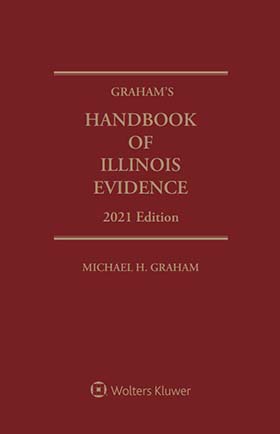
Michael H. Graham (University of Miami School of Law)
Graham’s Handbook of Illinois Evidence, 2021 Edition
Wolters Kluwer, January 2021
A comprehensive and practical guide to the Illinois Rules of Evidence and related issues, providing clear explanations of the settled law and expert advice on more complicated evidentiary problems.
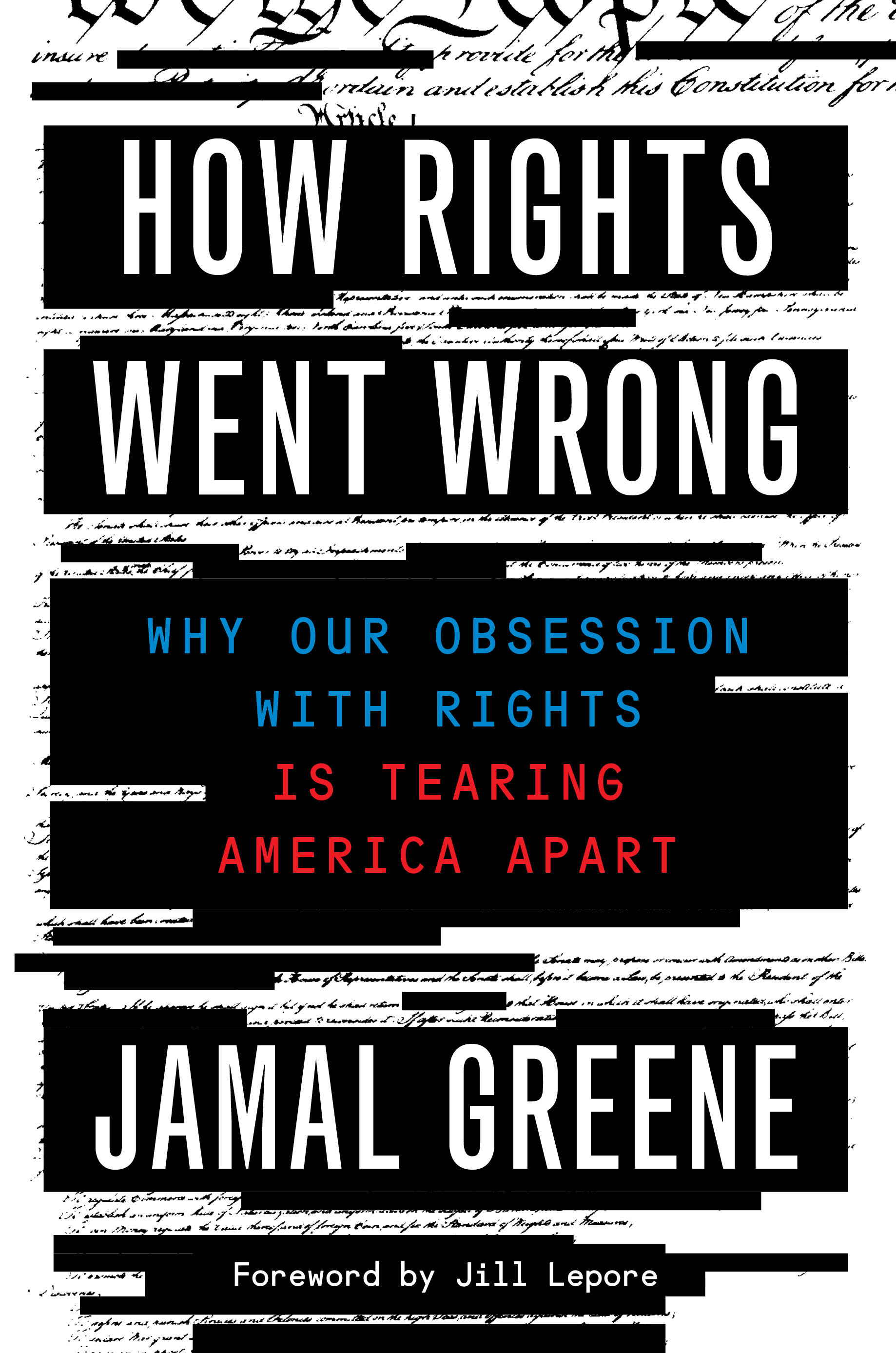
Jamal Greene (Columbia Law School)
How Rights Went Wrong: Why Our Obsession with Rights Is Tearing America Apart
Houghton Mifflin Harcourt, 2021
An eminent constitutional scholar reveals how our approach to rights is dividing America, and shows how we can build a better system of justice.
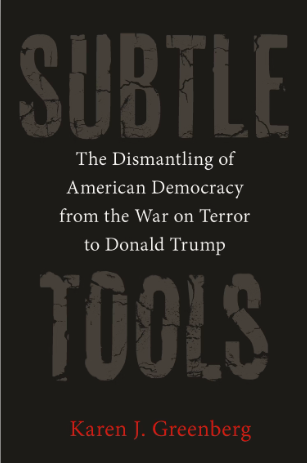
Karen J. Greenberg (Fordham Law School)
Subtle Tools: The Dismantling of American Democracy from the War on Terror to Donald Trump
Princeton University Press, 2021
This book paints a troubling portrait of an increasingly undemocratic America where disinformation, xenophobia, and disdain for the law became the new norm, and where the subtle tools of national security threatened democracy itself.
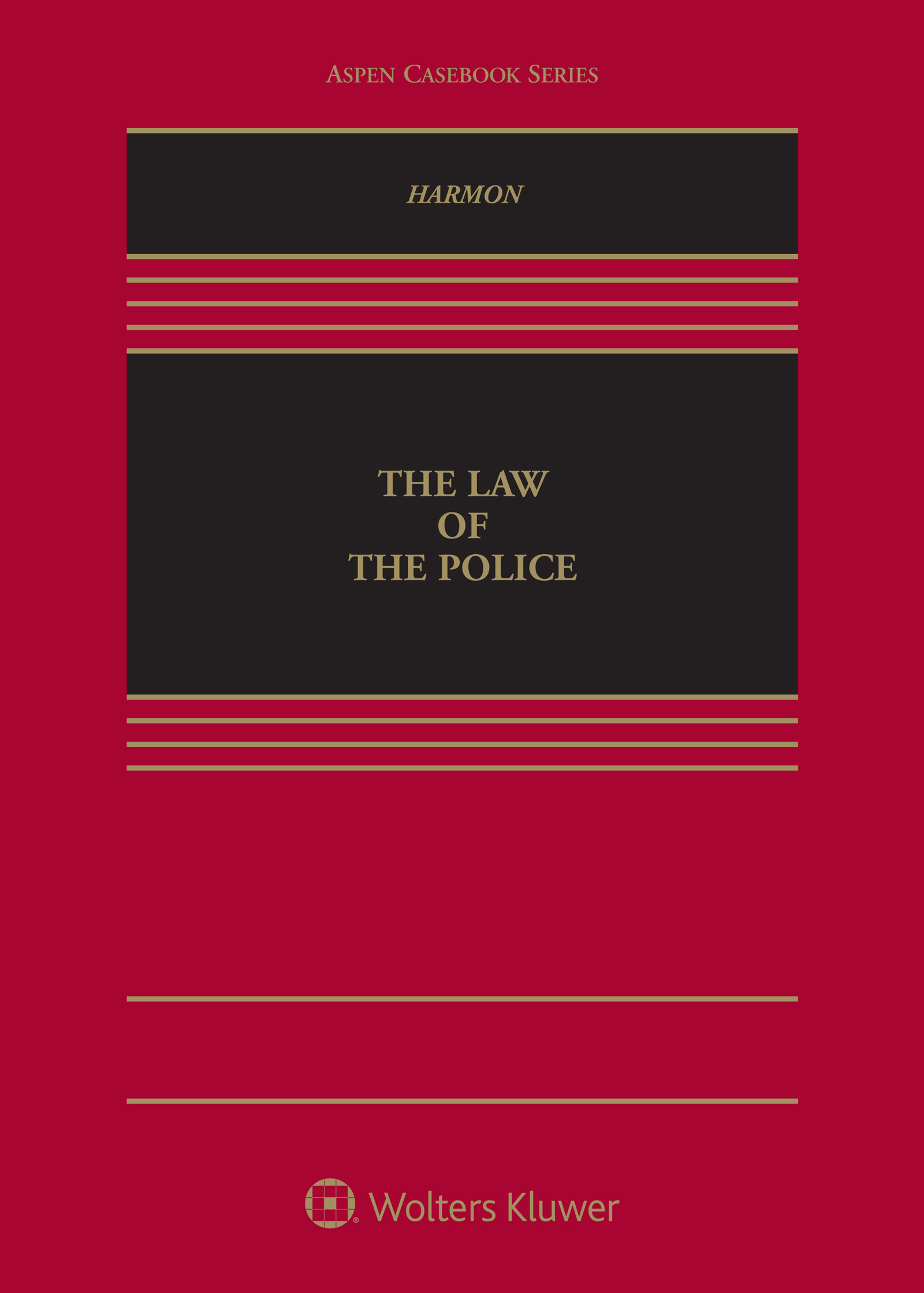
Rachel Harmon (University of Virginia Law School)
The Law of the Police
Wolters Kluwer, 2021
Explores the complex array of federal, state, and local legal rules that govern police encounters with the public.
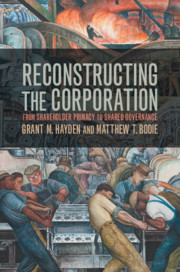
Grant M. Hayden (Southern Methodist University Dedman School of Law) and Matthew T. Bodie (Saint Louis University School of Law)
Reconstructing the Corporation: From Shareholder Primacy to Shared Governance
Cambridge University Press, February 2021
This book critically examines the current state of corporate governance law and provides decisive rebuttals to longstanding arguments for the exclusive shareholder franchise.
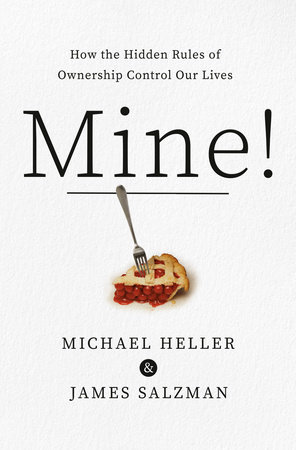
Michael Heller (Columbia Law School), James Salzman (UCLA Law)
Mine!: How the Hidden Rules of Ownership Control Our Lives
Penguin Random House, 2021
A hidden set of rules governs who owns what–explaining everything from whether you can recline your airplane seat to why HBO lets you borrow a password illegally–and in this lively and entertaining guide, two acclaimed law professors reveal how things become “mine.”
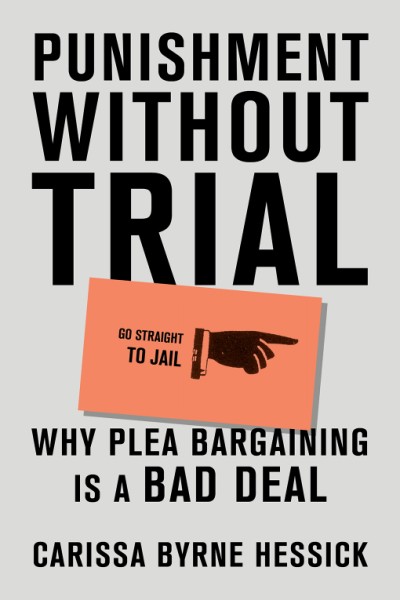
Carissa Byrne Hessick (University of North Carolina School of Law)
Punishment Without Trial: Why Plea Bargaining is a Bad Deal
Abrams Books, 2021
A provocative and timely exploration of how plea bargaining prevents true criminal justice reform and how we can fix it.
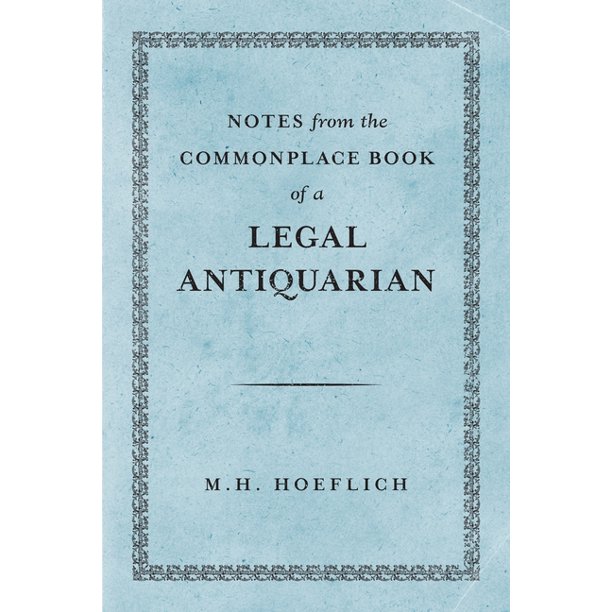 M.H. Hoeflich (University of Kansas School of Law)
M.H. Hoeflich (University of Kansas School of Law)
Notes from the Commonplace Book of a Legal Antiquarian
Talbot Publishing, 2021
In the tradition of commonplacing, the recording of extracts from favorite texts, the author has selected sixteen pieces of poetry, prose and legal ephemera from his personal library for the enjoyment of his readers. These selections on lawyers and the law include ten pieces of prose, four poems, one original essay and a menu from a dinner given by a Harvard Law School social club in 1893. With wit, charm and introspection, they span the seventeenth through the twentieth centuries, paying homage to the lawyer’s life, “one of unwearied exertion”-for better or worse.
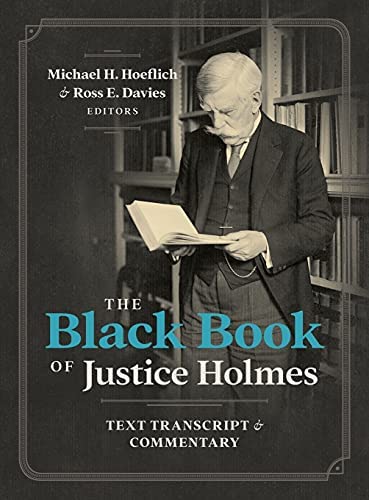 Michael H. Hoeflich (University of Kansas School of Law), Ross E. Davies (George Mason University Antonin Scalia Law School)
Michael H. Hoeflich (University of Kansas School of Law), Ross E. Davies (George Mason University Antonin Scalia Law School)
The Black Book of Justice Holmes: Text Transcript and Commentary
Talbot Publishing, 2021
Justice Oliver Wendell Holmes, Jr. (1841-1935) is one of the most significant figures in American history, both as a judge and as a legal scholar. For more than 50 years, Holmes filled his Black Book with lists of books he read, accounts of his travels, and even observations about flower blooms in Washington, DC, where he served on the U.S. Supreme Court from 1902 to 1932, and where he lived and continued to make entries in his Black Book until his death in 1935. This volume gives insight into his mind and activities for a half-century. Here the original text is provided in facsimile, with a transcription on facing pages.
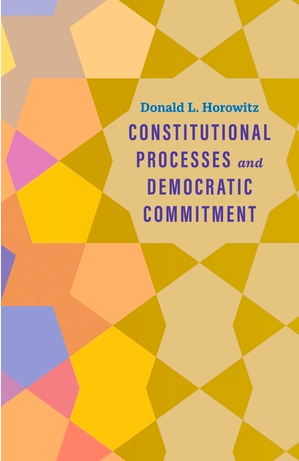
Donald L. Horowitz (Duke University School of Law)
Constitutional Processes and Democratic Commitment
Yale University Press, 2021
This book argues that constitutional processes ought to be geared to securing commitment to democracy by those who participate in them.Using evidence from constitutional processes, the author makes a case for a process intended to increase the likelihood of a democratic outcome and assesses tradeoffs among various process attributes and identifies some that might impede democratic outcomes.
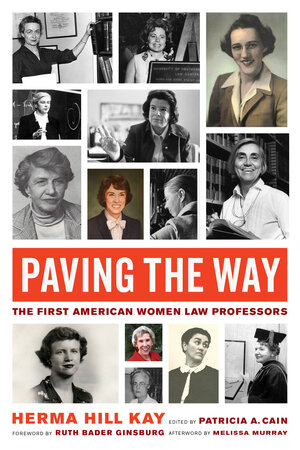
Herma Hill Kay (UC Berkeley School of Law)
Paving the Way: The First American Women Law Professors
University of California Press, 2021
The first wave of trailblazing female law professors and the stage they set for American democracy. Foreword by Ruth Bader Ginsburg
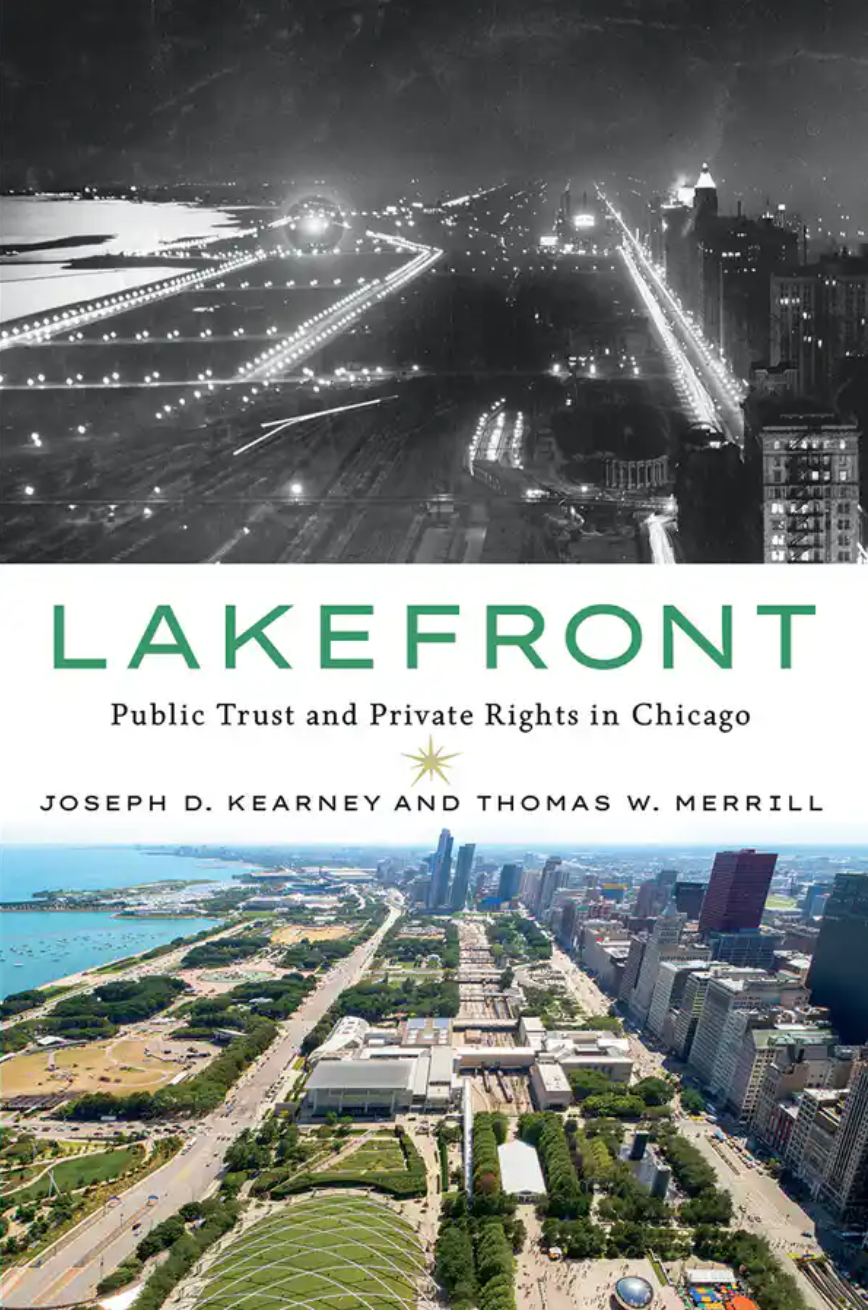
Joseph D. Kearney (Marquette University School of Law), Thomas W. Merrill (Columbia Law School)
Lakefront: Public Trust and Private Rights in Chicago
Cornell University Press, 2021
How did Chicago, a city known for commerce, come to have such a splendid public waterfront—its most treasured asset? A story of social, political, and legal conflict in which private and public rights have clashed repeatedly over time.
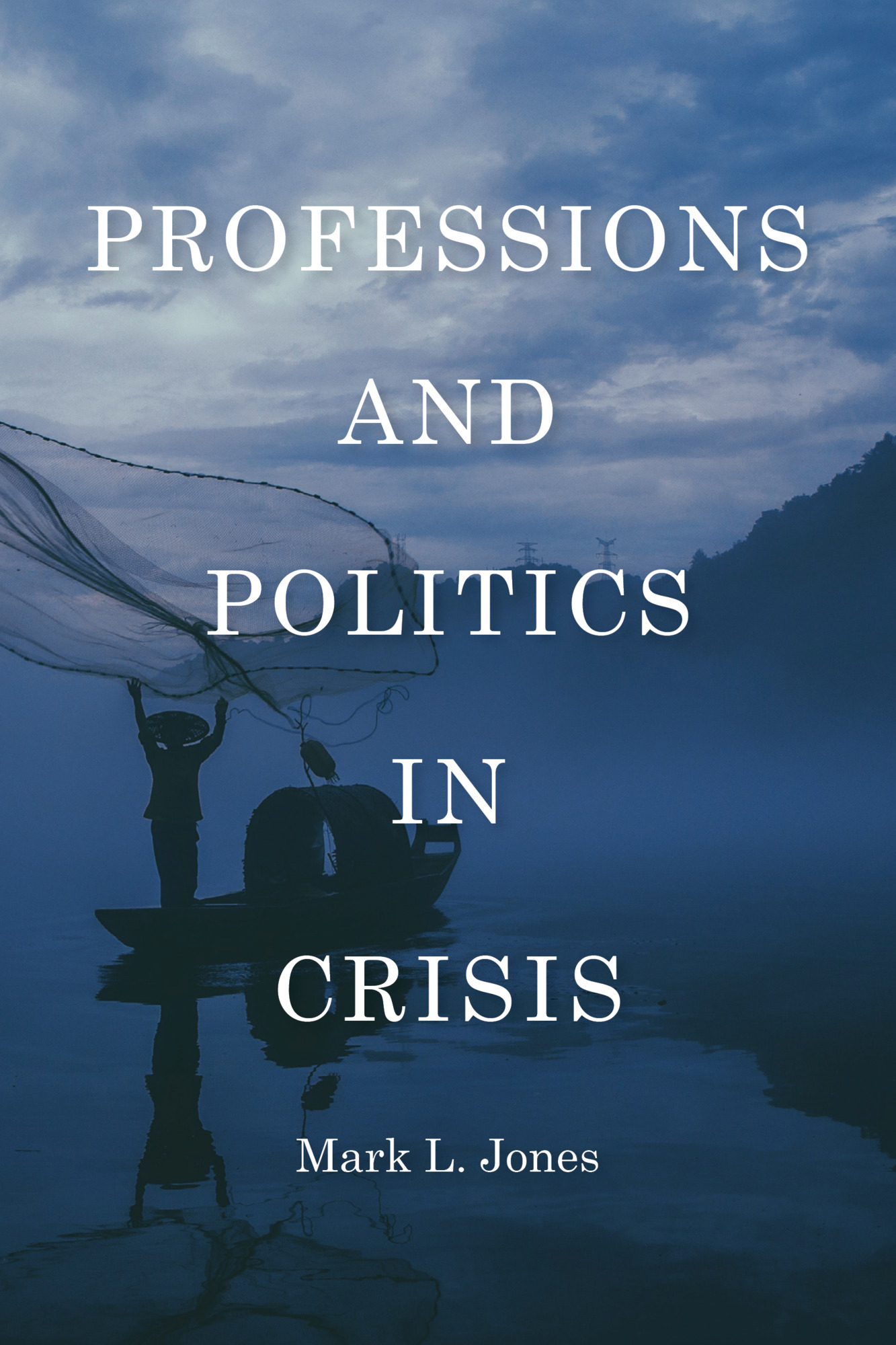
Mark L. Jones (Mercer University School of Law)
Professions and Politics in Crisis
Carolina Academic Press, 2021
This book contends that the crises of well-being, distress, and dysfunction currently afflicting the legal profession, other professions, and our politics can best be addressed by encouraging people to pursue a flourishing life of meaning and purpose focused on achieving common goods in communities of excellence and virtue.
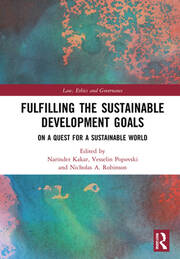
Narinder Kakar (Elisabeth Haub School of Law at Pace University), Vesselin Popovski (Jindal Global Law School, Sonipat, India), and Nicholas Robinson, (Elisabeth Haub School of Law at Pace University)
Fulfilling the Sustainable Development Goals: On a Quest for a Sustainable World
Routledge, 2021
This book contains assessment of the progress, or the lack of it, in implementing the UN Sustainable Development Goals (SDGs). Through review of the assessments and of case studies, readers can draw lessons from the actions that could work to positively address the goals.
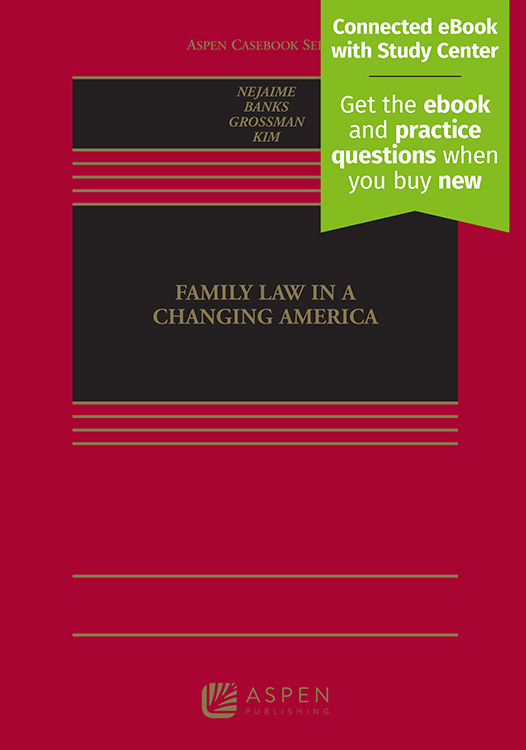 Suzanne Kim (Rutgers Law School), Douglas NeJaime (Yale Law), Richard Banks (Stanford Law), Joanna Grossman (SMU Dedman Law)
Suzanne Kim (Rutgers Law School), Douglas NeJaime (Yale Law), Richard Banks (Stanford Law), Joanna Grossman (SMU Dedman Law)
Family Law in a Changing America
Aspen Publishing, 2021
Family Law in a Changing America is a new casebook that highlights law and family patterns as they are now, not as they were decades ago. By focusing on key changes in family life, the casebook attends to rising equality and inequality within and among families. The law, formally at least, accords more equality and autonomy than ever before, having repudiated hierarchies based on race, gender, and sexuality. Yet, as our society has grown more economically unequal, so too have family patterns diverged—with marriage and marital child-rearing becoming a mark of privilege. A number of developments—mass incarceration, the privatization of care, and reproductive technologies—have also contributed to disparities based on race, class, and gender. The casebook reflects the law’s continuing emphasis on marriage, but also treats nonmarital families as central. Rather than privilege the marital heterosexual family, the casebook organizes the presentation of the law around 1) adult relationships and 2) parent-child relationships.
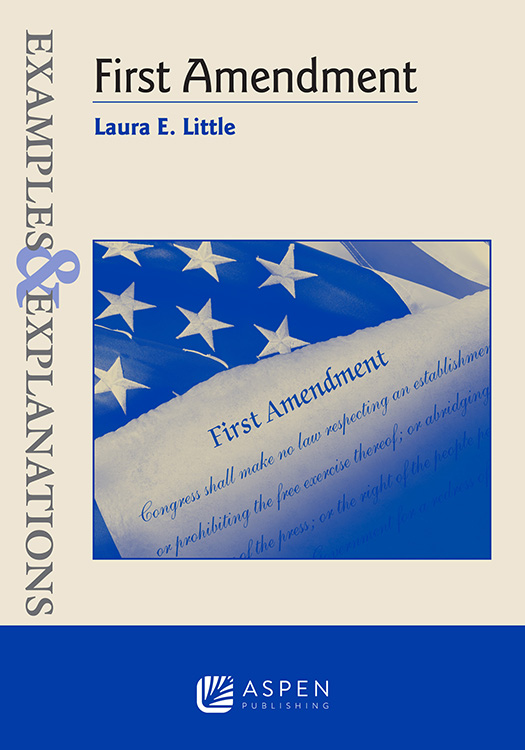 Laura E. Little (Temple Law School)
Laura E. Little (Temple Law School)
Examples and Explanations for First Amendment Law Aspen Publishing, 2021
Following the proven Examples and Explanations format, the book covers all of the amendment’s major topics – with emphasis on speech and religion. Professor Little presents hypothetical examples that range from simple and straightforward to complex and rich. As a result, students using the book can acquire both basic and advanced knowledge of First Amendment doctrine.
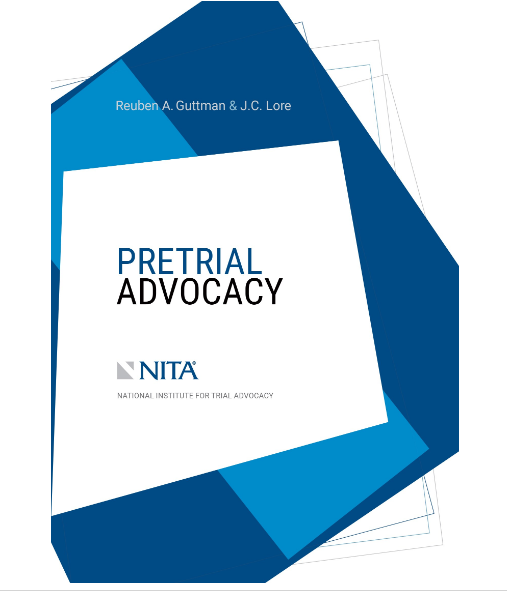 John Lore (Rutgers Law School), Reuben Guttman (American University, Washington College of Law)
John Lore (Rutgers Law School), Reuben Guttman (American University, Washington College of Law)
Pretrial Advocacy
NITA, 2021
Pretrial Advocacy is the ideal textbook for law school clinics, law school pretrial litigation courses, and practicing lawyers. Both practical and theoretical, it teaches litigation as a process informed by rules and cases, but also by strategic considerations. Its hands-on and accessible text makes it a perfect reference for learning skills and a continuing reference.
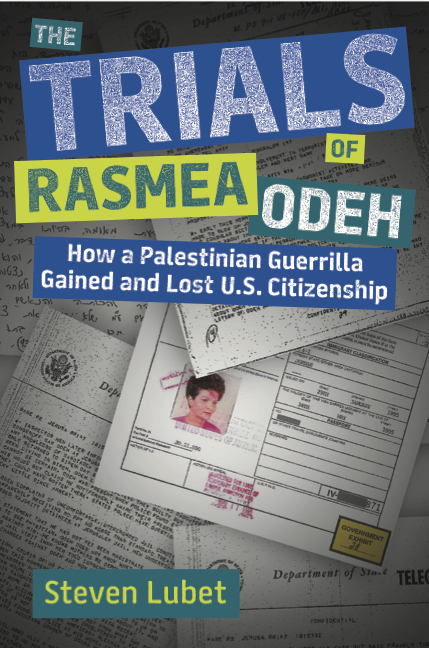
Steven Lubet (Northwestern University Pritzker School Of Law)
The Trials of Rasmea Odeh: How a Palestinian Guerrilla Gained and Lost U.S. Citizenship
George Mason University Press, 2021
Based on extensive research, The Trials of Rasmea Odeh separates fact from fiction as it follows the remarkable twists of this story, even—or especially—where those facts subvert one political narrative or another.
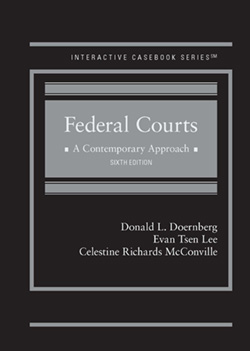
Celestine R. McConville (Chapman University Fowler School of Law), Evan Tsen Lee (University of California, Hastings College of the Law), Donald L. Doernberg (Pace Law School)
Federal Courts: A Contemporary Approach, 6th Edition
West Academic, 2021
The Sixth Edition retains the existing structure and interactive features, but now includes multiple-choice questions at the end of each chapter, with explanations for each alternative.
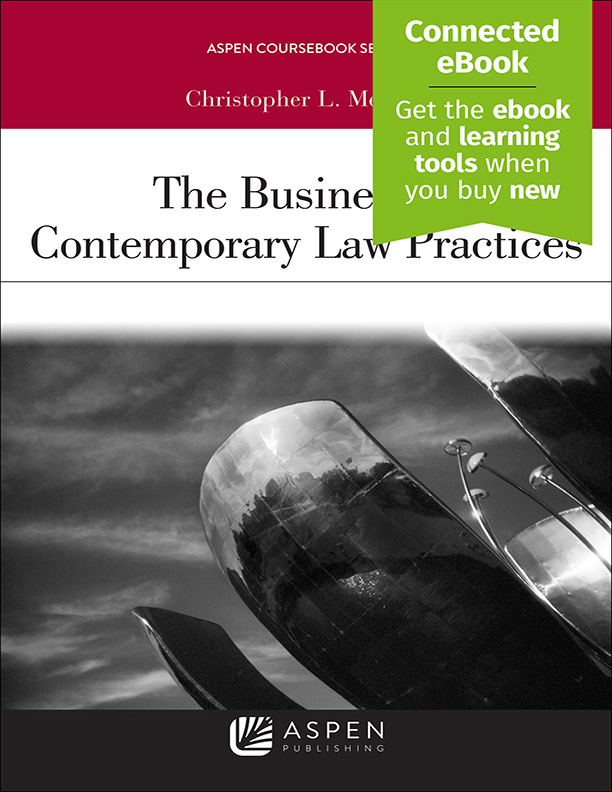
Christopher L. Meazell (Wake Forest School of Law)
The Business of Contemporary Law Practices
Aspen Publishing, 2021
The contemporary law practice has fundamentally changed. There has been a power shift from law firms to clients due to economic shifts, the impact of technology, and a leveling of information and metrics. Client focus, understanding, and service are more important than ever. It is clear that recent law graduates need to have an astute comprehension of business fundamentals and appreciation of the business drivers underpinning the practice of law.
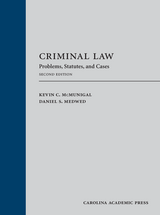
Daniel Medwed (Northeastern University School of Law), and Kevin McMunigal (Case Western Reserve University School of Law)
Criminal Law Problems, Statutes, and Cases
Carolina Academic Press, 2021
This book combines teaching methods, such as the use of problems and visual materials, with cases, including recent opinions on bias intimidation, threatening speech on social media, and theft of computer code.
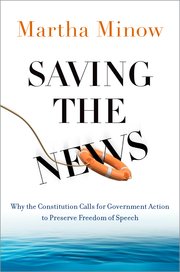
Martha Minow (Harvard Law School)
Saving the News: Why the Constitution Calls for Government Action to Preserve Freedom of Speech
Oxford University Press, 2021
A detailed argument of how our government has interfered in the direction of America’s media landscape that traces major transformations in media since the printing press and charts a path for reform.

M.C. Mirow (Florida International University College of Law) and Howard M. Wasserman (Florida International University College of Law)
Painting Constitutional Law: Xavier Cortada’s Images of Constitutional Rights
Brill, January 2021
Xavier Cortada portrays ten significant decisions by the Supreme Court of the United States that originated from people, places, and events in Florida.
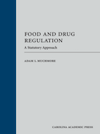
Adam I. Muchmore (Penn State Law – University Park)
Food and Drug Regulation: A Statutory Approach
Carolina Academic Press, 2021
This book presents food and drug regulation as a statutory subject. It is organized around the structure of the Federal Food, Drug, and Cosmetic Act (FFDCA), and emphasizes guided reading of statutes, regulations, and federal register documents. Cases are presented primarily when they involve major issues of statutory interpretation, are historically significant, or are in one of the areas where case law plays a major role.
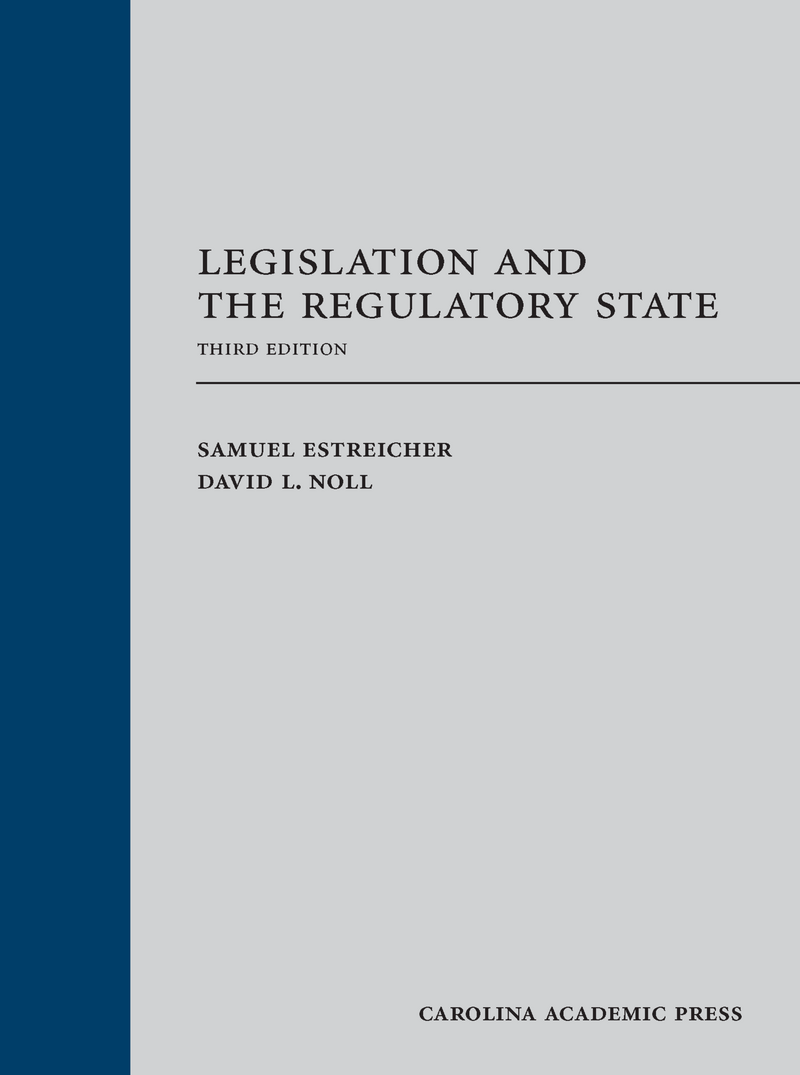 David Noll (Rutgers Law School), Samuel Estreicher (NYU Law)
David Noll (Rutgers Law School), Samuel Estreicher (NYU Law)
Legislation and the Regulatory State
Carolina Acedemic Press, 2021
Estreicher & Noll’s Legislation and the Regulatory State provides an accessible, up-to-date introduction to the institutions and procedures of the modern regulatory state. Designed to emphasize regulatory policymaking and the practical aspects of administrative lawyering, the casebook explores Congress’s reasons for regulating and the choices it makes when enacting legislation, the legislative process and tools of statutory interpretation, administrative agencies’ position within the Constitution’s system of separated powers, the Administrative Procedure Act, and judicial review of agency action.
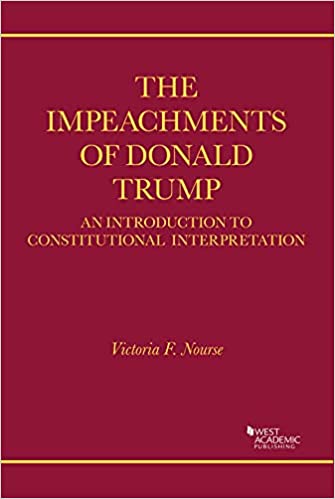
Victoria Nourse (Georgetown Law Center)
The Impeachments of Donald Trump: An Introduction to Constitutional Interpretation
West Publishing, 2021
An accessible introduction to one of the nation’s most searing constitutional confrontations between the President and Congress. This book provides a curated record of a constitutional moment of extraordinary importance in the history of modern democracy. It is pitched at a wider audience than standard legal texts, and can be used to teach the very basics of legal argument to undergraduates as well as first-year law students.
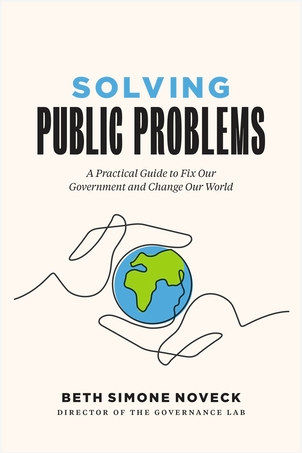
Beth Simone Noveck (Northeastern University School of Law)
Solving Public Problems: A Practical Guide to Fix Our Government and Change Our World
Yale University Press, 2021
This book offers a rethinking of the role of the public servant and the skills of the public workforce. The book is about the gap between failing public institutions and the huge number of public entrepreneurs doing extraordinary things and how to close that gap.
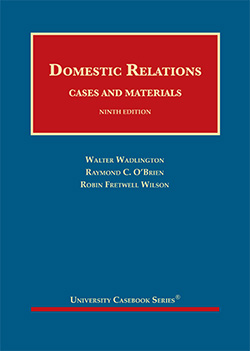
Raymond O’Brien (The Catholic University of America Columbus School of Law)
Domestic Relations: Cases and Materials
West Academic, 2021
This book incorporates judicial opinions from state, federal, and international courts that illustrate the evolution and dynamism of domestic relations with compelling factual scenarios that illustrate both statutory and common law. Specifically, the casebook utilizes the newly revised Uniform Parentage Act, the federal Family First Prevention Services Act, and other newly enacted statutes pertaining to domestic violence, joint physical custody, and assisted reproductive technology.
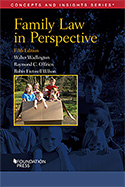
Raymond C. O’Brien (Catholic University Law School)
Family Law in Perspective
West Academic, 2021
This book continues the focus of providing students, practitioners, and observers with insight into the ever-changing parameters of laws pertaining to family structure and responsibilities. Specifically, this book addresses, among other topics, nonmarital cohabitation, establishment of paternity, premarital and marital contracting, assisted reproductive technology, marriage, and divorce.
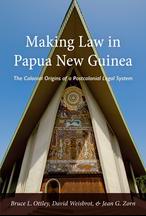
Bruce L. Ottley, David Weisbrot, Jean Zorn
Making Law in Papua New Guinea: The Colonial Origins of a Postcolonial Legal System
Carolina Academic Press, 2021
This book explores the potent and enduring grip of colonialism on law and politics long after the colonial regime has been formally disbanded. The book offers insights into the many reasons why postcolonial nations remain imprisoned in colonial laws, institutions, and attitudes.
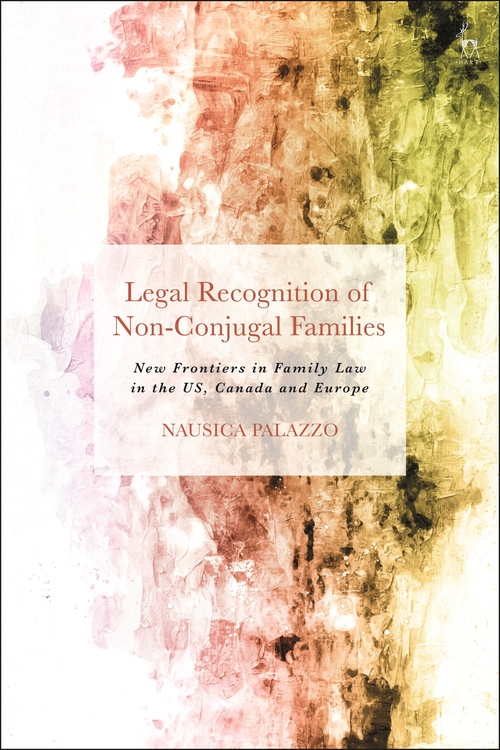
Nausica Palazzo (The Hebrew University of Jerusalem)
Legal Recognition of Non-Conjugal Families
Hart Publishing, 2021
This book argues that insufficient recognition of new families is a legal problem that needs fixing in light of recent evolutions in family patterns and normative conceptions of ‘family’.
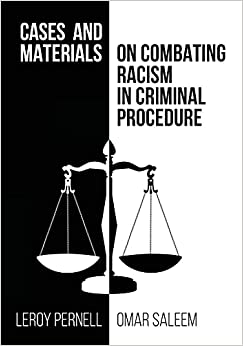
LeRoy Pernell (Florida A&M University College of Law), Omar Saleem (Florida A&M University College of Law)
Cases and Materials on Combatting Racism in Criminal Procedure
Vandeplas Publishing, 2021
This book addresses the emerging national concern over the unwanted, but often ignored, role of race in American criminal justice. Legal scholars have long noted that race plays a role in how our criminal process works. However, no previous casebook has systematically traced the role that race has played at each major stage of the criminal process, while noting analytical and practical strategies that have been used to minimize race’s influence.
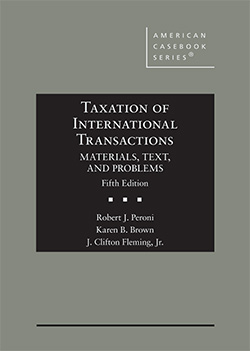
Robert J. Peroni (Texas Austin), Karen B. Brown (George Washington), J. Clifton Fleming, Jr (BYU)
Taxation of International Transactions: Materials, Text, and Problems
West Academic, 2021
This book outlines the determination of U.S. income tax liabilities resulting from international transactions and the issues attending administration of the U.S. international tax rules.
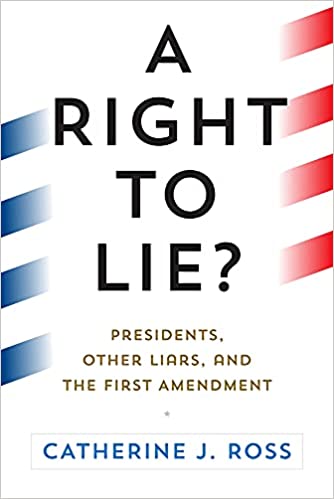
Catherine J. Ross (George Washington University Law School)
A Right to Lie?
University of Pennsylvania Press, 2021
Ross reveals the almost insurmountable constitutional and practical obstacles to legal efforts to rein in public deception. She explains the rules that govern the treatment of lies, while also demonstrating the incalculable damage presidential mendacity may lead to, as revealed in President Trump’s lies about the COVID-19 pandemic and the legitimacy of the 2020 election.
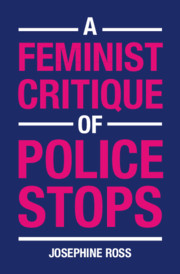
Josephine Ross (Howard University School of Law)
A Feminist Critique of Police Stops
Cambridge University Press, 2021
Building on feminist principles, Ross demonstrates why the Supreme Court got it wrong when it allowed police to stop, search, and sometimes strip-search people and call it consent.
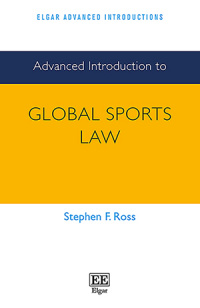
Stephen F. Ross (Penn State Law)
Advanced Introduction to Global Sports Law
Edward Elgar Publishing, 2021
This succinct introduction to key topics of law specific to sports compares approaches to sports law across the globe, with particular focus on the United States, Europe, and common law jurisdictions. Contrasting the profit-maximizing approach of North American leagues with the global integrated approach of professional sports governed by national and international governing boards, the book offers a novel model for the latter.
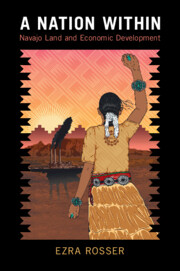
Ezra Rosser (American University Washington College of Law)
A Nation Within: Navajo Land and Economic Development
Cambridge University Press, 2021
In this book, Ezra Rosser explores the connection between land-use patterns and development in the Navajo Nation. Roughly the size of Ireland or West Virginia, the Navajo reservation has seen successive waves of natural resource-based development over the last century.
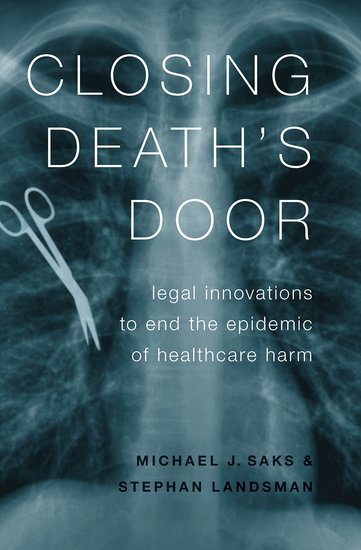
Michael Saks (Sandra Day O’Connor College of Law, Arizona State University), Stephan Landsman (DePaul University College of Law)
Closing Death’s Door: Legal Innovations to End the Epidemic of Healthcare Harm
Oxford University Press, 2021
This book brings the psychology of decision making together with the law to explore ways to improve patient safety and reduce iatrogenic injury, when neither the healthcare industry itself nor the legal system has made a substantial dent in the problem.
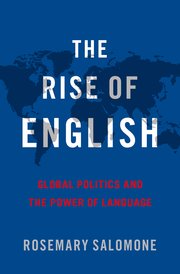
Rosemary Salomone (St. John’s University School of Law)
The Rise of English
Oxford University Press, 2021
Spoken by a quarter of the world’s population, English is today’s lingua franca–its common tongue. The language of business, popular media, and international politics, English has become commodified for its economic value and increasingly detached from any particular nation. This meteoric “rise of English” has many obvious benefits to communication. Tourists can travel abroad with greater ease. Political leaders can directly engage their counterparts.
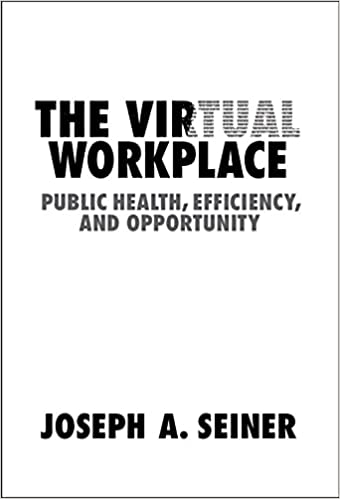
Joseph A. Seiner (University of South Carolina School of Law)
The Virtual Workplace: Public Health, Efficiency, and Opportunity
Cambridge University Press, 2021
Explores the emerging issues of virtual work and looks at how employers have turned to technology during the pandemic.

Rosemary Salomone (St. John’s University School of Law)
The Rise of English
Oxford University Press, 2021
Spoken by a quarter of the world’s population, English is today’s lingua franca–its common tongue. The language of business, popular media, and international politics, English has become commodified for its economic value and increasingly detached from any particular nation. This meteoric “rise of English” has many obvious benefits to communication. Tourists can travel abroad with greater ease. Political leaders can directly engage their counterparts.
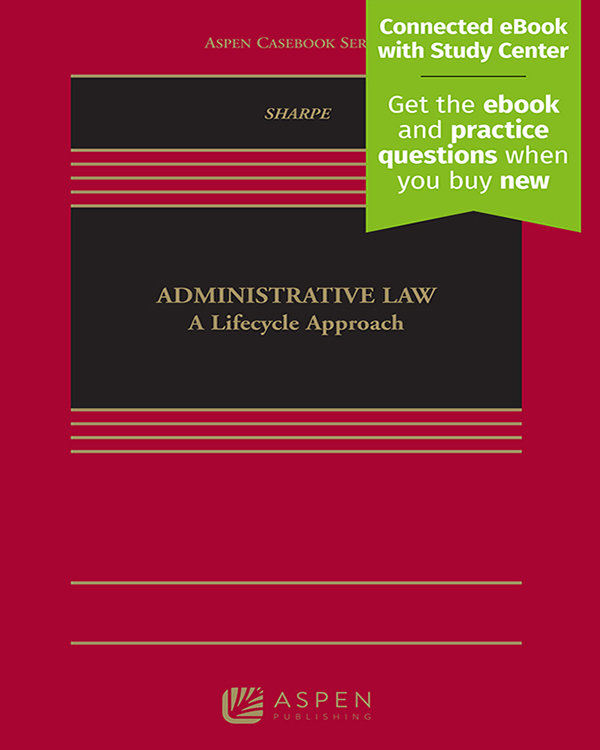
Jamelle C. Sharpe (University of Illinois College of Law)
Administrative Law: A Lifecycle Approach, First Edition
Aspen Publishing, 2021
At its core, administrative law is a process-driven course. Nevertheless, traditional casebooks are organized around legal concepts and doctrines rather than the basic stages of administrative decision-making. This casebook improves on the traditional model by following the major steps in the administrative process, thereby providing students with ample grounding in the law and practice governing it.
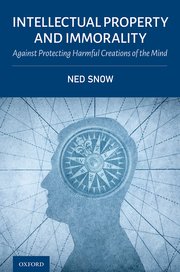 Ned Snow (University of South Carolina School of Law)
Ned Snow (University of South Carolina School of Law)
Intellectual Property and Immorality
Oxford University Press, 2021
Discusses a host of issues in intellectual property law and considers whether the theories that underlie intellectual property law suggest that morality may be reason to deny protection. Debates that certain intellectual creations should not receive patent or copyright protection on the grounds that those works are harmful to society. Addresses the intersection between denying intellectual property protection and maintaining free speech protection.
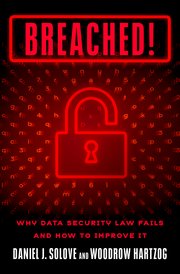
Daniel J. Solove (George Washington University Law School), Woodrow Hartzog (Northeastern University School of Law)
Breached! Why Data Security Law Fails and How to Improve It
Oxford University Press, 2021
This book is an account of how the law contributes to the insecurity of our data and ways to rethink it. Digital connections permeate our lives-and so do data breaches. Given that we must be online for basic communication, finance, healthcare, and more, it is alarming how difficult it is to create rules for securing our personal information. Despite the passage of many data security laws, data breaches are increasing at a record pace. Drawing insights from stories about data breaches, the authors show how major breaches could have been prevented or mitigated through a different approach to data security rules and set out holistic vision for data security law in the future.
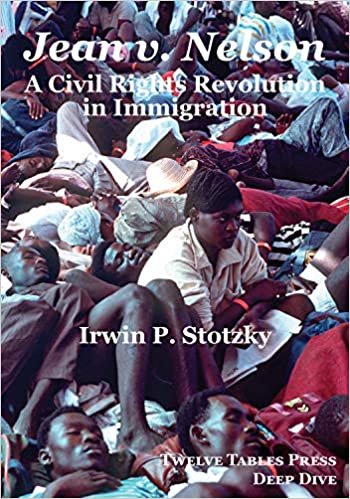
Irwin P. Stotzky (University of Miami School of Law)
Jean v. Nelson A Civil Rights Revolution in Immigration
Twelve Tables Press, 2021
Using the litigation documents and the sequential storyline of the plight of the Haitian asylum seekers, Jean v. Nelson litigation attorney and University of Miami Professor of Law Irwin P. Stotzky, takes the reader through the landmark trial and complicated appellate process to the final United States Supreme Court decision. In doing so, he uses the actual filed documents, asides, and backstory, including the impact of Justice Marshall’s dissent at the root of all current immigration law litigation, the guarantee of equal protection to asylum seekers detained around the United States.
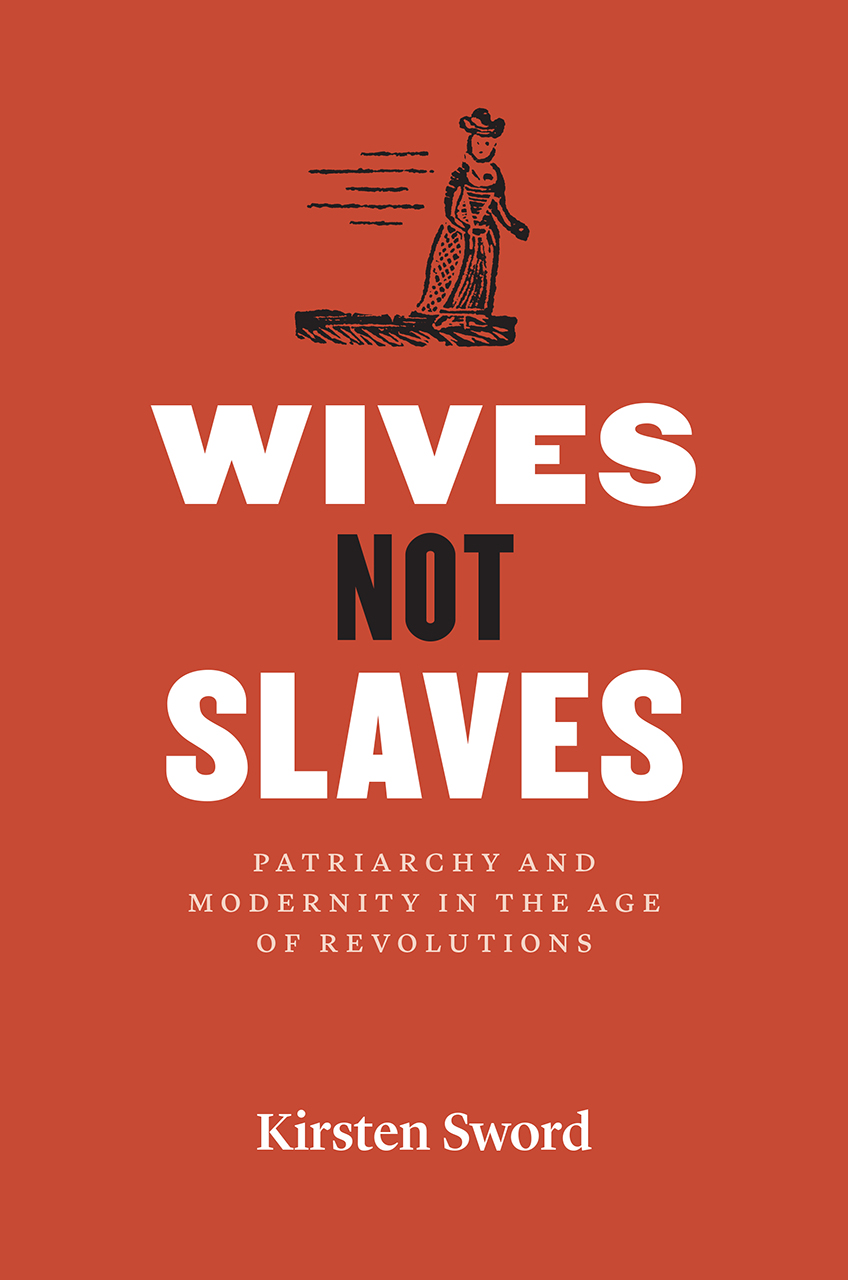
Kirsten Sword ( Indiana University Bloomington)
Sword on wives in early America
The University of Chicago Press, 2021
A richly researched history that reconstructs the stories of wives who fled their husbands between the mid-seventeenth and early nineteenth centuries, comparing their plight with that of other runaway dependents.
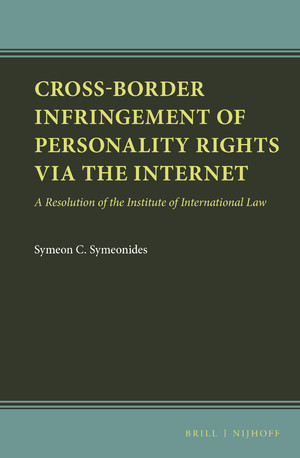
Symeon C. Symeonides (Willamette University College of Law)
Cross-Border Infringement of Personality Rights via the Internet
Brill, Januay 2021
This book explores the ways in which various Western countries have addressed conflicts of laws arising from injuries to rights of personality—such as defamation or invasion of privacy—but also advances new, practical ideas about how these conflicts should be resolved.
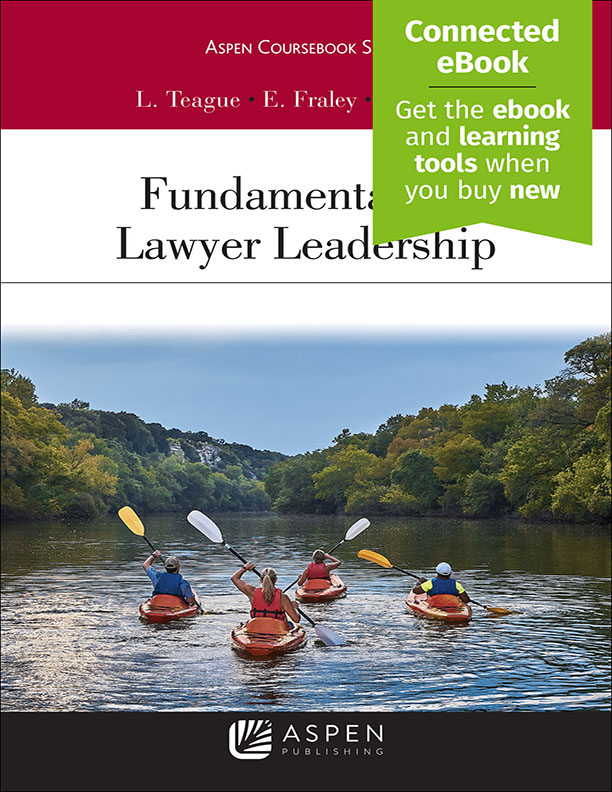 Leah W. Teague (Baylor University School of Law), Stephen Rispoli (Baylor University School of Law), Elizabeth Fraley (Baylor University School of Law)
Leah W. Teague (Baylor University School of Law), Stephen Rispoli (Baylor University School of Law), Elizabeth Fraley (Baylor University School of Law)
Fundamentals of Lawyer Leadership Aspen Publishing, 2021
In Fundamentals of Lawyer Leadership, we explore the aspects of leadership that law students can develop and improve during their time in law school. This textbook begins with the underpinnings of leadership, what it means, and how history guides our view of it. The book is broken into three parts: Part One – Leadership of Self: Growing into Leadership, Part Two – Leadership with Others: Effective Group Dynamics, and Part Three – Leadership within Community: Service and Impact.
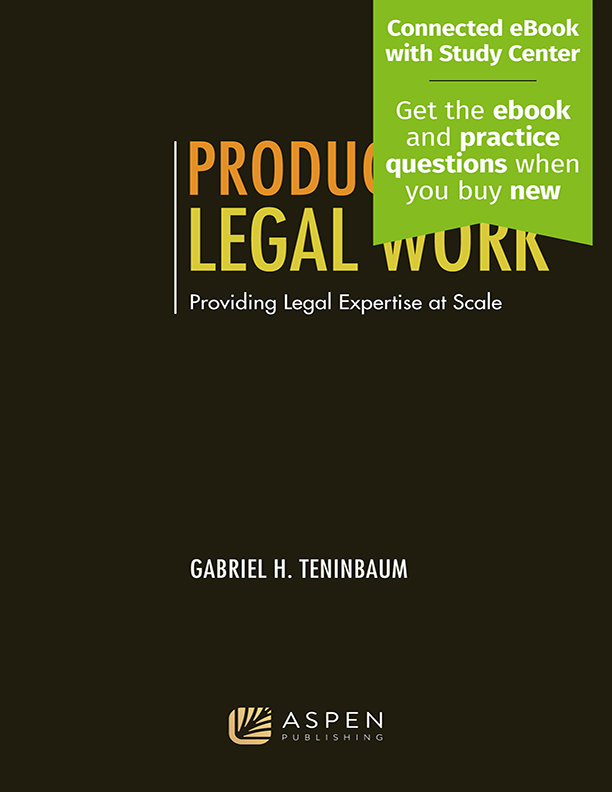 Gabriel H. Teninbaum (Suffolk University Law School)
Gabriel H. Teninbaum (Suffolk University Law School)
Productizing Legal Work: Providing Legal Expertise at Scale Aspen Publishing, 2021
While creating productized services, like TurboTax and LegalZoom, was once challenging and expensive, a new generation of facilitating tools enable any enterprising person – including law students and lawyers – to productize services with greater ease than ever before. This book unpacks the concept and impact of productizing services and provides a step-by-step introduction to the process of productizing legal work.
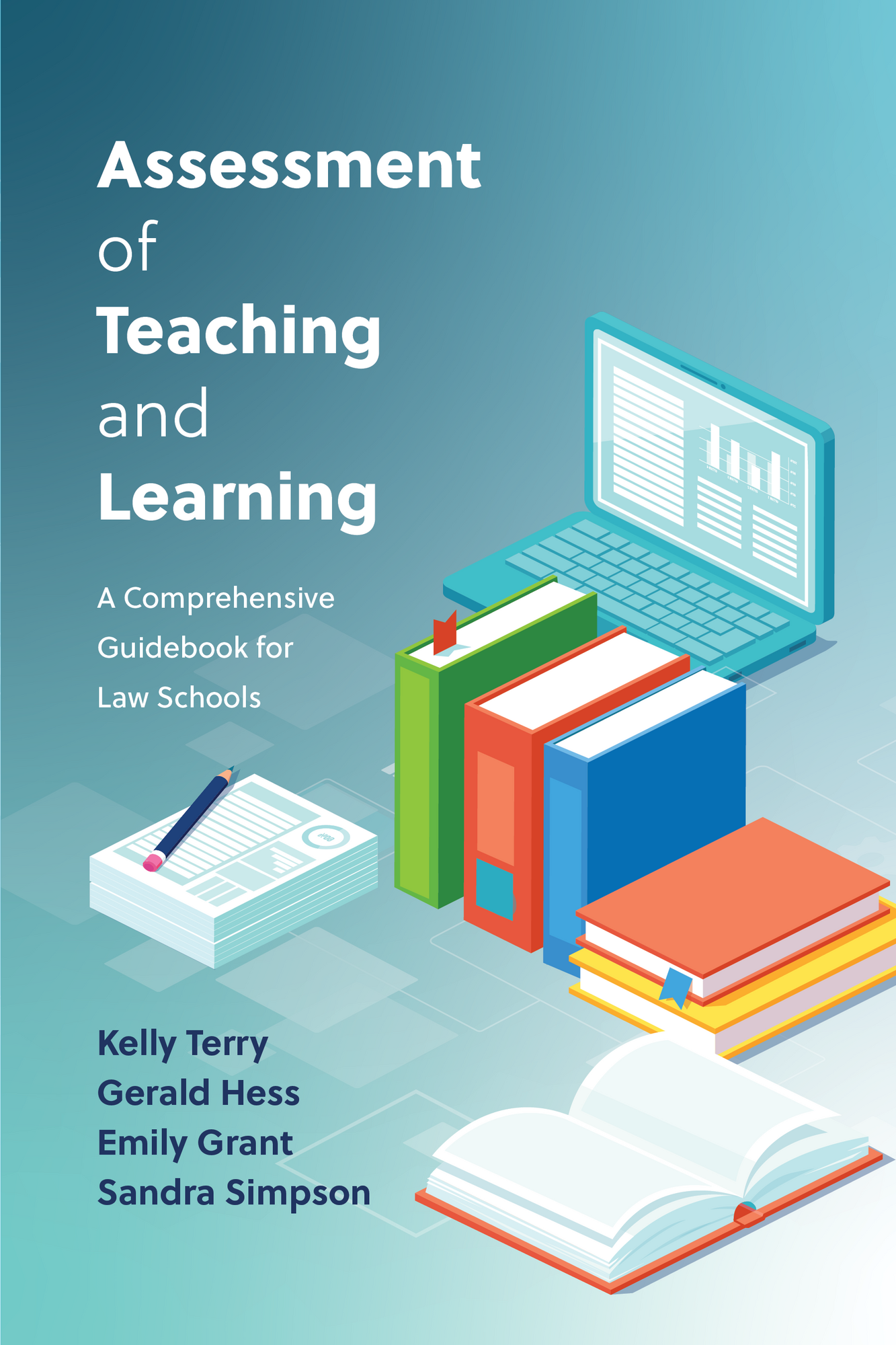
Kelly Terry (University of Arkansas at Little Rock William H. Bowen School of Law), Gerald F. Hess(Gonzaga University School of Law), Emily Grant (Washburn University School of Law) and Sandra Simpson (Gonzaga University School of Law)
Assessment of Teaching and Learning: A Comprehensive Guidebook for Law Schools
Carolina Academic Press, 2021
This book discusses every aspect of assessment from the broad topics of creating a culture of assessment and the institutional assessment process to the more specific topics of assessing student learning at the course and program levels and assessing teaching effectiveness.
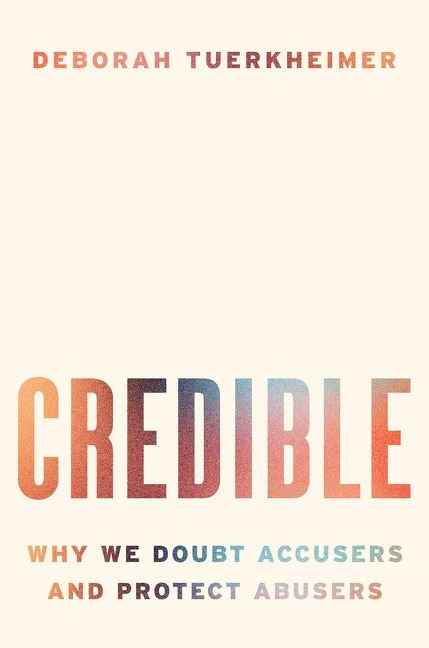
Deborah Tuerkheimer (Northwestern University Pritzker School of Law)
Credible: Why We Doubt Accusers and Protect Abusers
HarperCollins, 2021
Examining why we are primed to disbelieve allegations of sexual abuse—and how we can transform a culture and a legal system structured to dismiss accusers
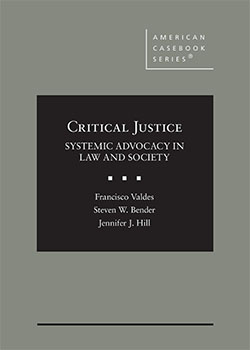
Francisco Valdes (University of Miami), Steven W. Bender (Seattle University School of Law), and Jennifer J. Hill
Critical Justice: Systemic Advocacy in Law and Society
West Academic, 2021
This book equips students and teachers with a framework for confronting systemic injustice by developing systemic advocacy projects rooted in insights of the critical schools of legal knowledge and field-based advocacy approaches.The textbook describes both law’s complicity in maintaining injustice and its importance as a tool in struggles to advance equal justice.
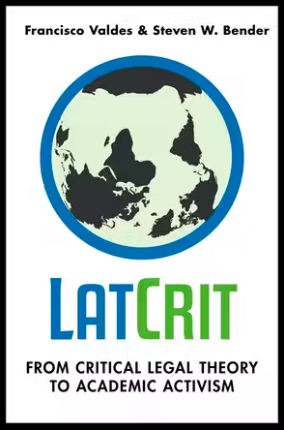
Francisco Valdes (University of Miami School of Law), Steven W. Bender (Seattle University School of Law)
LatCrit: From Critical Legal Theory to Academic Activism
New York University Press, 2021
This book explains LatCrit’s growth and influence as a scholarly and activist community.The book offers a living example of how critical outsider academics can organize long-term collective action, both in law and society, that will help those similarly inclined to better organize themselves.
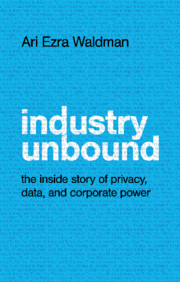
Ari Ezra Waldman (Northeastern University School of Law)
Industry Unbound: The Inside Story of Privacy, Data, and Corporate Power
Cambridge University Press, 2021
This book explains how the tech industry conducts its ongoing crusade to undermine our privacy. With research based on interviews with scores of tech employees and internal documents outlining corporate strategies, the book reveals that companies don’t just lobby against privacy law; they also manipulate how we think about privacy, how their employees approach their work, and how they weaken the law to make data-extractive products the norm.
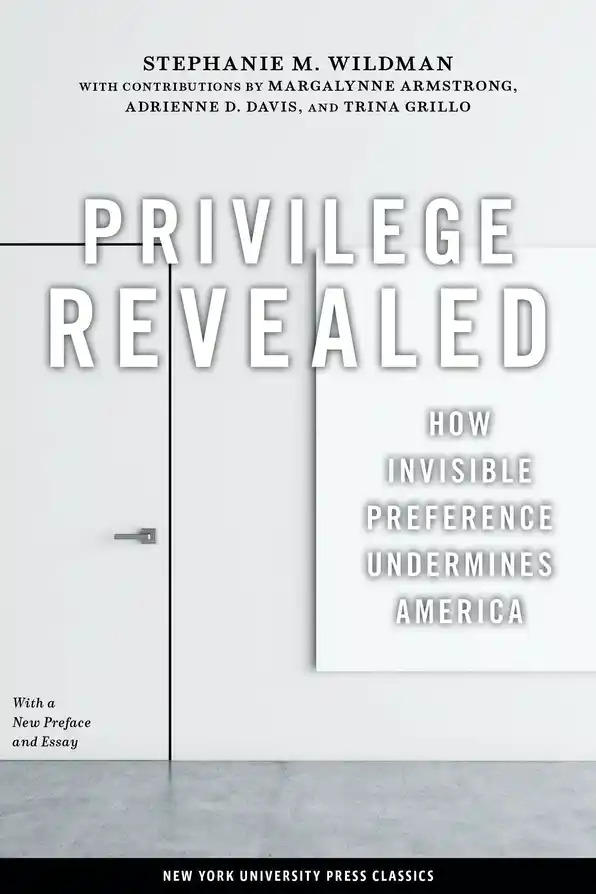
Stephanie M. Wildman (Santa Clara University School of Law)
Privilege Revealed: How Invisible Preference Undermines America
NYU Press, 2021
This book focuses on language, the workplace, the implications of comparing racism and sexism, race-based housing privilege, the dream of diversity and the cycle of exclusion, the rule of law and invisible systems of privilege, and the power of law to transform society.
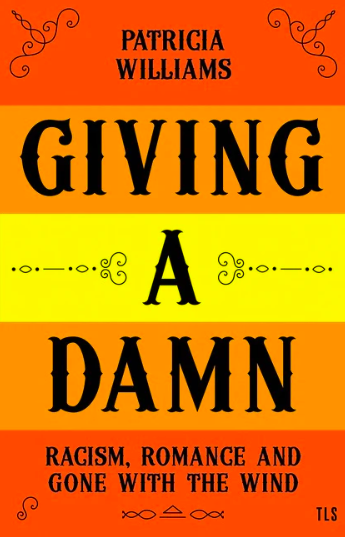
Patricia Williams (Northeastern University School of Law)
Giving a Damn: Racism, Romance and Gone with the Wind
Harper Collins, 2021
In this book, the author finds that when you begin to unpick current debates around immigration, freedom of speech, the culture wars and wall-building, beneath them lies the unexamined history of enslavement in the West.
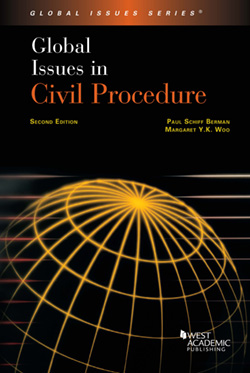
Margaret Woo (Northeastern University School of Law), Paul Schiff Berman (The George Washington University School of Law)
Global Issues in Civil Procedure
West Academic, 2021
This book is designed to facilitate the introduction of international, transnational, and comparative law issues into a first year civil procedure course. The book is very accessible for first year law students (and their professors).
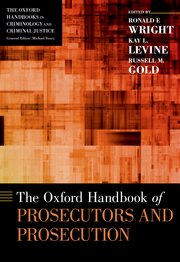
Ronald F. Wright (Wake Forest Law), Kay L. Levine (Emory University School of Law), Russell M. Gold (The University of Alabama School of Law)
The Oxford Handbook of Prosecutors and Prosecution
Oxford University Press, 2021
The power of the modern prosecutor arises from several features of the criminal justice landscape: widespread use of law and order political rhetoric and heightened fear of crime among voters; legislatures’ embrace of extreme sentencing ranges to respond to such concerns; and the uncertain or limited accountability of prosecutors to the electorate, the bar, or other political and professional constituencies.
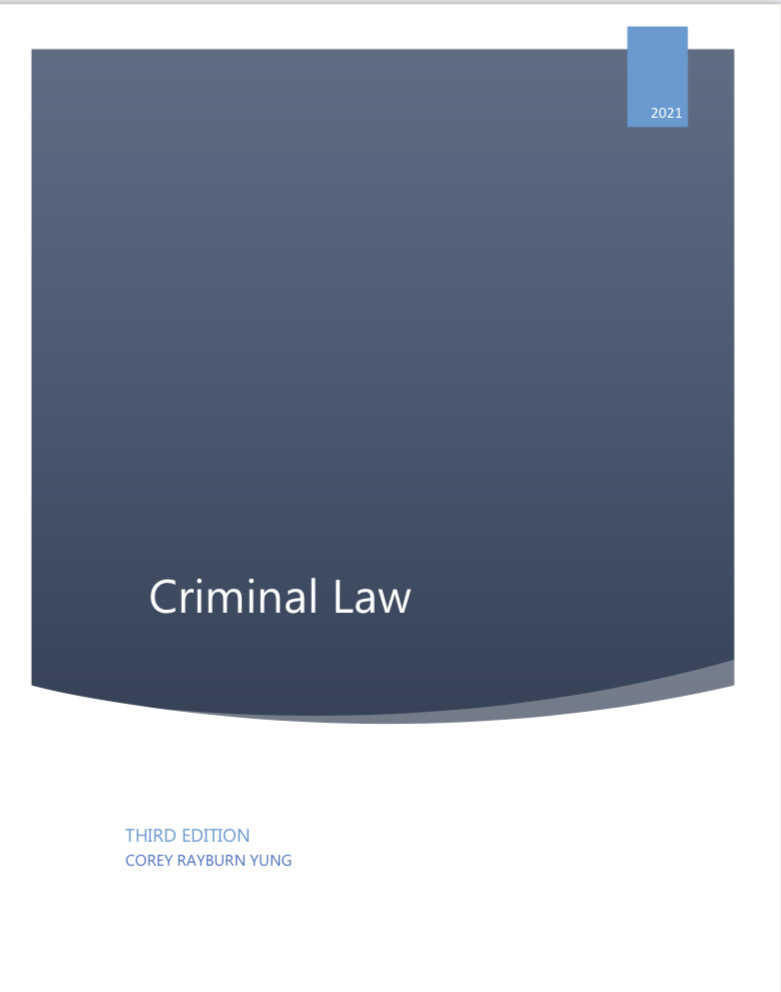 Corey Rayburn Yung (University of Kansas School of Law)
Corey Rayburn Yung (University of Kansas School of Law)
Criminal Law: Third Edition
Creative Commons, 2021
A casebook for a first-year criminal law course at American law schools. It covers statutory interpretation, actus reus, mens rea, attempt, conspiracy, homicide, rape, and general affirmative defenses. The included material is either public domain, Creative Commons, or included with the copyright owner’s permission. The book itself is released under a Creative Commons license which you can find at the beginning of the book. The author encourages editing, revising, and distributing under those permissive terms.
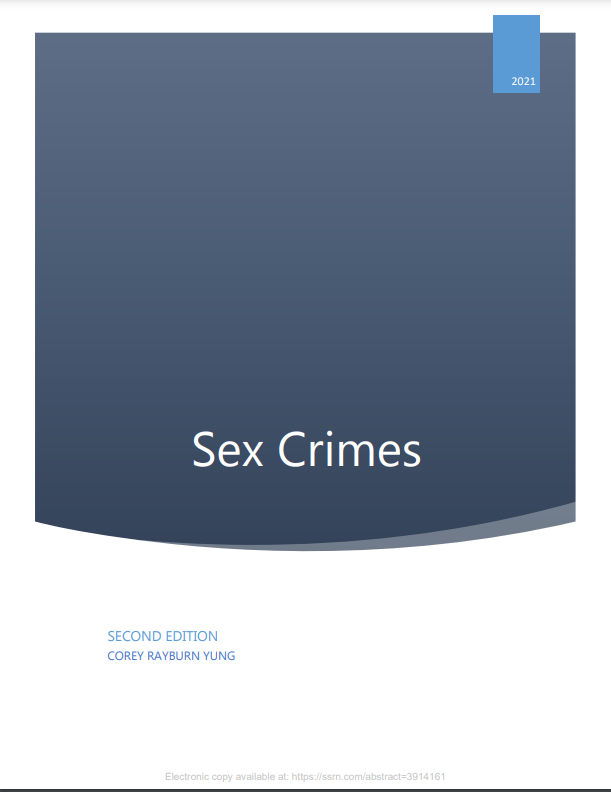 Corey Rayburn Yung (University of Kansas School of Law)
Corey Rayburn Yung (University of Kansas School of Law)
Sex Crimes: Second Edition
SSRN, 2021
This is a textbook for an upper-level Sex Crimes course at a law school or graduate-level seminar in a variety of disciplines. It covers the criminalization of sexual deviance, rape, sexual assault, obscenity, non-consensual pornography, child molestation, incest, child pornography, sex trafficking, sex work, prostitution, sex offender registration, sex offender residency restrictions, and sex offender civil commitment. The included material is either public domain, Creative Commons, or included with the copyright owner’s permission. The book itself is released under a Creative Commons license which you can find at the beginning of the book.
Published in 2020
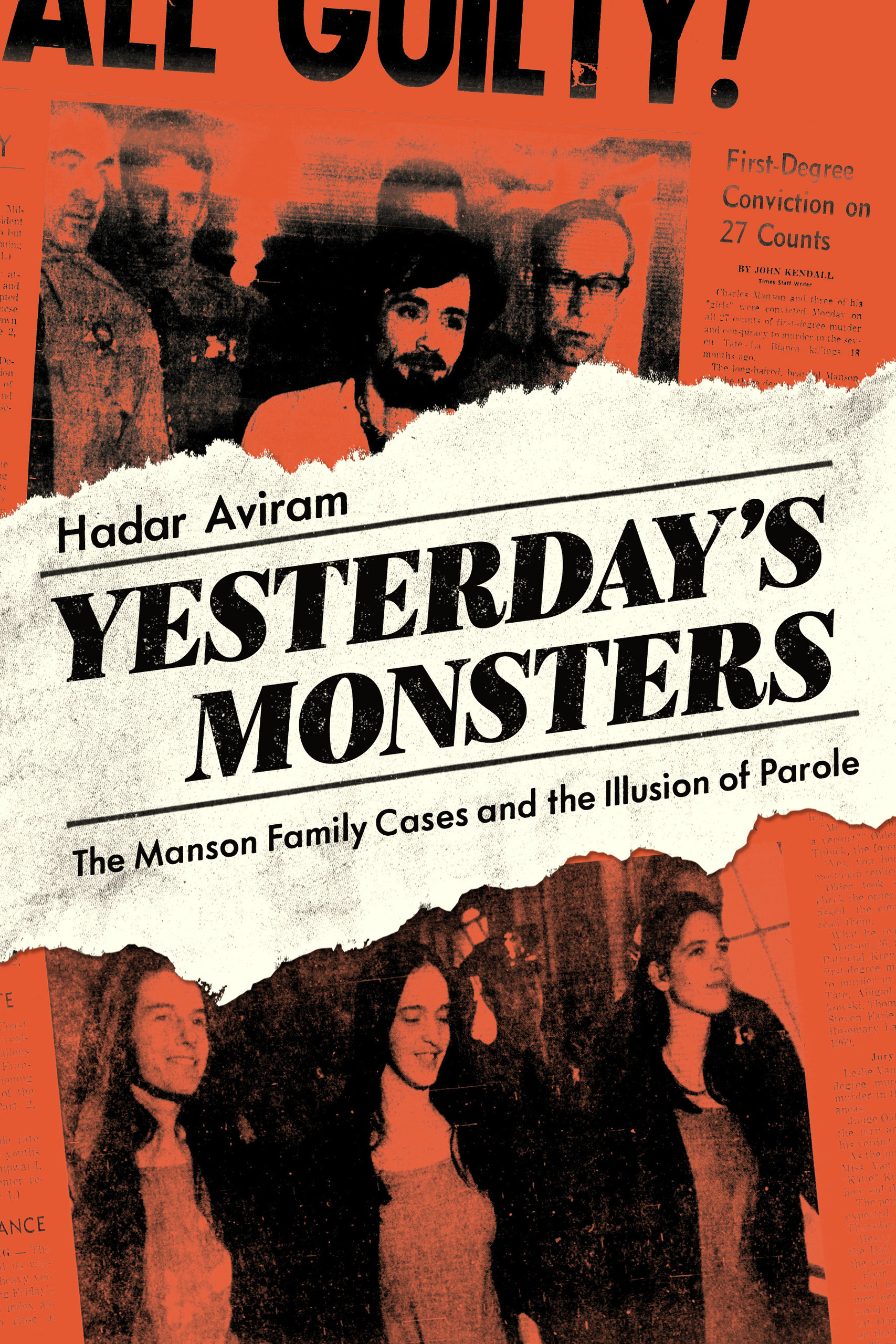
Hadar Aviram (University of California, Hastings College of Law)
Yesterday’s Monsters: The Manson Family Cases and the Illusion of Parole
University of California Press, 2020
Relying on nearly fifty years of parole hearing transcripts, as well as interviews and archival materials, readers are invited into the opaque world of the California parole process—a realm of almost unfettered administrative discretion, prison programming inadequacies, high-pitched emotions, and political pressures.
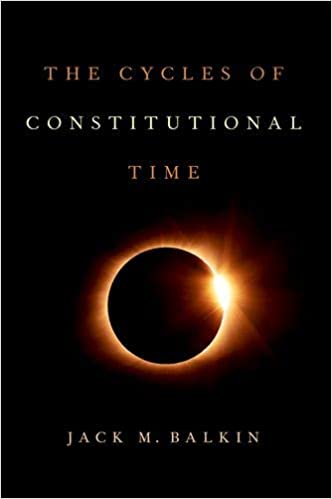
Jack M. Balkin (Yale Law School)
The Cycles of Constitutional Time
Oxford University Press, 2020
The nation’s past holds vital clues for understanding where we are now and where we are headed. This book explains how America’s constitutional system changes through the interplay among three cycles: the rise and fall of dominant political parties, the waxing and waning of political polarization, and alternating episodes of constitutional decay and constitutional renewal.
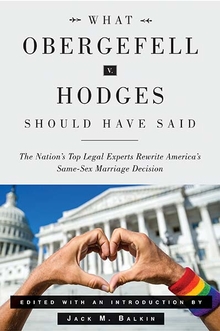
Jack M. Balkin (Yale Law School)
What Obergefell v. Hodges Should Have Said
Yale University Press, 2020
Jack Balkin and an all-star cast of legal scholars, sitting as a hypothetical Supreme Court, rewrite the famous 2015 opinion in Obergefell v. Hodges, which guaranteed same-sex couples the right to marry.
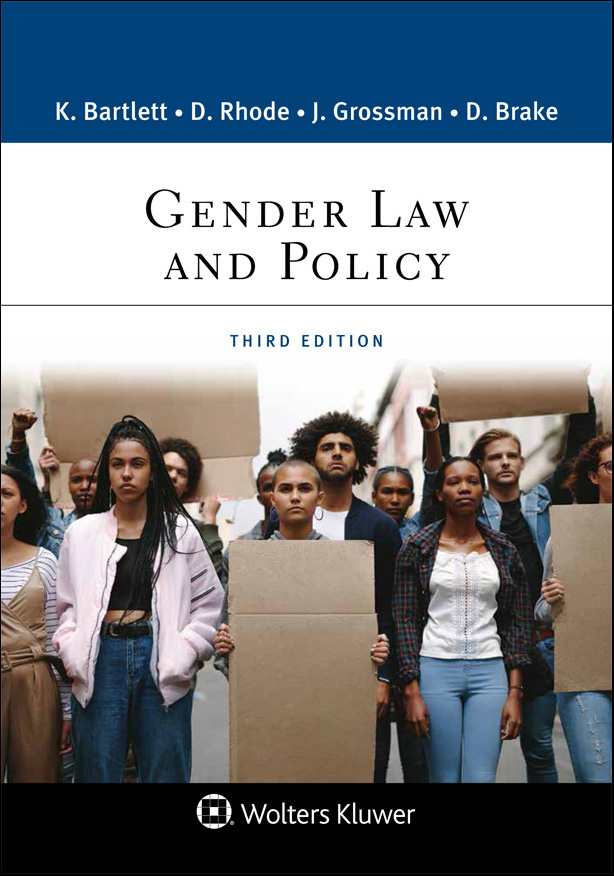
Katharine T. Bartlett (Duke University School of Law), Deborah L. Rhode (Stanford Law School), Joanna L. Grossman (Southern Methodist University, Dedman School of Law), Deborah L. Brake (University of Pittsburgh)
Gender Law and Policy
Wolters Kluwer, 2020
This book provides the theoretical frameworks, legal cases, and policy background necessary for analyzing a broad range of gender issues in the law.
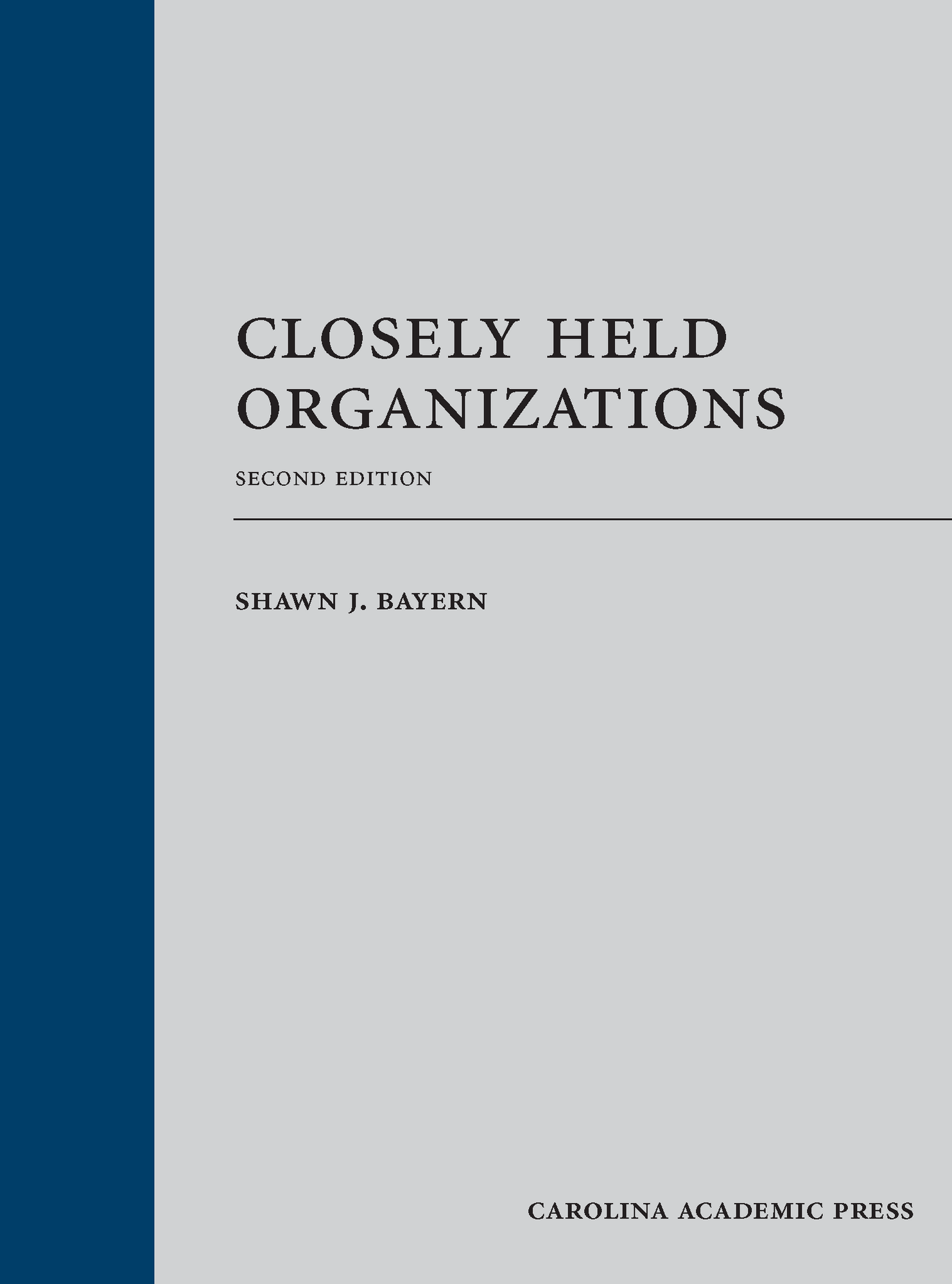
Shawn Bayern (Florida State University College of Law)
Closely Held Organization, 2nd Edition
Carolina Academic Press, 2020
This casebook covers the law of “closely held” businesses—those with few owners. Such businesses face special problems when compared, for example, to large, publicly held corporations.
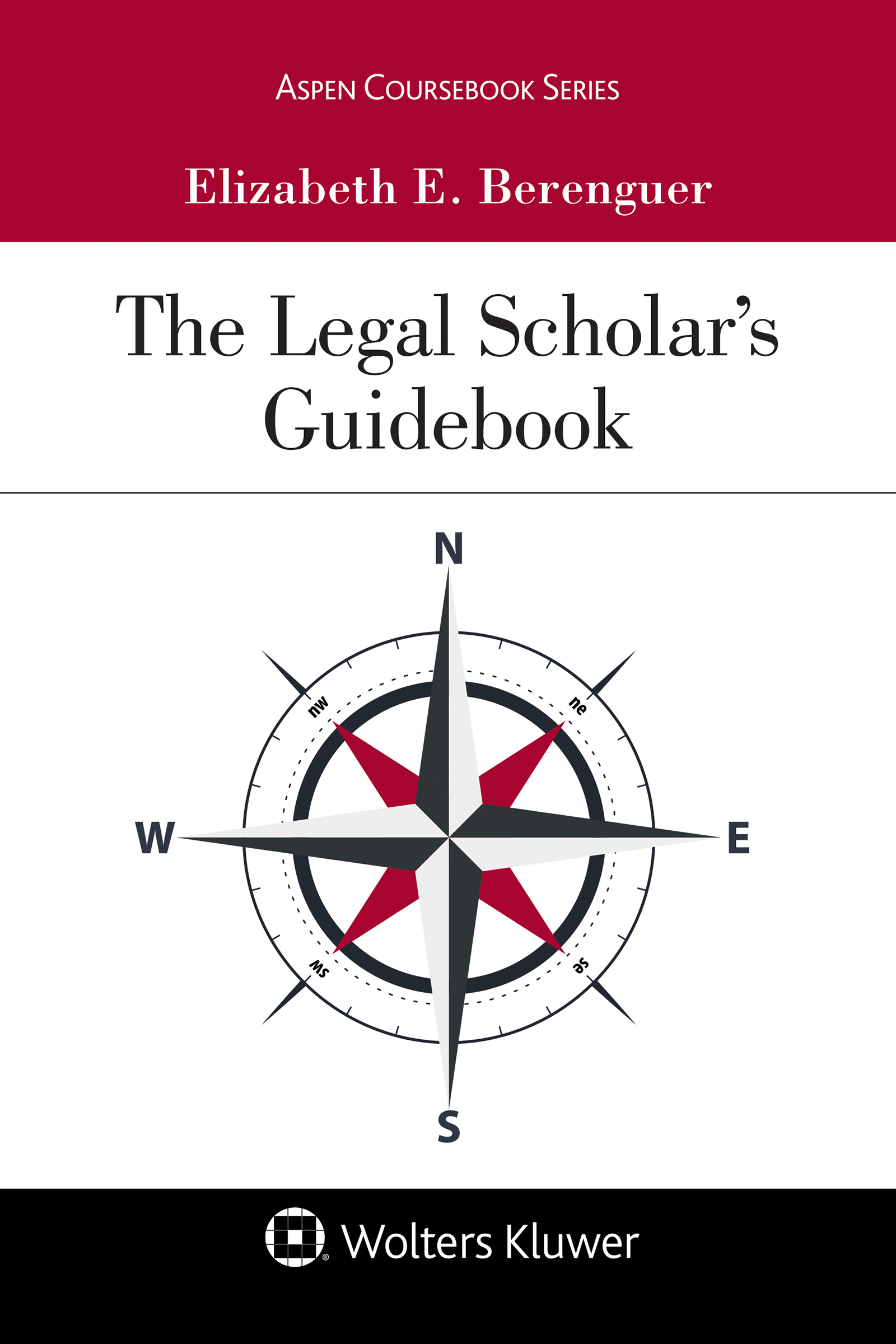
Elizabeth E. Berenguer (Stetson Law School)
The Legal Scholar’s Guidebook
Wolters Kluwer, 2020
Demystifying academic legal writing by providing concrete advice on topic selection, research strategies, and analytical frameworks.
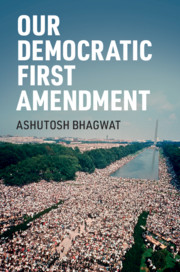
Ashutosh Bhagwat (UC Davis School of Law)
Our Democratic First Amendment
Cambridge University Press, 2020
The First Amendment to the US Constitution protects free speech, freedom of the press, freedom of association and assembly, and the right to petition the government. Why did the Framers protect these particular rights? What role were these rights intended to play in our democracy? And what force do they retain in today’s world?
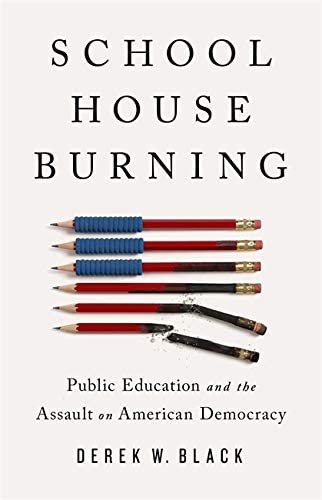 Derek Black (University of South Carolina School of Law)
Derek Black (University of South Carolina School of Law)
School House Burning
Public Affairs Press, 2020
Derek W. Black, a legal scholar and advocate, shows how major democratic and constitutional developments are intimately linked to the expansion of public education throughout American history. Schoolhouse Burning is grounded in pathbreaking, original research into how the nation, in its infancy, built itself around public education and, following the Civil War, enshrined education as a constitutional right that forever changed the trajectory of our democracy. Public education, alongside the right to vote, was the cornerstone of the recovery of the war-torn nation. Today’s current schooling trends — the declining commitment to properly fund public education and the well-financed political agenda to expand vouchers and charter schools — present a major assault on the democratic norms that public education represents and risk undermining one of the unique accomplishments of American society.
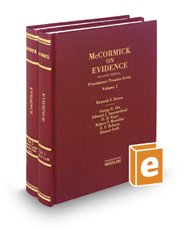
Kenneth S. Broun (University of North Carolina School of Law)
McCormick on Evidence, 8th Edition
Thomson Reuters, 2020
Recognized as the foremost authority on evidence law today, McCormick on Evidence offers comprehensive and authoritative analysis of the rules and theory of evidence with a pragmatic approach.
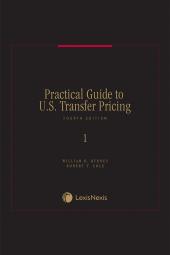
William Byrnes (Texas A&M University School of Law) and Robert T. Cole (University of California Berkeley School of Law)
Practical Guide to U.S. Transfer Pricing
Matthew Bender Elite Products, January 2020
Comprehensive guide on tax risk management on fifty of the foremost economists and accountants.
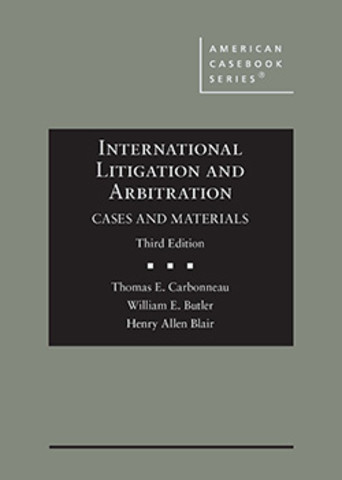
Thomas E. Carbonneau (Penn State Law), William E. Butler (Penn State Dickinson Law), Henry Allen Blair (Mitchell Hamline School of Law)
International Litigation and Arbitration, Cases and Materials, 3rd Edition
West Academic, 2020
This book addresses traditional analytical issues—such as jurisdiction, proof of foreign law, anti-suit injunctions, sovereign immunity, trans-border evidence gathering, drafting and enforcing arbitral contracts, and enforcing court judgments and arbitral awards—while always keeping focus on the practical aspects that attend the international representation of clients.
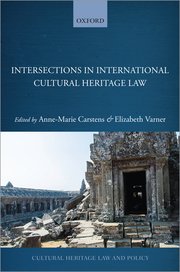
Anne-Marie Carstens (University of Maryland Francis King Carey School of Law), Elizabeth C. Varner
Intersections in International Cultural Heritage Law
Oxford University Press, 2020
This book examines how cultural heritage law has been shaped by its interaction with other areas of international law, and how it has contributed to international law in turn. The book looks at diverse areas of international law including, but not limited to, the law of armed conflict, international and transnational criminal law, international human rights, and the United Nations system.
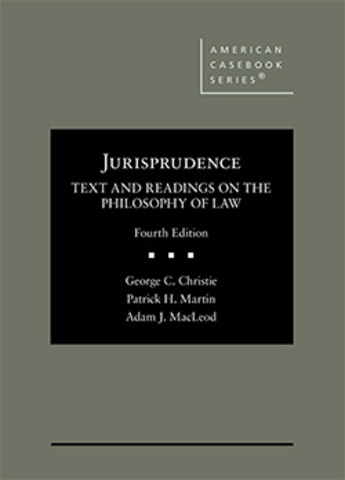
George C. Christie (Duke), Patrick H. Martin (LSU), Adam J. MacLeod (Faulkner)
Jurisprudence: Text and Readings on the Philosophy of Law
West Academic, 2020
This book is designed for use in courses in law schools and university departments of philosophy. It can serve as a text for basic and advanced courses and seminars.
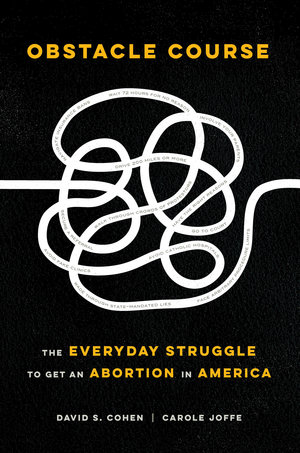
David S. Cohen (Drexel University Kline School of Law) and Carol Joffe
Obstacle Course: The Everyday Struggle to Get an Abortion in America
University of California Press, Ferbruary 2020
Captures the reality of the barriers people face in accessing essential medical care due to the politicization of abortion
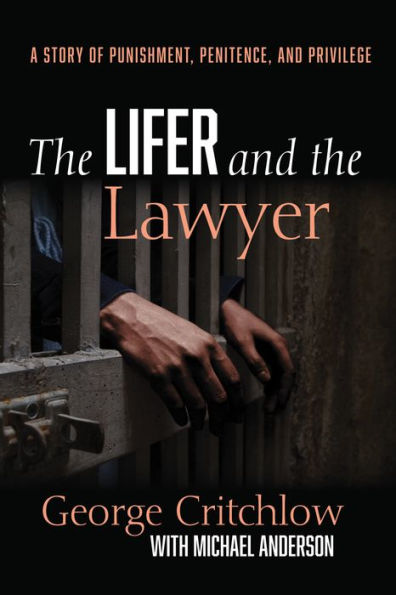
George Critchlow (Gonzaga University School of Law), Gonzaga University School of Law
The Lifer and the Lawyer
Cascade Books, 2020
This book raises questions about childhood trauma, religion, race, the purpose of punishment, and a criminal justice system that requires harmless old men to die in prison.
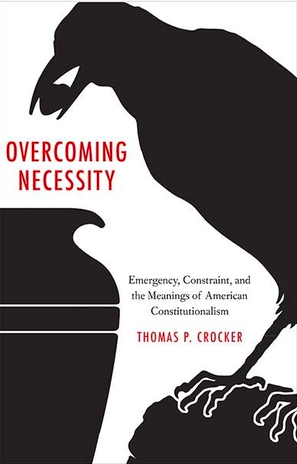
Thomas P. Crocker (University of South Carolina School of Law)
Overcoming Necessity: Emergency, Constraint, and the Meanings of American Constitutionalism
Yale University Press, 2020
This book analyzes presidential powers, states of exception, and the separation of powers to urge Congress, the courts, and other bodies to put those checks into practice.
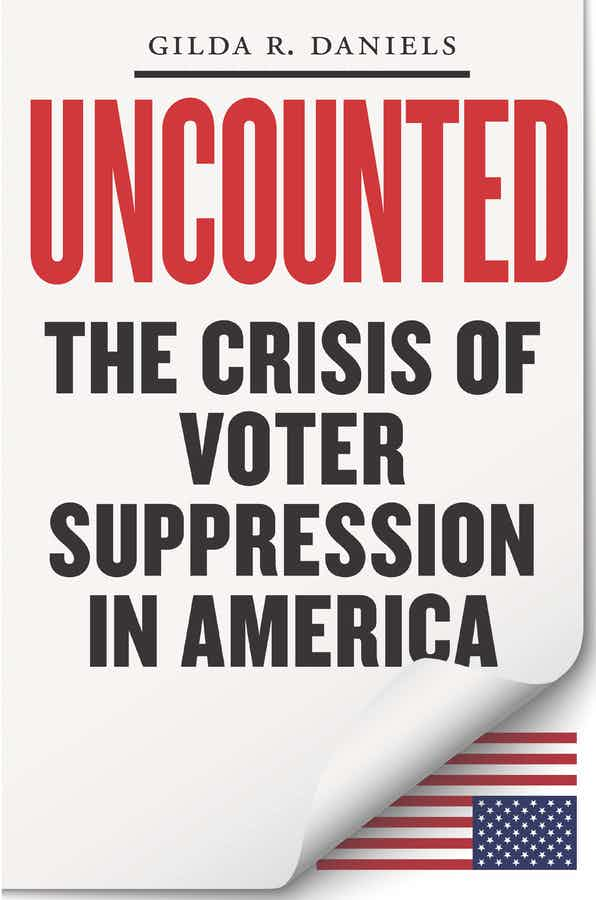
Gilda Daniels (University of Baltimore School of Law)
Uncounted: The Crisis of Voter Suppression in America
NYU Press, January 2020
A former Deputy Chief in the United States Department of Justice Civil Rights Division, Professor Daniels analyzes how the continuous assault on voting rights has led to a cycle of voter disenfranchisement and suppression to erode American democracy.
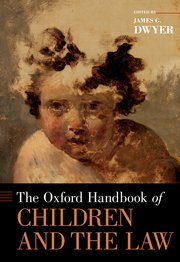
James G. Dwyer (William and Mary Law School)
The Oxford Handbook of Children and the Law
Oxford University Press, March 2020
An international collection of analysis of the law and science pertaining to reproduction, child maltreatment, parentage, and child advocacy laws among several other issues.
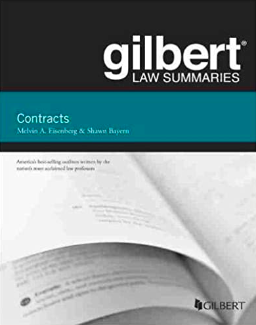
Melvin A. Eisenberg (Berkeley Law), and Shawn Bayern (Florida State University College of Law)
Gilbert Law Summaries on Contracts (15th ed.)
West Academic Publishing, 2020
This book discusses consideration, offer and acceptance, interpretation, defenses, third-party beneficiaries, assignment of rights, and delegation of duties. It also covers conditions, substantial performance, material vs. minor breach, anticipatory breach, impossibility, discharge, and remedies.
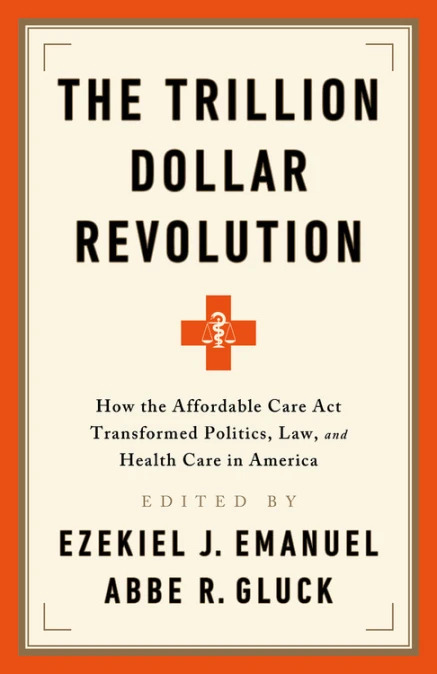
Ezekiel J. Emanuel (University of Pennsylvania Carey Law School), Abbe R. Gluck (Yale Law School)
The Trillion Dollar Revolution: How the Affordable Care Act Transformed Politics, Law, and Health Care in America
Public Affairs Books, 2020
From day one, the Affordable Care Act was challenged in court, making it to the Supreme Court four separate times. It transformed the way a three-trillion-dollar sector of the economy behaved and brought insurance to millions of people.
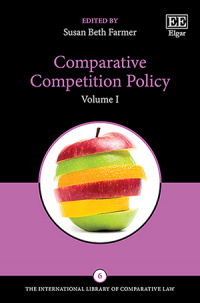
Susan Beth Farmer (Penn State Law)
Comparative Competition Policy
Edward Elgar, 2020
This essential two-volume collection comprehensively examines the theories behind competition, the issues surrounding the abuse of dominance or monopolization and the vertical restraints of trade, as well as cartels, non-cartels and mergers along with an insight into practice and procedures.
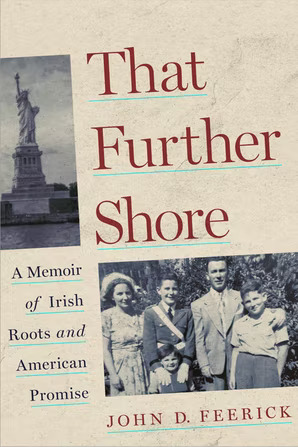
John D. Feerick (Fordham Law School)
That Further Shore: A Memoir of Irish Roots and American Promise
Fordham University Press, 2020
A memoir of a constitutional scholar, public servant, political reformer, and facilitator of peace in the land of his ancestors.
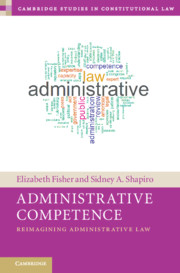
Elizabeth Fisher (Oxford University), Sidney A. Shapiro (Wake Forest University)
Administrative Competence: Reimagining Administrative Competence
Cambridge University Press, 2020
Grounded in extensive interdisciplinary, historical, and doctrinal analysis, Fisher and Shapiro show why understanding both the capacity and authority of expert public administration is crucial to ensure the legitimacy and accountability of the administrative state.
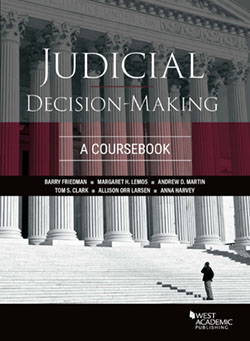
Barry Friedman (New York University School of Law), Margaret H. Lemos (Duke University School of Law), Allison Orr Larsen (William and Mary Law School), Tom S. Clark, Anna Harvey
Judicial Decision-Making : A Coursebook
West Academic, 2020
This book is a comprehensive treatment of judicial decision-making that combines social science with law and legal institutions.The book explains how these individual and institutional features affect who wins and loses cases, and how the law itself is changed.
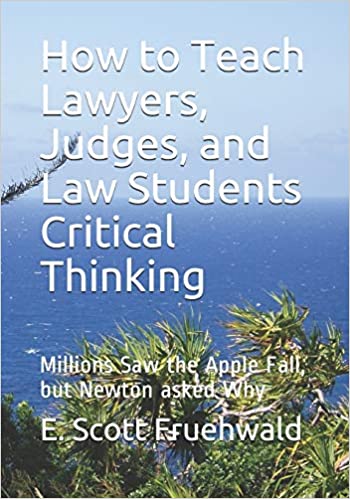
E. Scott Fruehwald (Deane School of Law at Hofstra University)
How to Teach Lawyers, Judges, and Law Students Critical Thinking: Millions Saw the Apple Fall, but Newton Asked Why
February 2020
A guidebook for professors to teach their students how to become critical thinkers.
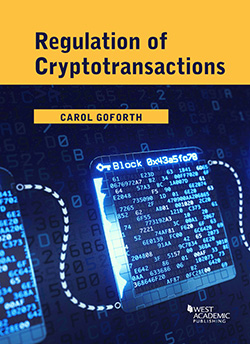
Carol Goforth (University of Arkansas Fayetteville Law Center)
Regulation of Cryptotransactions
West Academic, March 2020
Introduction and explanation of cryptocurrency, how it functions, is used, and regulated.
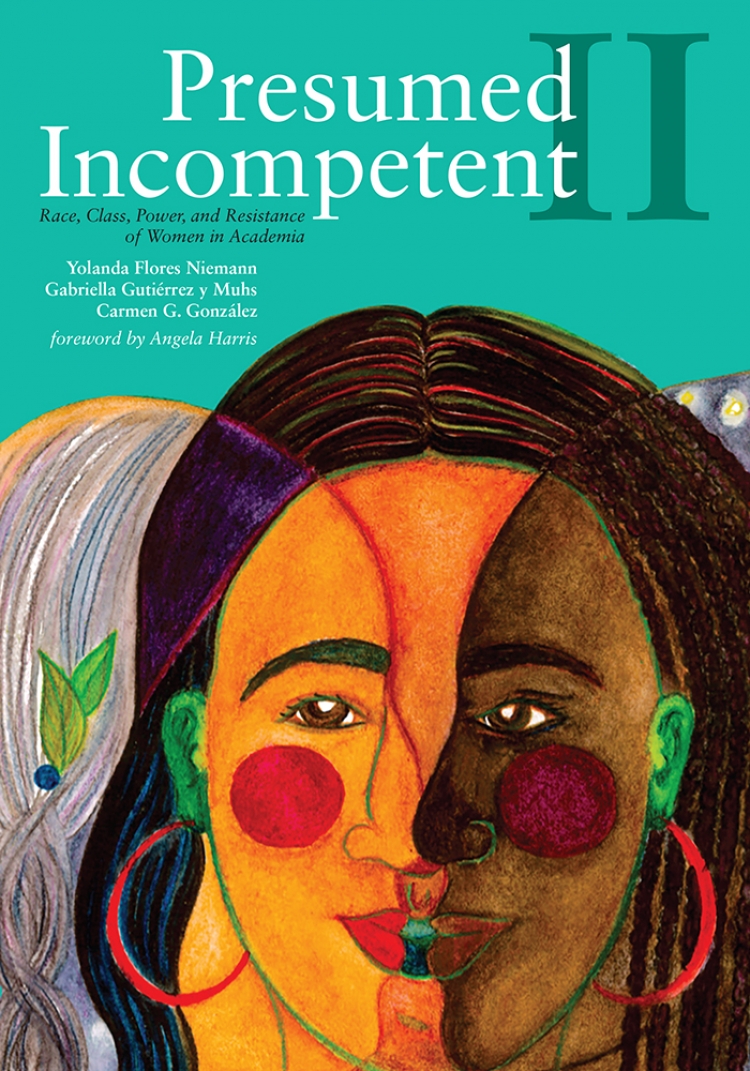
Carmen G. Gonzalez (Loyola University Chicago School of Law, formerly Seattle University), Yolanda Flores Niemann (University of North Texas, Department of Psychology), Gabriella Gutierrez y Muhs (Seattle University, Department, Department of Modern Languages and Cultures)
Presumed Incompetent II: Race, Class, Power, and Resistance of Women in Academia
Utah State University Press, 2020
This book names formidable obstacles and systemic biases that all women faculty—from diverse intersectional and transnational identities and from tenure track, terminal contract, and administrative positions—encounter in their higher education careers. The book provides practical, specific, and insightful guidance to fight back, prevail, and thrive in challenging work environments.
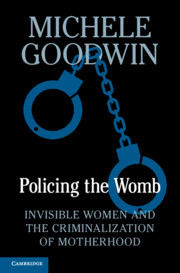
Michele Bratcher Goodwin (University of California Irvine School of Law)
Policing the Womb: Invisible Women and the Criminalization of Motherhood
Cambridge University Press, February 2020
An in-depth examination of the last decade, how reproductive health and rights have become vulnerable to legislative attacks and thus criminalized.
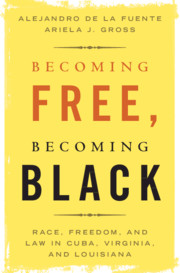
Ariela J. Gross (University of Southern California Gould School of Law) and Alejandro de la Fuente
Becoming Free, Becoming Black: Race, Freedom, and Law in Cuba, Virginia, Louisiana
Cambridge University Press, January 2020
Tells the story of how enslaved and freed Blacks used the law to claim their freedom and citizenship in three different slave societies, to demonstrate how the law, not bondage, established what blackness means.
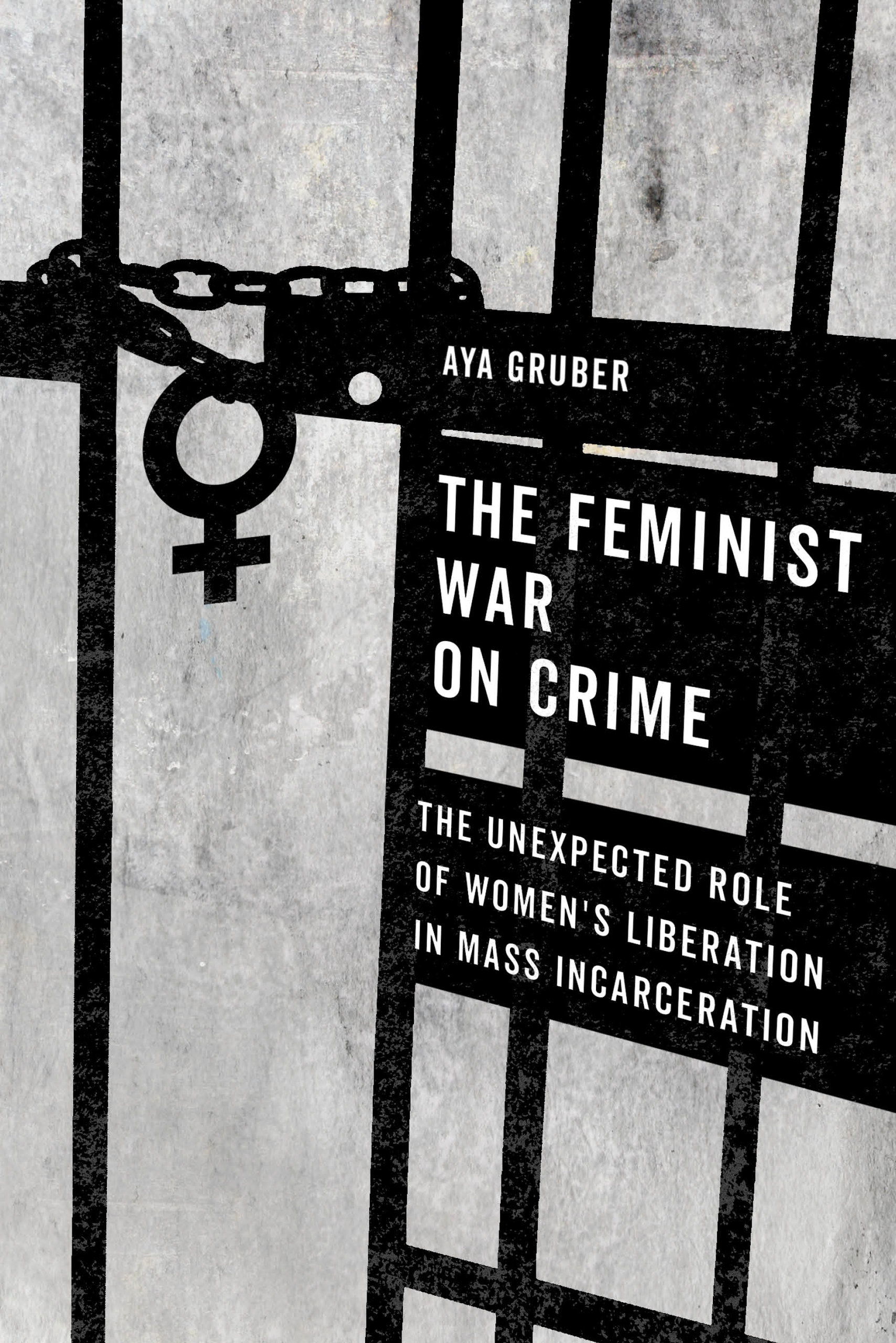
Aya Gruber (University of Colorado Law School)
The Feminist War on Crime
University of California Press, 2020
This book documents the failure of the state to combat sexual and domestic violence through law and punishment. Zero-tolerance anti-violence law and policy tend to make women less safe and more fragile.
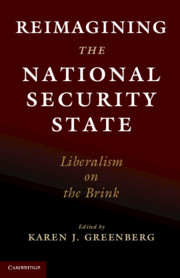
Karen J. Greenberg (Fordham University School of Law)
Reimagining the National Security State: Liberalism on the Brink
Cambridge University Press, January 2020
Summarizes and analyzes how the American war on terror influenced civil liberties, human rights and the rule of law in the U.S.

Moshe Halbertal (New York University School of Law)
Nahmanides: Law and Mysticism
Yale University Press, 2020
This broad, systematic account of Nahmanides’s thought explores his conception of halakhah and his approach to the central concerns of medieval Jewish thought, including notions of God, history, revelation, and the reasons for the commandments.
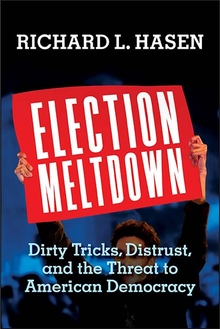
Richard L. Hasen (University of California Irvine School of Law)
Meltdown: Dirty Tricks, Distrust, and the Threat to American Democracy
Yale University Press, February 2020
Summarizes four factors that are fueling the widespread distrust of the accuracy and fairness of American elections.
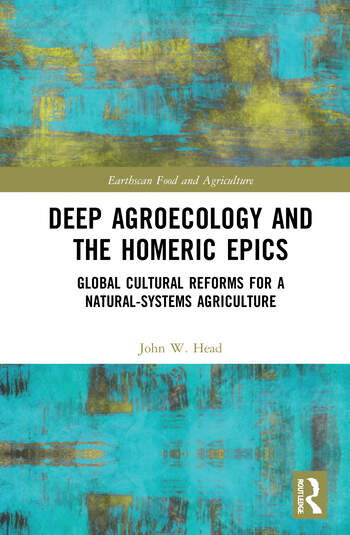 John W. Head (University of Kansas School of Law)
John W. Head (University of Kansas School of Law)
Deep Agroecology and the Homeric Epics: Global Cultural Reforms for a Natural-systems Agriculture
Routledge, 2020
Drawing on the Homeric epics, this multidisciplinary work reveals the cultural transformations which need to take place in order to transition from today’s modern extractive agricultural system to a sustainable natural‐systems agriculture. The author uses themes from foundational literary works, the Iliad and the Odyssey, to critique the concept of state sovereignty and to explain how innovative federalism structures around the world already show momentum building toward changes in global environmental governance. This book will be of great interest to students, academics and policymakers addressing issues of agrarian values, environmental and agricultural law, environmental restoration, agroecology, and global institutional reform.
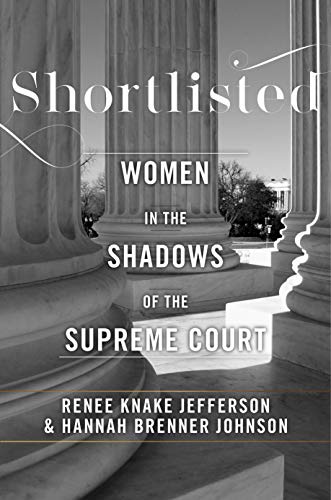
Renee Knake Jefferson (University of Houston Law Center), Hannah Brenner Johnson (California Western School of Law)
Shortlisted: Women in the Shadows of the Supreme Court
NYU Press, May 2020
Tells the story of the nine women who were formally considered and passed over for a seat on the Supreme Court bench.
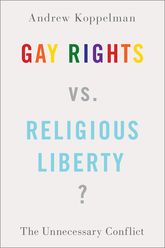
Andrew Koppelman (Northwestern University Pritzker School of Law)
Gay Rights vs. Religious Liberty?: The Unnecessary Conflict
Oxford University Press, 2020
Should religious people who conscientiously object to facilitating same-sex weddings, and who therefore decline to provide cakes, photography, or other services, be exempted from antidiscrimination laws? This issue has taken on an importance far beyond the tiny number who have made such claims.

Carlton F.W. Larson (UC Davis School of Law)
On Treason: a Citizen’s Guide to the Law
Ecco/HarperCollins, 2020
A guide for anyone who wants to understand the role of treason law in our constitutional democracy, grounded in over two decades of research.
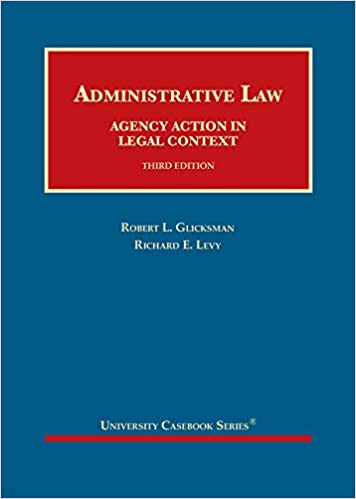
Richard E. Levy (University of Kansas School of Law), Robert L. Glicksman (The George Washington University Law School)
Administrative Law: Agency Action in Legal Context
Foundation Press, 2020
By focusing on five important and representative agencies (the EPA, NLRB, SSA, IRS, and FCC), the book addresses two key problems for teaching and learning administrative law: (1) students’ lack of familiarity with agencies and what they do; and (2) the difficulty of understanding new and different agencies and their organic statutes for each new administrative law case.
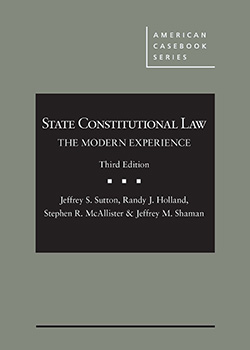 Stephen R. McAllister (University of Kansas School of Law), Judge Jeffrey S. Sutton, Justice Randy J. Holland, Jeffrey M. Shaman (DePaul College of Law)
Stephen R. McAllister (University of Kansas School of Law), Judge Jeffrey S. Sutton, Justice Randy J. Holland, Jeffrey M. Shaman (DePaul College of Law)
State Constitutional Law: The Modern Experience, Third Edition
West Academic, 2020
In this third edition of State Constitutional Law: The Modern Experience, the authors present cases, articles, and other materials, including a new chapter on Administrative Law, about the still-evolving, ever-more-relevant state charters of government. The casebook starts by placing state constitutions in the context of a federal system that leaves some powers exclusively with the States, delegates some powers exclusively to the Federal Government, and permits overlapping authority by both sovereigns in many areas. The mission of the casebook is to introduce students to this increasingly significant body of American law and to prepare them to practice effectively in it.

Linda C. McClain
(Boston University School of Law)
Who’s the Bigot?: Learning from Conflicts over Marriage and Civil Rights Law
Oxford University Press, 2020
Identifying, responding to, and preventing bigotry have engaged the efforts of many people. People disagree, however, over who is a bigot and what makes a belief, attitude, or action bigoted. This book argues that bigotry has both a backward- and forward-looking dimension.
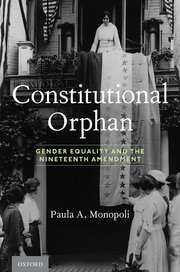
Paula A. Monopoli (University of Maryland Francis King Carey School of Law)
Constitutional Orphan: Gender Equality and the Nineteenth Amendment
Oxford University Press, 2020
Exploring the significant role of former suffragists in the constitutional development of the Nineteenth Amendment — the woman suffrage amendment ratified in 1920.
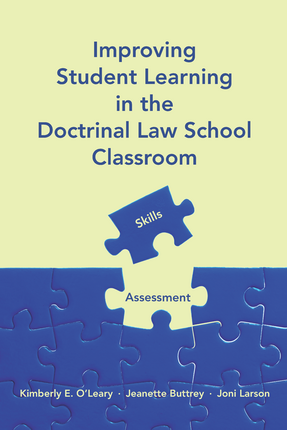
Kimberly E. O’Leary (Cooley Law School), Jeanette Buttrey
(Cooley Law School), Joni Larson
Improving Student Learning in the Doctrinal Law School Classroom
Carolina Academic Press, 2020
Legal education has created silos where certain professors teach “skills” courses and others teach “doctrine.” This book challenges that division by building on learning theories that establish students cannot truly learn doctrine without explicit instruction in skills.
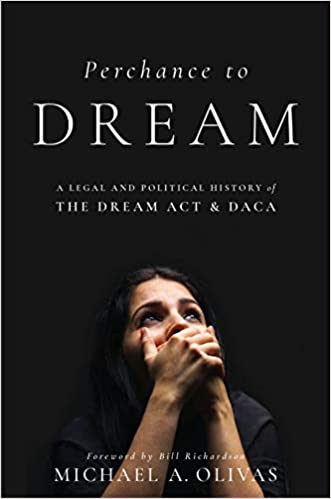
Michael A. Olivas (University of Houston Law Center)
Perchance to DREAM: A Legal and Political History of the DREAM Act and DACA
NYU Press, June 2020
A comprehensive history of the DREAM Act and Deferred Action for Childhood Arrivals over the last two decades.
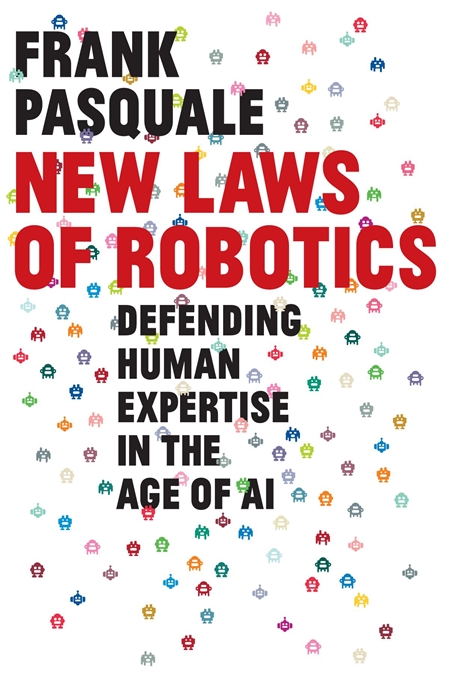
Frank Pasquale (Brooklyn Law School)
New Laws of Robotics: Defending Human Expertise in the Age of AI
Harvard University Press, 2020
In virtually every walk of life, robotic systems can make labor more valuable, not less. Frank Pasquale tells the story of nurses, teachers, designers, and others who partner with technologists, rather than meekly serving as data sources for their computerized replacements.
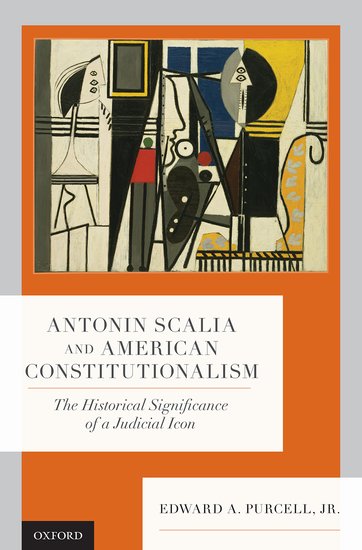
Edward A. Purcell Jr. (New York Law School)
Antonin Scalia and American Constitutionalism: The Historical Significance of a Judicial Icon
Oxford University Press, 2020
A comprehensive study of the constitutional jurisprudence of Justice Antonin Scalia, this book examines whether Scalia’s judgments were consistent with his professed jurisprudential theories, and presents historical and theoretical analysis of originalist jurisprudence, revealing its inadequacies and manipulability.
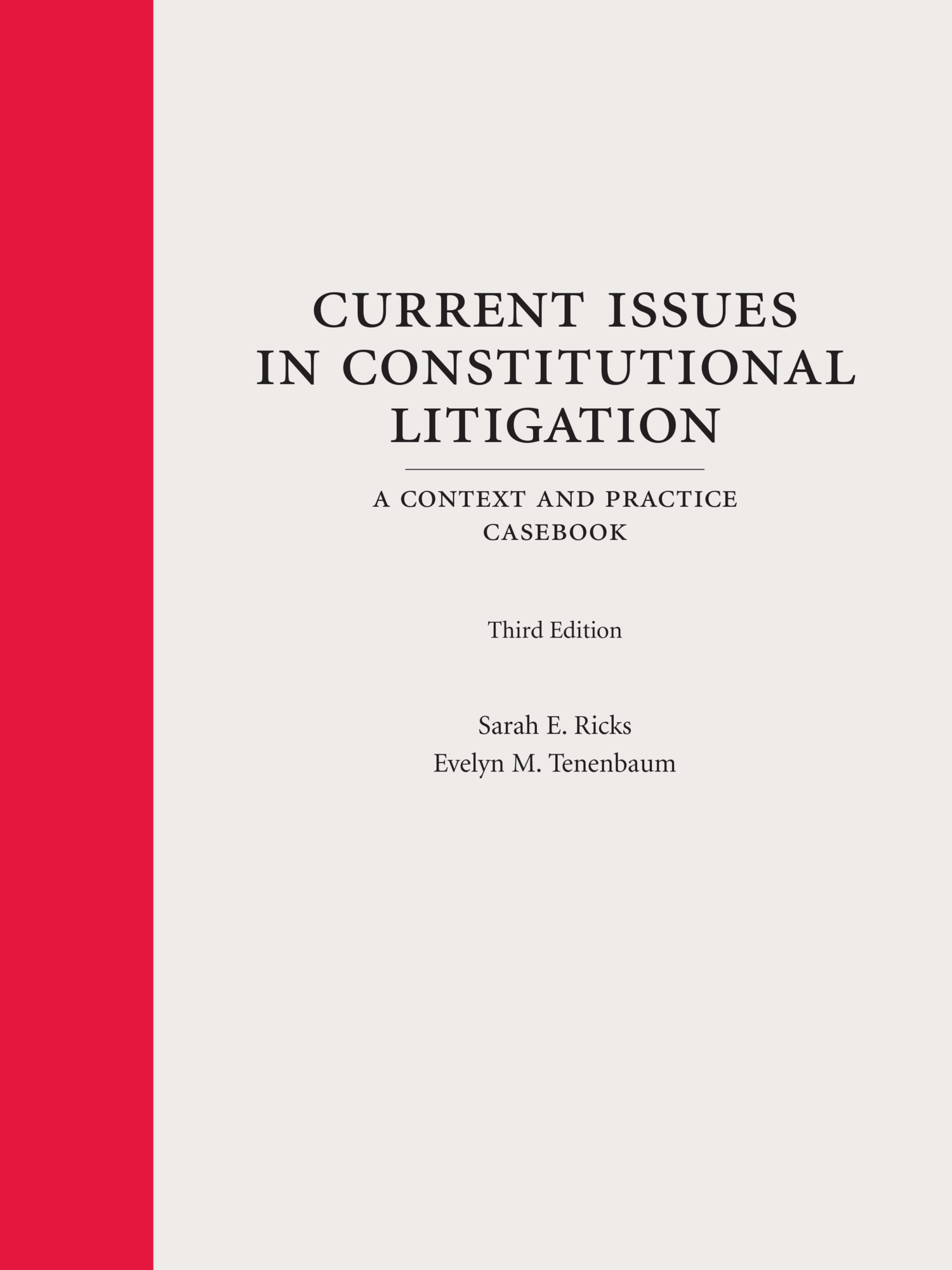
Sarah E. Ricks (Rutgers Law School), Evelyn Tenenbaum (Albany Law School)
Current Issues in Constitutional Litigation: A Context and Practice Casebook
Carolina Academic Press, 2020
This casebook focuses on the constitutional and statutory doctrines necessary to litigate 4th, 8th, and 14th Amendment claims, 1st Amendment religion claims that arise in prison, and the 11th Amendment defense.
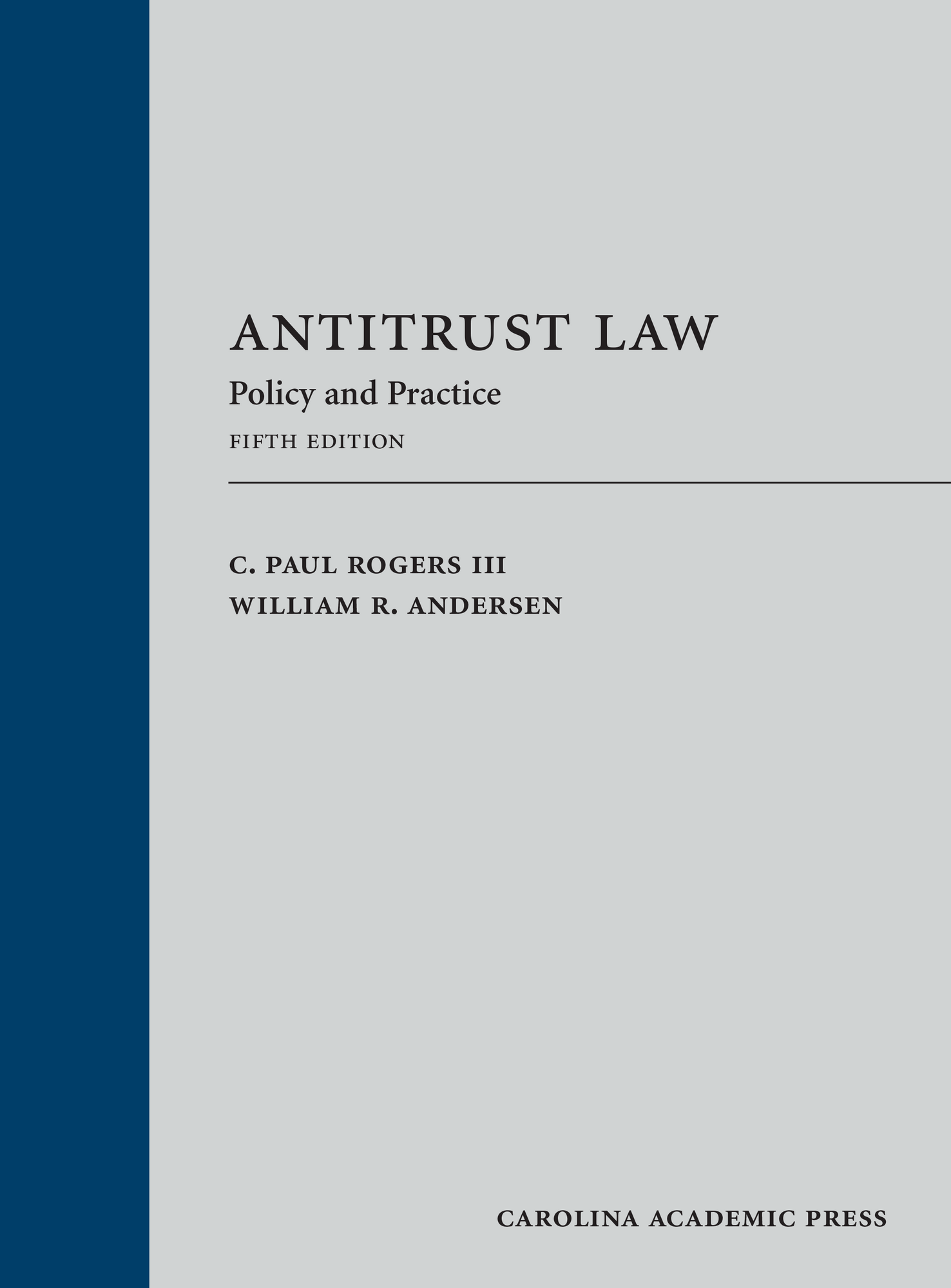
C. Paul Rogers, III (Southern Methodist University Dedman School of Law), William R. Andersen (University of Washington School of Law)
Antitrust Law: Policy and Practice, Fifth Edition
Carolina Academic Press, January 2020
Newly updated to reflect how the landscape has changed, this casebook is focused on the development of antitrust law through Supreme Court cases using a problem-based approach.
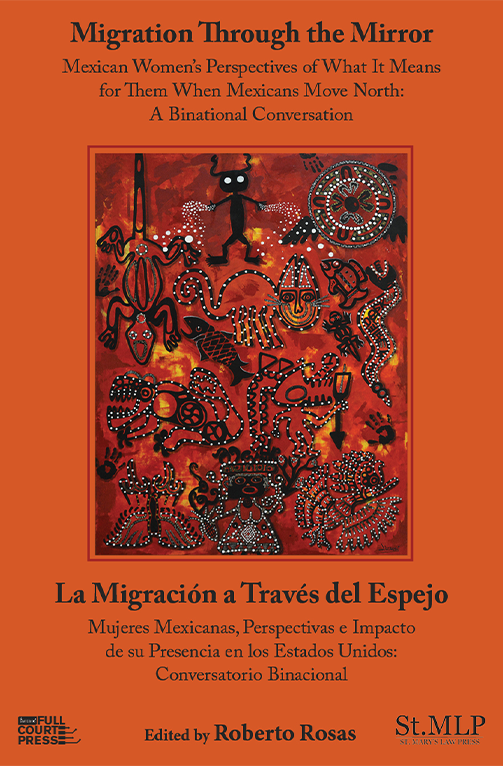
Roberto Rosas (St. Mary’s Law)
Migration Through the Mirror
Full Court Press, February 2020
A collection of reflections on the female migrant experience from women of different backgrounds and perspectives.
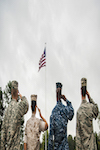
Kyndra Rotunda (Chapman University: Military & Veterans Law Institute)
Civil Legal Remedies for Servicemembers
Thomson Reuters, 2020
This book offers law school clinics and pro bono organizations that can help when JAG offices are unable to provide support to service members and veterans. The book also contains forms, tables of laws, rules, secondary authorities, cases, pay and allowance charts, rank charts, and an index to augment the reader’s search inquiries.
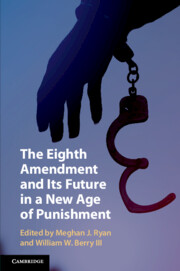 Meghan J. Ryan (Southern Methodist University Dedman School of Law), William W. Berry III (University of Mississippi School of Law)
Meghan J. Ryan (Southern Methodist University Dedman School of Law), William W. Berry III (University of Mississippi School of Law)
The Eighth Amendment and Its Future in a New Age of Punishment
Cambridge University Press, 2020
This book provides a theoretical and practical exploration of the constitutional bar against cruel and unusual punishments, excessive bail, and excessive fines. It explores the history of this prohibition, the current legal doctrine, and future applications of the Eighth Amendment. This volume addresses constitutional theory, legal history, federalism, constitutional values, the applicable legal doctrine, punishment theory, prison conditions, bail, fines, the death penalty, juvenile life without parole, execution methods, prosecutorial misconduct, race discrimination, and law & science.
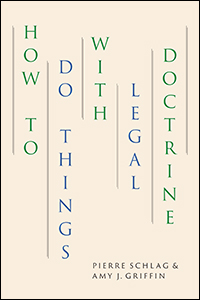
Pierre Schlag, Amy J. Griffin (University of Colorado Law School)
How to Do Things with Legal Doctrine
University of Chicago Press, 2020
Legal doctrine—the creation of doctrinal concepts, arguments, and legal regimes built on the foundation of written law—is the currency of contemporary law.
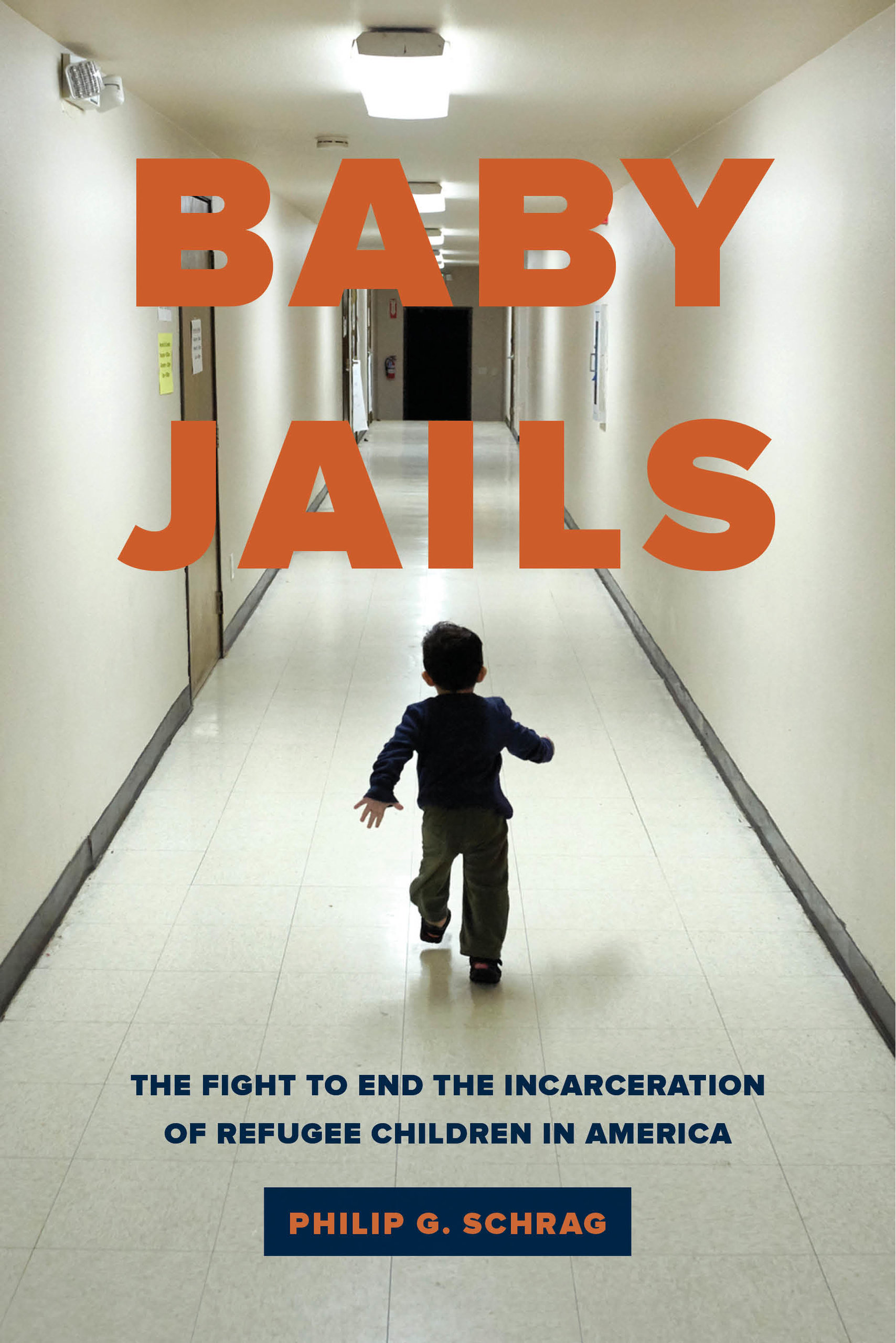
Philip G. Schrag (Georgetown University Law Center)
Baby Jails: The Fight to End the Incarceration of Refugee Children in America
University of California Press, 2020
This book documents the history of the legal and political struggle to end the U.S. government’s practice of jailing children and families for months, or even years, until overburdened immigration courts could rule on their claims for asylum.
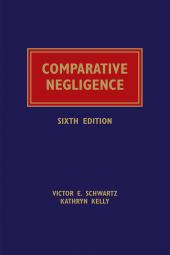
Victor E. Schwartz (University of Cincinnati College of Law), Kathryn Kelly (The Catholic University of America Columbus School of Law)
Comparative Negligence
LexisNexis, 2020
This book fully discusses a doctrine that has been a major force of change in tort law over the past 20 years. Since its initial publication in 1974, it has become the leading reference covering the interaction of comparative negligence with every relevant tort doctrine.
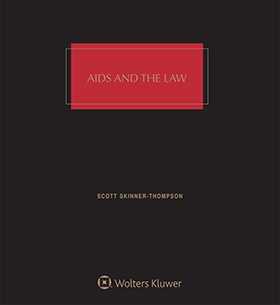
Scott Skinner-Thompson (University of Colorado Law School)
AIDS and the Law, Sixth Edition
Wolters Kluwer, January 2020
Summarizes the complex, intersecting legal, medical and scientific issues surrounding the HV epidemic, including the latest developments and new case laws pertaining to HIV.
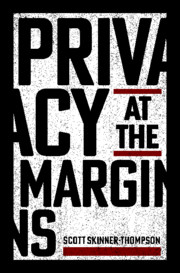
Scott Skinner-Thompson (University of Colorado Law School)
Privacy at the Margins
Cambridge University Press, 2020
Limited legal protections for privacy leave minority communities vulnerable to concrete injuries and violence when their information is exposed.
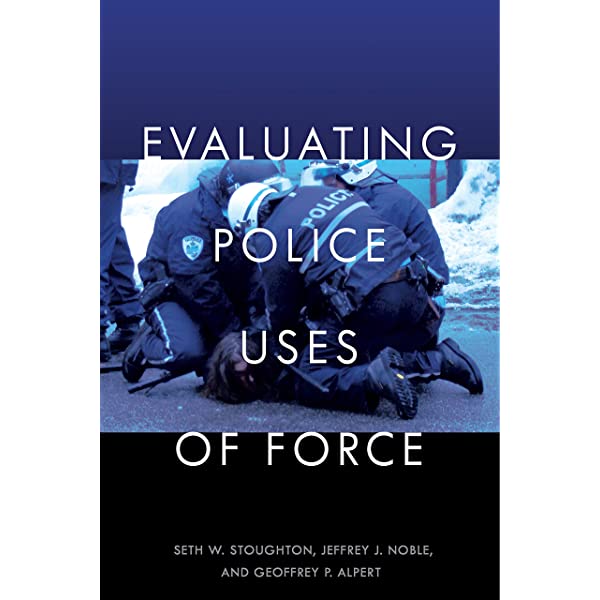 Seth Stoughton (University of South Carolina School of Law), Jeffrey J. Noble, Geoffrey P. Alpert
Seth Stoughton (University of South Carolina School of Law), Jeffrey J. Noble, Geoffrey P. Alpert
Evaluating Police Uses of Force
NYU Press, 2020
In Evaluating Police Uses of Force, legal scholar Seth W. Stoughton, former deputy chief of police Jeffrey J. Noble, and distinguished criminologist Geoffrey P. Alpert explore a critical but largely overlooked facet of the difficult and controversial issues of police violence and accountability: how does society evaluate use-of-force incidents? By leading readers through answers to this question from four different perspectives—constitutional law, state law, administrative regulation, and community expectations—and by providing critical information about police tactics and force options that are implicated within those frameworks, Evaluating Police Uses of Force helps situate readers within broader conversations about governmental accountability, the role that police play in modern society, and how officers should go about fulfilling their duties.

Maurice E. Stucke (University of Tennessee College of Law), Ariel Ezrachi (Oxford University)
Competition Overdose: How Free Market Mythology Transformed Us from Citizen Kings to Market Servants
HarperCollins, 2020
This book uses dozens of vivid examples to show how society overprescribed competition as a solution and when unbridled rivalry hurts consumers, kills entrepreneurship, and increases economic inequality.
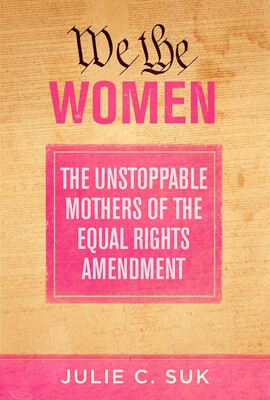
Julie Suk (Fordham Law School)
We the Women: The Unstoppable Mothers of the Equal Rights Amendment
Simon & Schuster, 2020
After passage of the Nineteenth Amendment, revolutionary women demanded full equality beyond suffrage, by proposing the Equal Rights Amendment (ERA). Congress took almost fifty years to adopt it in 1972, and the states took almost as long to ratify it. In January 2020, Virginia became the final state needed to ratify the amendment. Why did the ERA take so long? Is it too late to add it to the Constitution? And what could it do for women?

Symeon C. Symeonides (Willamette University College of Law)
Choice of Law in Practice: A Twenty-Year Report from the Trenches
Brill-Nijhoff Publishers, 2020
A review of the decisions of all American appellate courts in the last twenty years and discusses those that add something new to the development or understanding of conflicts law, particularly choice of law.
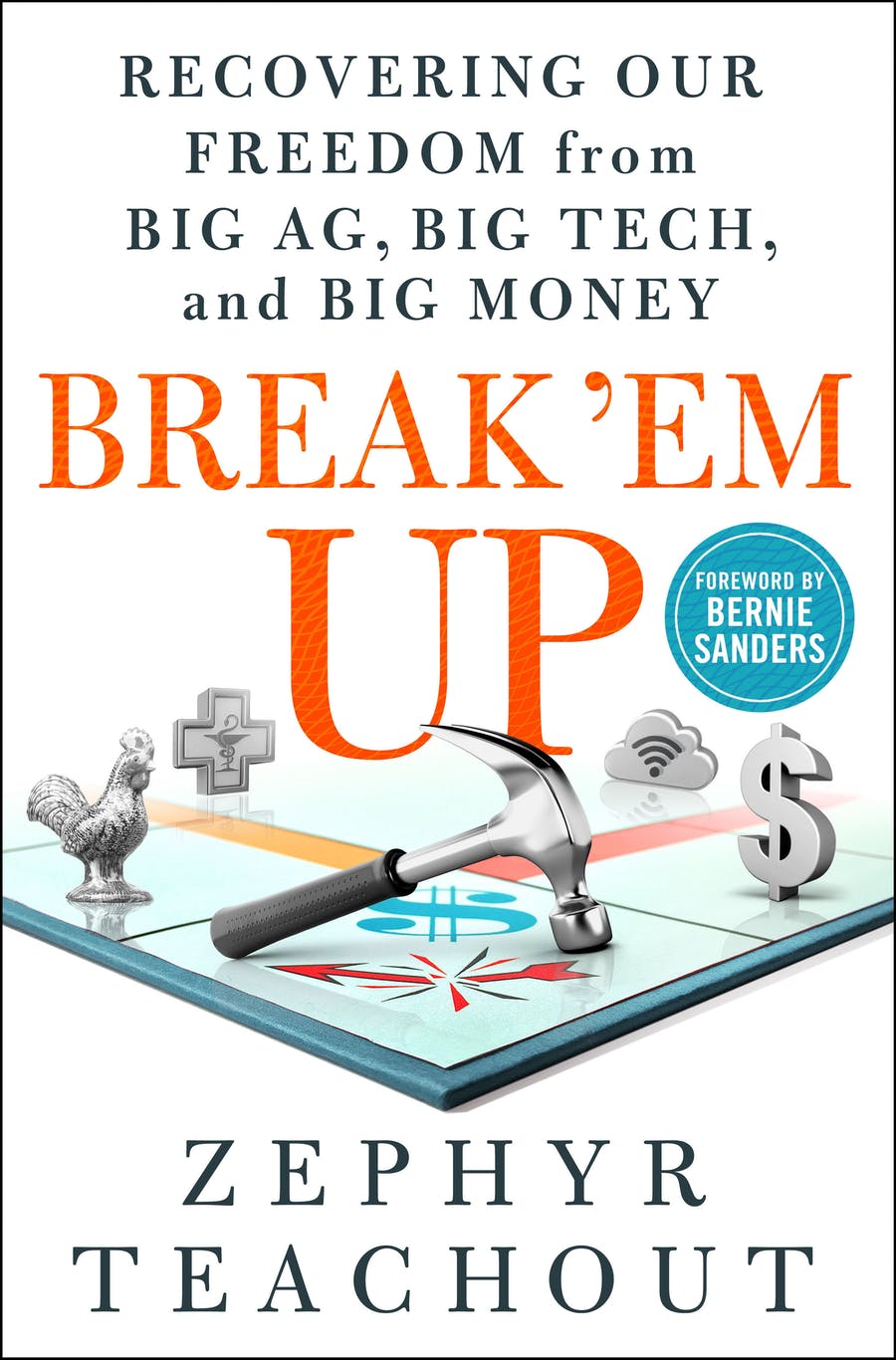
Zephyr Teachout (Fordham Law School)
Break ‘Em Up: Recovering Our Freedom from Big Ag, Big Tech, and Big Money
Macmillan, 2020
This book discusses the impact monopolies have on the issues that many of today’s progressives care about. The author explains that in order for a better future, monopolies must be eradicated from the private sector in order to create new safeguards.
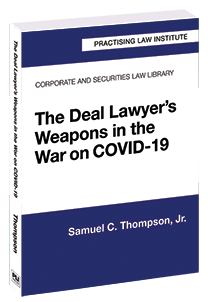
Samuel C. Thompson, Jr. (Penn State Law – University Park)
The Deal Lawyer’s Weapons in the War on COVID-19
PLI Press, 2020
The book will help lawyers who work in general business law and those who focus on M&A law, quickly identify many of the business law issues that arise as a result of COVID-19 in areas including: benefits adopted by the CARES Act (e.g., the Paycheck Protection Program), financial assistance adopted the Federal Reserve Board, corporate and securities laws, antitrust laws, Federal income tax, regulation of cross-border transactions, valuation of companies, contract drafting, and bankruptcy.
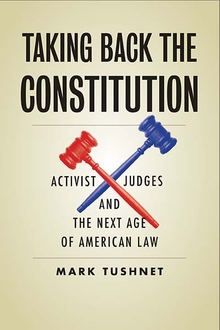
Mark Tushnet (Harvard Law School)
Taking Back the Constitution: Activist Judges and the Next Age of American Law
Yale University Press, 2020
Social, moral, and yes, political ideas have always played into Supreme Court justices’ impressions of how they think a case should be decided. This book traces the ways constitutional thought has evolved, from the liberalism of the New Deal and the Great Society to the Reagan conservatism that has been dominant since the 1980s.
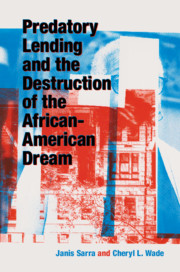
Cheryl L. Wade (St. John’s University School of Law), Janis Sarra (University of British Columbia, Peter A. Allard School of Law)
Predatory Lending and the Destruction of the African-American Dream
Cambridge University Press, 2020
Since the Great Recession of 2008, the racial wealth gap between black and white Americans has continued to widen. In Predatory Lending and the Destruction of the African-American Dream, Janis Sarra and Cheryl Wade detail the reasons for this failure by analyzing the economic exploitation of African Americans, with a focus on predatory practices in the home mortgage context. They also examine the failure of reform and litigation efforts ostensibly aimed at addressing this form of racial discrimination.
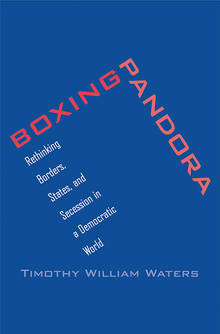
Timothy William Waters (Indiana University Maurer School of Law)
Boxing Pandora: Rethinking Borders, States and Secession in a Democratic Word
Yale University Press, January 2020
A reassessment of the current international order in which the author proposes the right of people to form new states in the interest of maintaining peace.
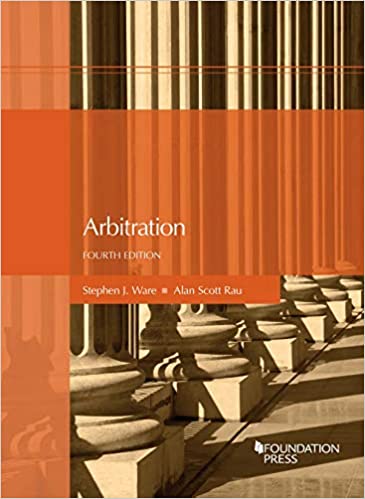
Stephen Ware (University of Kansas School of Law), Alan Rau (University of Texas at Austin School of Law)
Arbitration
Foundation Press, 2020
This thoroughly updated Fourth Edition, largely by a new co-author, discusses arbitration law and practice clearly and reliably, with engaging context ranging from partisan political battles to a Justin Bieber tweet.
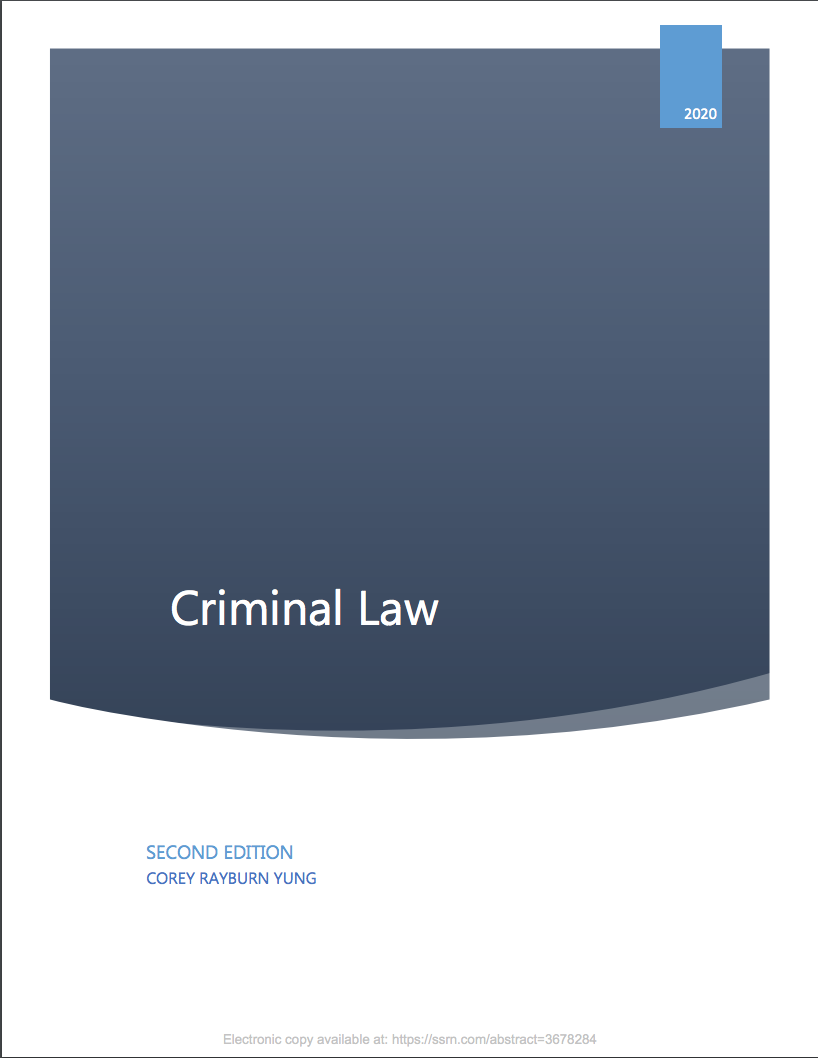
Corey Rayburn Yung (University of Kansas School of Law)
Criminal Law: Second Edition
Creative Commons, 2020
This casebook for a first-year criminal law course at American law schools covers statutory interpretation, actus reus, mens rea, attempt, conspiracy, homicide, rape, and general affirmative defenses.
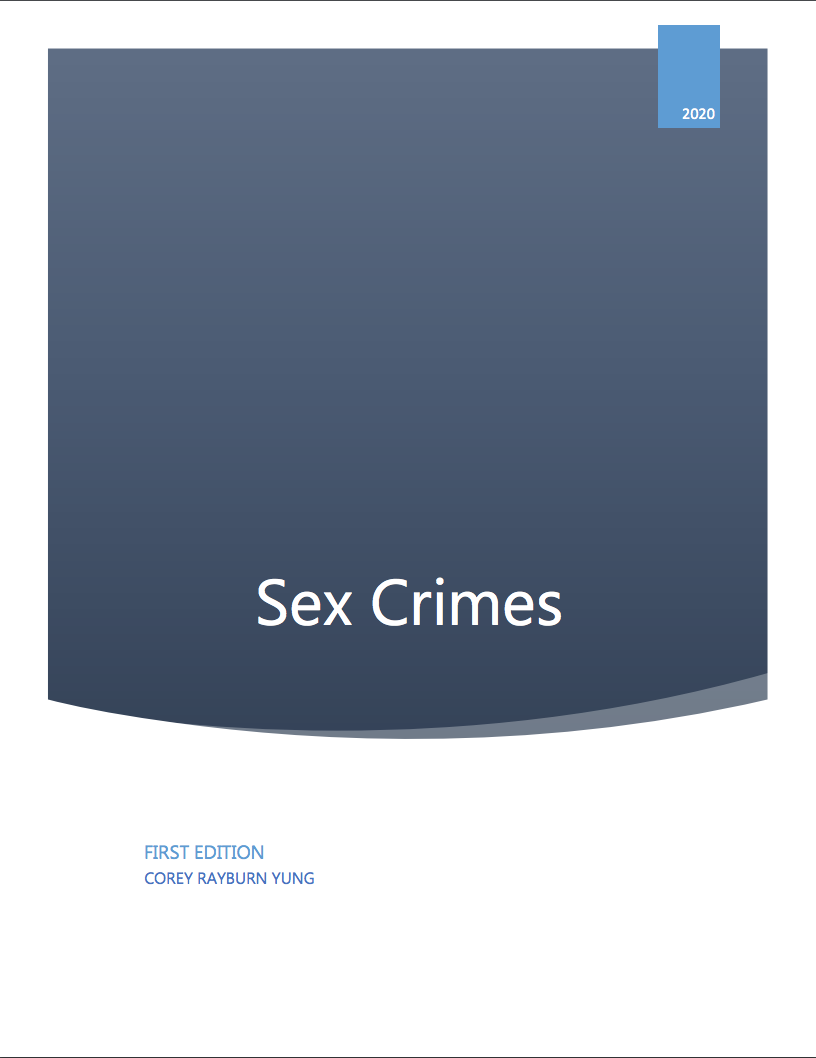
Corey Rayburn Yung (University of Kansas School of Law)
Sex Crimes: First Edition
Creative Commons, 2020
This textbook covers the criminalization of sexual deviance, rape, sexual assault, obscenity, nonconsensual pornography, child molestation, incest, child pornography, sex trafficking, sex work, prostitution, sex offender registration, sex offender residency restrictions, and sex offender civil commitment.
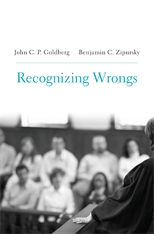
Benjamin Zipursky (Fordham Law School), John C. P. Goldberg (Harvard Law School)
Recognizing Wrongs
Harvard University Press, 2020
This book aims to unseat both the leading philosophical theory of tort law—corrective justice theory—and the approaches favored by the law-and-economics movement. It also sheds light on central figures of American jurisprudence and it addresses hotly contested contemporary issues in the law of damages, defamation, malpractice, mass torts, and products liability.
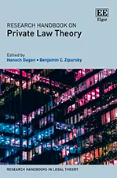
Benjamin Zipursky (Fordham Law School), Hanoch Dagan (Tel Aviv University)
Research Handbook on Private Law Theory
Elgar, 2020
This book provides an overview of contemporary private law theory. It includes examinations of the core areas of contracts, property and torts are complemented by an exploration of a breadth of topics that cross the divide between private and public law, including labor law, and corporate law.
Published in 2019
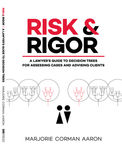
Marjorie Corman Aaron (University of Cincinnati College of Law)
Risk & Rigor: A Lawyer’s Guide to Decision Trees for Assessing Cases and Advising Clients
Dispute Resolution Institute Press, March 2019
Guide on litigation risk analysis utilizing case studies and advice from lawyers, mediators, and clients on how to accurately estimate damages, exposure and probabilities.
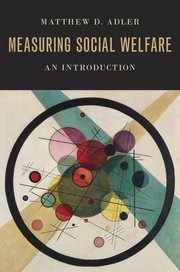
Matthew Adler (Duke University School of Law)
Measuring Social Welfare: An Introduction
Oxford University Press, October 2019
Introduces social welfare function framework as a tool to evaluate the efficacy of government policy.
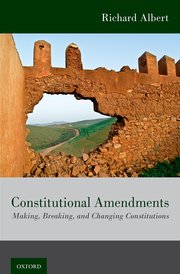
Richard Albert (University of Texas School of Law)
Constitutional Amendments: Making, Breaking and Changing Constitutions
Oxford University Press, August 2019
Study and analysis of constitutional amendment rules drawing on constitutions from around the world.
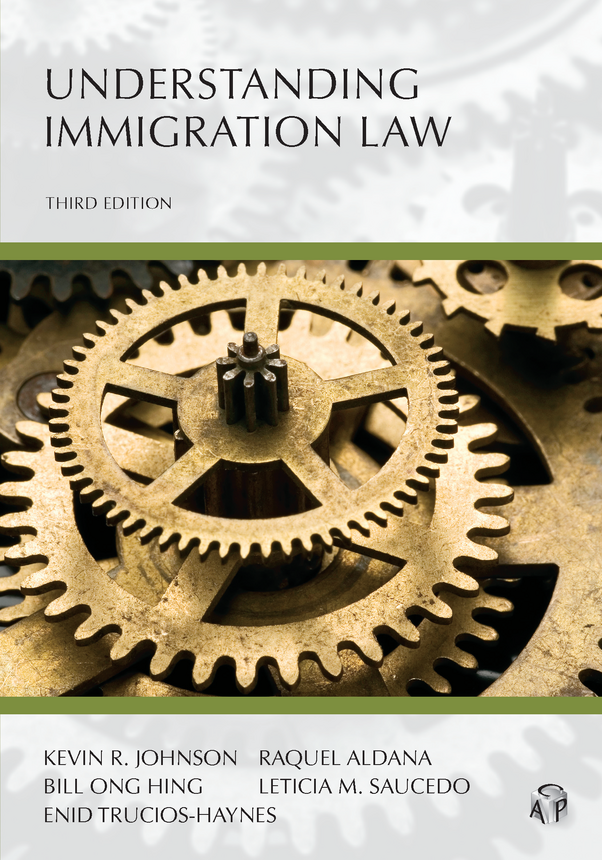
Kevin R. Johnson (UC Davis School of Law), Raquel Aldana (UC Davis School of Law)Bill Ong Hing (University of San Francisco School of Law), Leticia M. Saucedo (UC Davis School of Law), Enid Trucios-Haynes (University of Louisville Louis D. Brandeis School of Law)
Understanding Immigration Law
Carolina Academic Press, 2019
This book offers background about the intellectual, historical, and constitutional foundations of U.S. immigration law, and identifies the factors that have historically fueled migration to the United States.
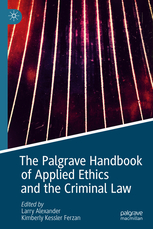
Larry Alexander (University of San Diego School of Law), Kimberly Kessler Ferzan (University of California Irvine School of Law)
The Palgrave Handbook of Applied Ethics and the Criminal Law
Palgrave Macmillan, December 2019
Contains essays on contemporary issues in criminal law and ethics, including the criminalization of specific crimes such as fraud and revenge pornography.
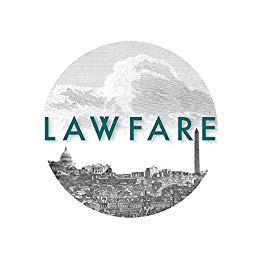
Scott Anderson and Robert Chesney (University of Texas School of Law), Ashley Deeks (University of Virginia Law School), Thomas Juneau, Vishnu Kannan, and Benjamin Wittes
The United States and the Use of Force Against Iran: A Lawfare Compilation
Lawfare, September 2019
Pulls together analysis of U.S.-Iran relationship within the context of use of force.
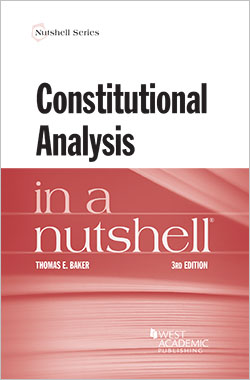
Thomas E. Baker (Florida International University)
Constitutional Analysis in a Nutshell
West Academic, January 2019
Summarizes and analyzes all the major topic of constitutional law, and the role played by the United States Supreme Court.
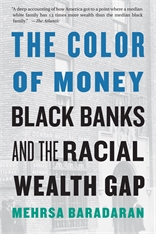
Mehrsa Baradaran (University of Georgia School of Law)
The Color of Money: Black Banks and the Racial Wealth Gap
Harvard University Press, March 2019
Examines past polices and the operation of black banks in segregated communities to analyze the persistent racial wealth gap.
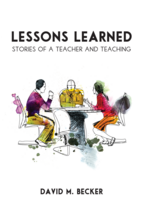
David M. Becker (Washington University School of Law)
Lessons Learned: Stories of a Teacher and Teaching
Carolina Academic Press, April 2019
Fictional story detailing the mentor relationship between a law professor and their research assistant.
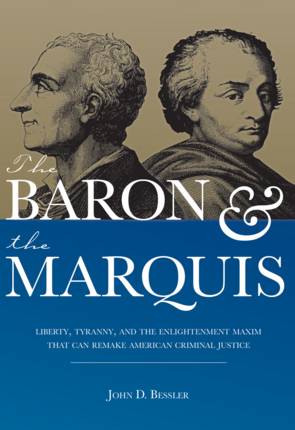
John D. Bessler (University of Baltimore Law School & Georgetown Law Center)
The Baron and The Marquis: Liberty, Tyranny, and the Enlightenment Maxim that Can Remake American Criminal Justice
Carolina Academic Press, December 2019
Explores the history of the parsimony principle which defined the divide between tyranny and liberty and inspired the American and French revolutions.
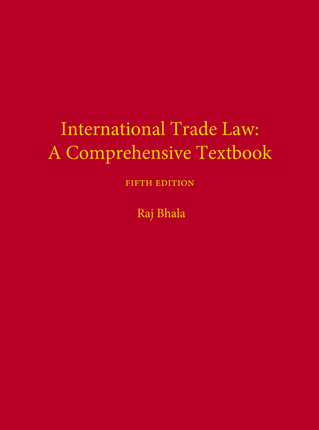
Raj Bhala (University of Kansas School of Law)
International Trade Law: A Comprehensive Textbook (5th edition)
Carolina Academic Press, 2019
There has been more disruption in the world of international trade law since the 2016 U.S. Presidential Election than at any time since the Second World War. Not only does this Textbook cover all existing U.S. FTAs, but it also addresses the updates associated with the USMCA (NAFTA 2.0) and the Sino-American Trade War.
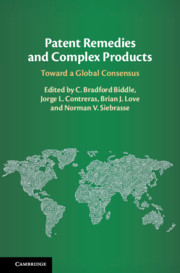
C. Bradford Biddle (Arizona State University College of Law), Jorge L. Contreras(University of Utah Quinney College of Law), Brian J. Love (Santa Clara University School of Law) and Norman V. Siebrasse
Patent Remedies and Complex Products: Toward a Global Consensus
Cambridge University Press, July 2019
Compiled by twenty legal scholars from eleven countries, this guidebook presents a consensus on patent remedies and covers the application of injunctive relief and monetary remedies.
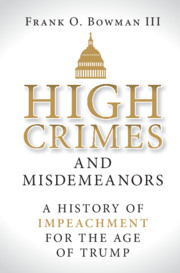
Frank O. Bowman III (University of Missouri School of Law)
High Crimes and Misdemeanors: A History of Impeachment for the Age of Trump
Cambridge University Press, July 2019
Traces the roots of the impeachment process from medieval England through its adoption in the Constitution and within the American experience.
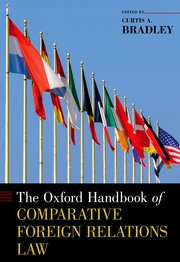
Curtis A. Bradley (Duke University School of Law)
The Oxford Handbook of Comparative Foreign Relations Law
Oxford University Press, July 2019
This handbook lays the groundwork for the relatively new field of comparative foreign relations law, to be of use not only to scholars, but also domestic judges and attorneys who work in an increasingly globalized legal landscape.
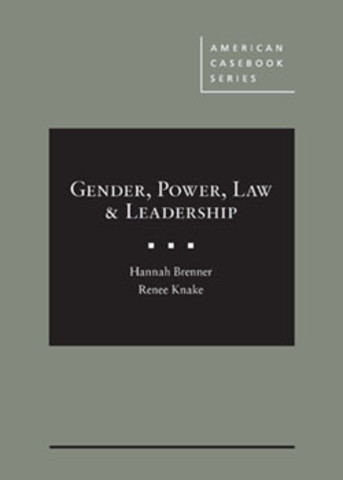
Hannah Brenner (California Western School of Law) and Renee N. Knake Jefferson (University of Houston Law Center)
Gender, Powers, Law & Leadership
West Academic Publishing, October 2019
A coursebook on addressing and resolving gender inequity.
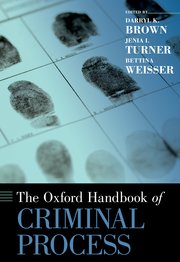
Darryl Brown (University of Virginia Law School), Jenia Turner (Southern Methodist University Dedman School of Law), and Bettina Weisser
The Oxford Handbook of Criminal Process
Oxford University Press, July 2019
Surveys the laws, institutions, and practices of criminal justice administration.
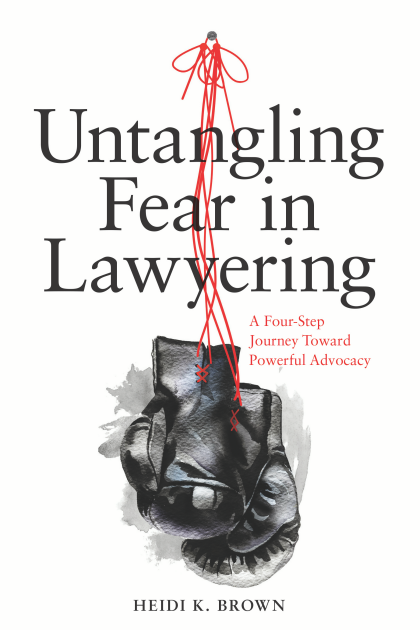
Heidi K. Brown (Brooklyn Law School)
Untangling Fear in Lawyering
American Bar Association, February 2019
A look at anxiety in legal education and law practice, from the perspective of students, attorneys, and clients.

Lonnie T. Brown (University of Georgia School of Law)
Defending the Public’s Enemy: The Life and Legacy of Ramsey Clark
Stanford University Press, July 2019
Explores the professional career of former U.S. Attorney General Ramsey Clark as he exited a career in public service and began work in private practice.

Elizabeth Chamberlee Burch (University of Georgia School of Law)
Mass Tort Deals: Backroom Bargaining in Multidistrict Litigation
Cambridge University Press, May 2019
Utilizes data on multi district litigation to demonstrate how the lack of checks and balances disproportionately affects plaintiffs.
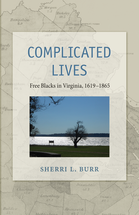
Sherri L. Burr (University of New Mexico School of Law)
Complicated Lives: Free Blacks, 1619-1865
Carolina Academic Press, October 2019
Explores the lives of free Africans in Virginia during the Revolutionary War.
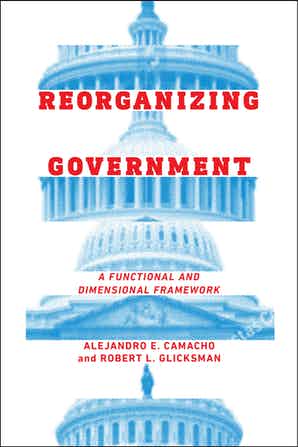
Alejandro Camacho (University of California Irvine School of Law) and Robert Glicksman (George Washington University Law School)
Reorganizing Government: A Functional and Dimensional Framework
New York University Press, August 2019
Provides analytical framework of government within three dimensions and explains how differentiating amongst the dimensions reduces the risk of regulatory failure.
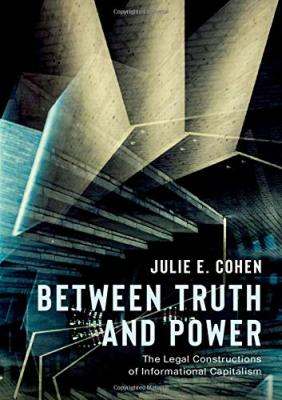
Julie E. Cohen (Georgetown University Law Center)
Between Truth and Power: The Legal Constructions of Informational Capitalism
Oxford University Press, October 2019
Explores relationship between legal institutions and political and economic transformations, and examines how the law created systems that benefited the growth of the information economy, often to the detriment of individual consumers.
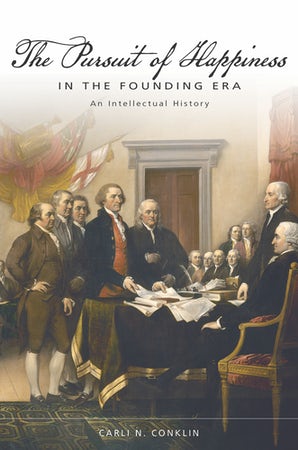
Carlin N. Conklin (University of Missouri School of Law)
The Pursuit of Happiness in the Founding Era: An Intellectual History
University of Missouri Press, May 2019
A history and analysis of the intellectual tradition of the philosophy of pursuing of happiness during the War for American Independence, exploring the usage of the pursuit of happiness in two of the era’s key legal documents: The Declaration of Independence and Blackstone’s Commentaries on the Laws of England.
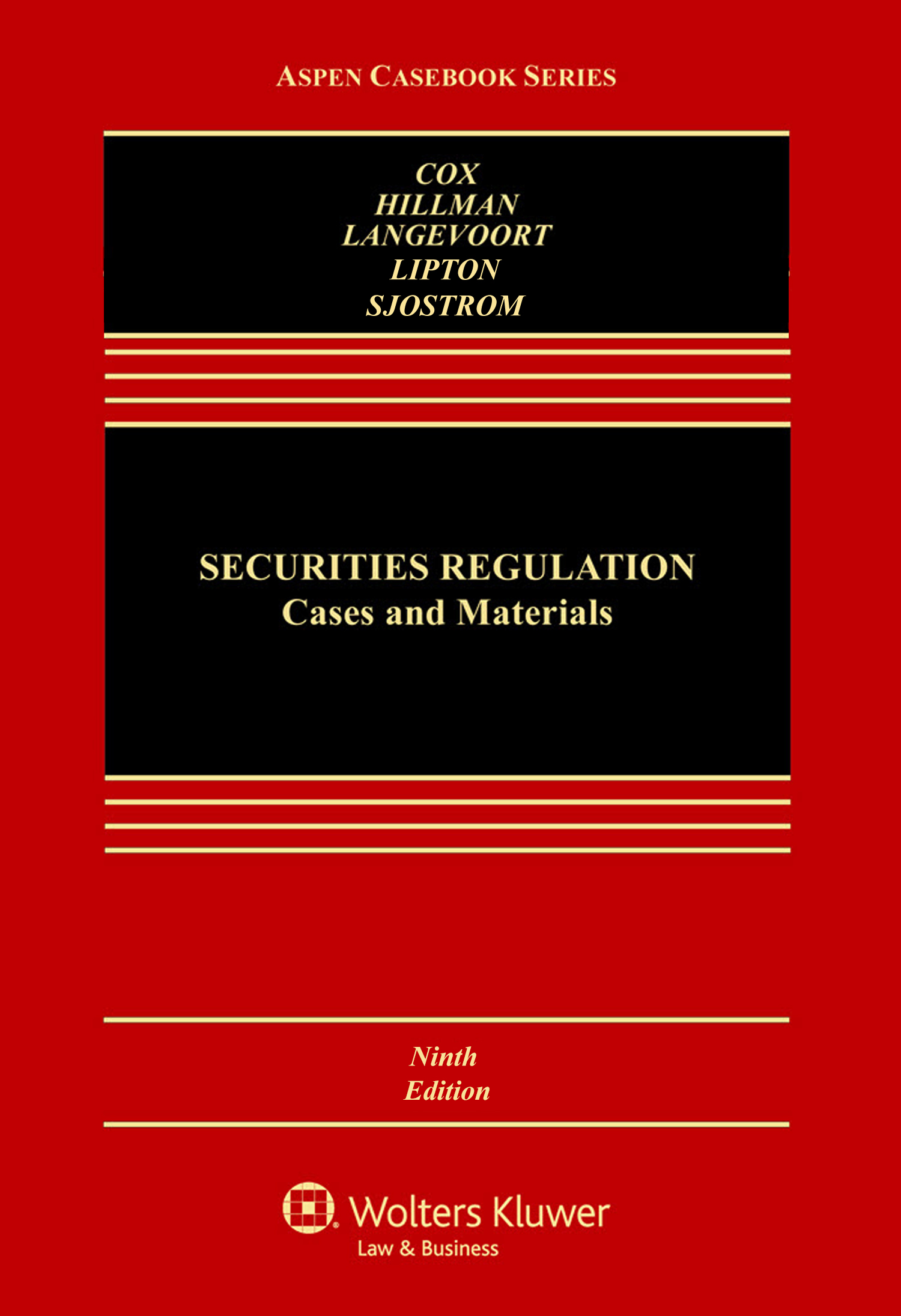
James D. Cox (Duke School of Law), Robert W. Hillman (UC Davis School of Law), Donald C. Langevoort (Georgetown University Law Center), Ann M. Lipton (Tulane Law)
Securities Regulation: Cases and Materials
Wolters Kluwer, 2019
This book contains a very teachable mix of problems, cases, and textual material, encouraging students to build their knowledge base by being active problem-solvers.
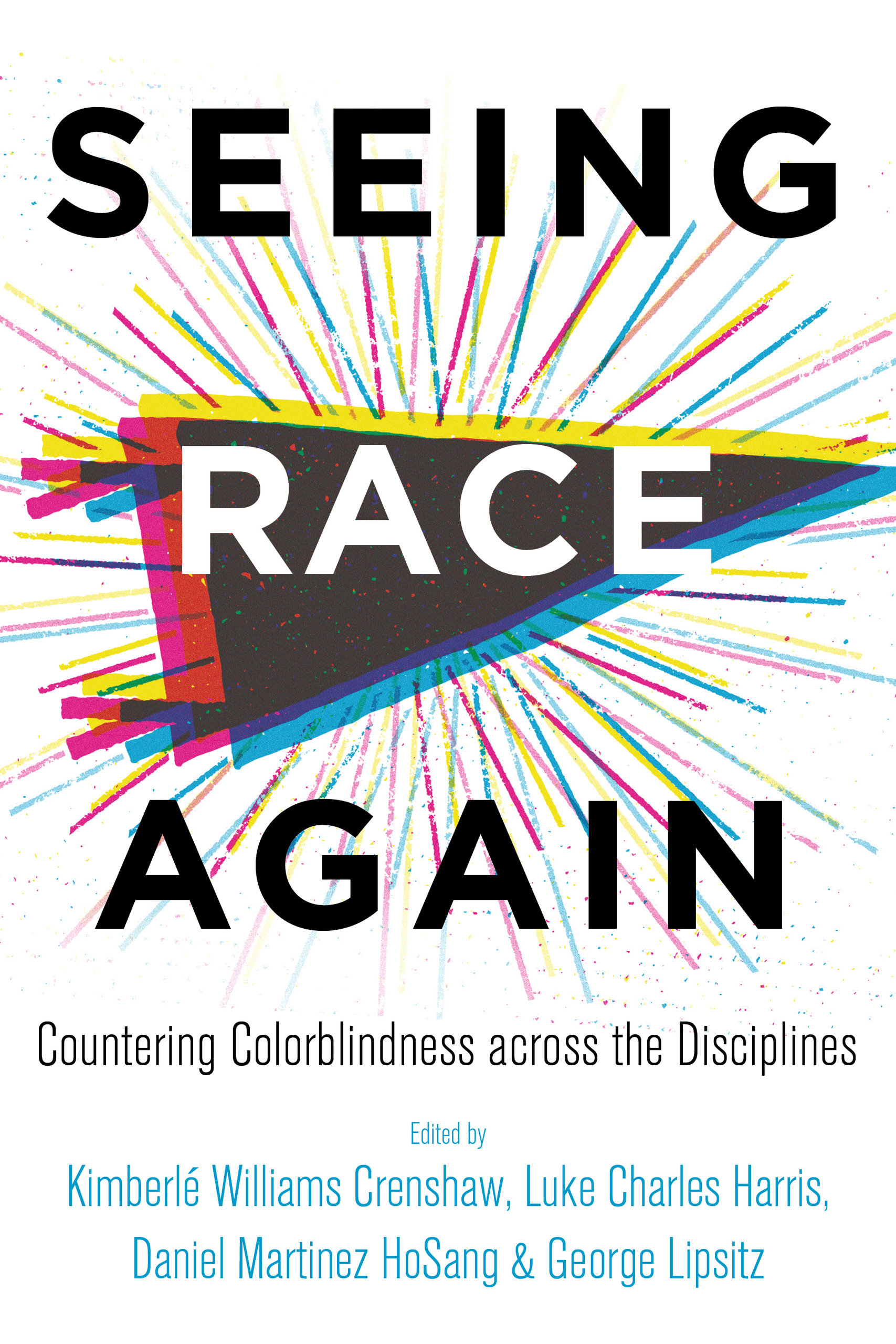
Kimberlé Williams Crenshaw (University of California, Los Angeles), Luke Charles Harris (Vassar College), Daniel Martinez HoSang (Yale University), George Lipsitz (University of California, Santa Barbara)
Seeing Race Again: Countering Colorblindness across the Disciplines
University of California Press, 2019
Examining the racial histories and colorblindness in fields as diverse as social psychology, the law, musicology, literary studies, sociology, and gender studies, this book documents the profoundly contradictory role of the academy in constructing, naturalizing, and reproducing racial hierarchy.
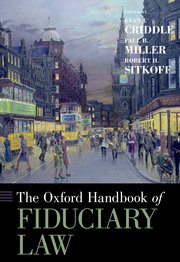
Evan J. Criddle (William & Mary Law School), Robert H. Sitkoff (Harvard Law School), Paul B. Miller (Notre Dame Law School)
The Oxford Handbook of Fiduciary Law
Oxford University Press, May 2019
Examines the application of fiduciary principle across over a dozen different fields of law including family, employment, and bankruptcy law.
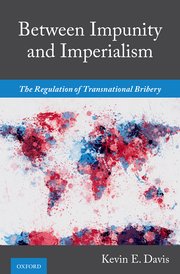
Kevin E. Davis (New York University School of Law)
Between Impunity and Imperialism: The Regulation of Transnational Bribery
Oxford University Press, August 2019
Discusses alternatives to the current global anti-bribery regime utilizing high-profile case studies.
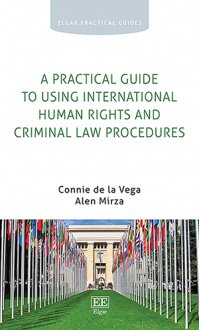
Connie de la Vega (University of San Francisco Law School) and Alen Mirza
A Practical Guide to Using International Human Rights and Criminal Law Procedures
Edward Elgar Publishing, December 2019
Practical guide for advocates and practitioners to research the various approaches to remedying human rights violations through international institutions and treaty based organizations, such as the international criminal court.
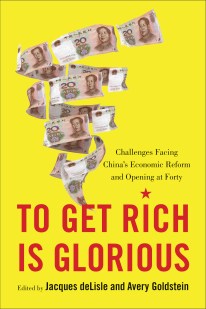
Jacques deLisle (University of Pennsylvania Carey Law School) and Avery Goldstein (University of Pennsylvania Carey Law School)
To Get Rich is Glorious: Challenges Facing China’s Economic Reform and Opening at Forty
Brookings Institute, September 2019
Analyzes how China has transformed since opening its economy in 1978 to become a leading force in international trade and investment.
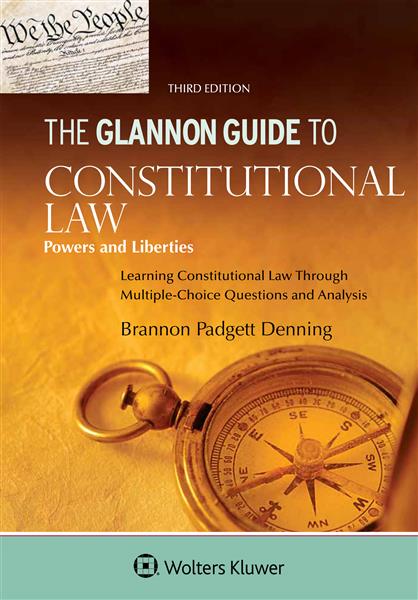
Brandon Denning (Samford University Cumberland School of Law)
The Glannon Guide to Constitutional Law: Powers and Liberties
Wolters Kluwer, January 2019
Offers explanations, questions and analysis of doctrines about the structure and powers in the U.S. Constitution.
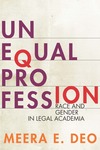
Meera Deo (Thomas Jefferson School of Law)
Unequal Profession: Race and Gender in Legal Academia
Stanford University Press, March 2019
Examines the experiences of diverse legal faculty and proposes mechanisms through which to increase diversity and improve the experiences of all faculty.
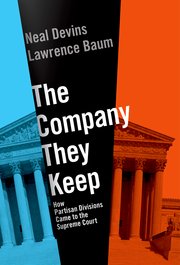
Neal Devins (William and Mary Law School) and Lawrence Baum
The Company They Keep: How Partisan Divisions Came to the Supreme Court
Oxford University Press, February 2019
Examines how partisanship and elite social networks affect how Supreme Court Justices take their cues.
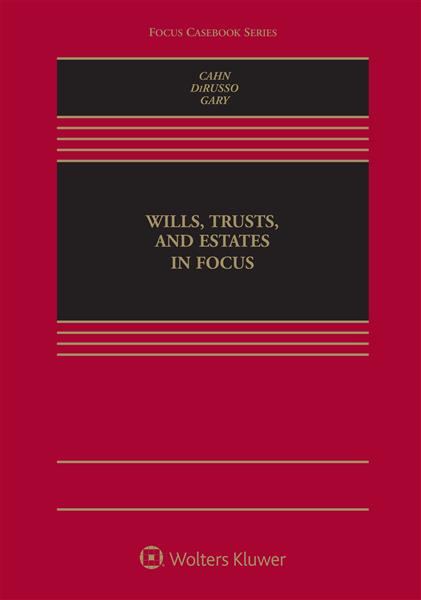
Alyssa DiRusso (Samford University Cumberland School of Law), Naomi Cahn, and Susan Gary
Wills, Trust, and Estates in Focus
Wolters Kluwer, February 2019
Textbook on wills, trust and estates utilizing case previews and real life applications.
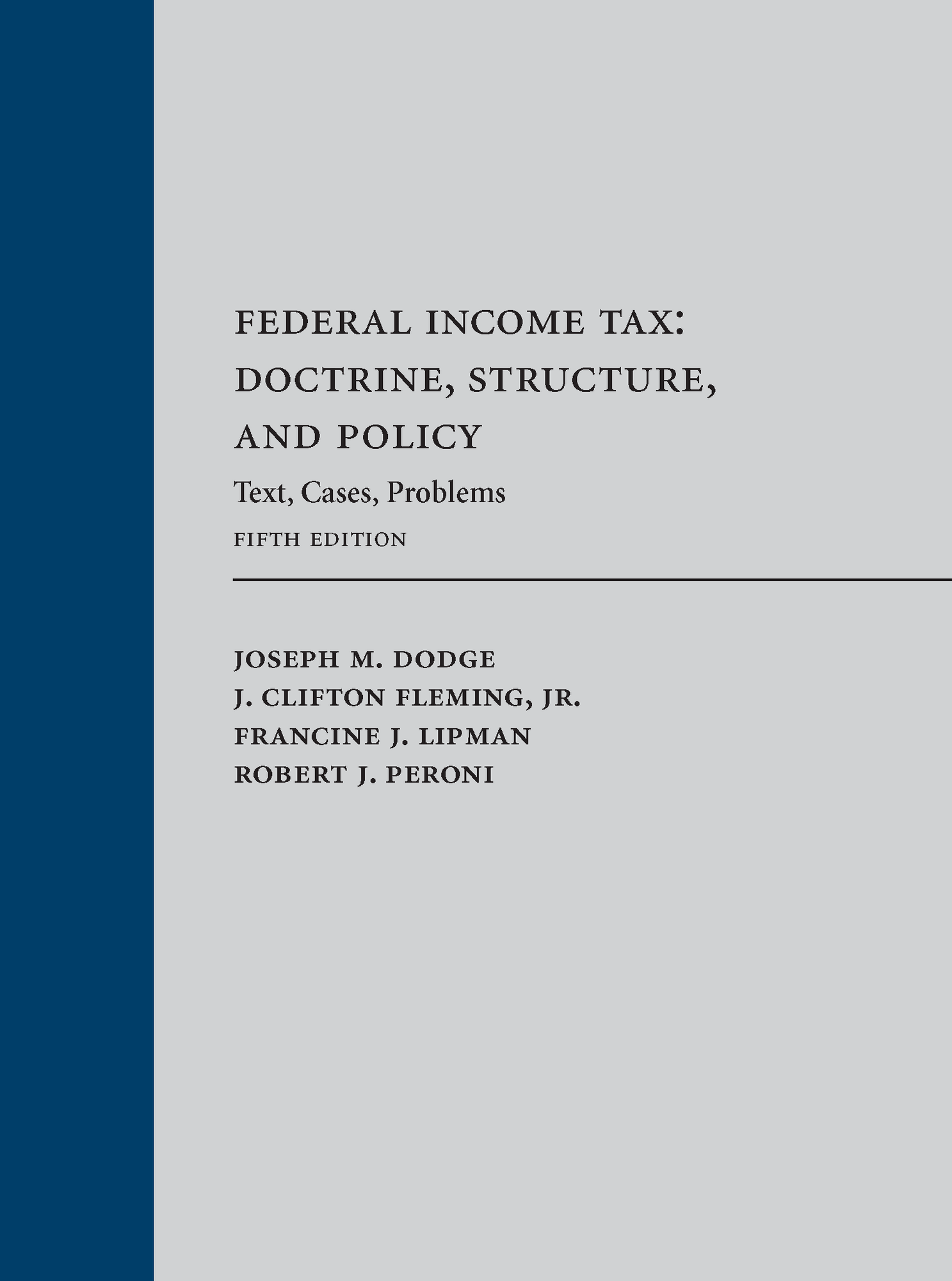
Joseph M. Dodge (Florida State), J. Clifton Fleming, Jr. (BYU), Francine J. Lipman (UNLV), Robert J. Peroni (Texas Austin)
Federal Income Tax, Doctrine, Structure, and Policy: Text, Cases, Problems Fifth Edition
Carolina Academic Press, 2019
This student-friendly casebook contains theory and policy discussions that provide the basis for answering problems and questions that appear at the end of each section. The fifth edition presents an overview of the tax system’s basic features and introduces students to fundamental principles and policies.
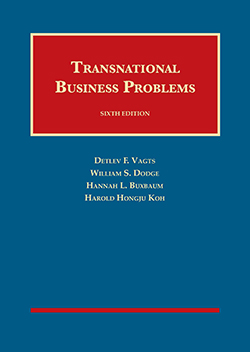
William S. Dodge (University of California, Davis), Hannah L. Buxbaum (Indiana University Maurer School of Law), Harold Hong Koh (Yale Law School)
Transnational Business Problems
West Academic, 2019
This book combines the best aspects of a conceptual, systemic approach and a problems approach, providing a sophisticated intellectual framework for understanding the most significant contractual and regulatory issues in international business.
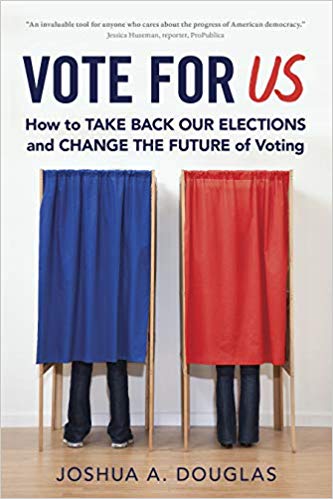
Joshua A. Douglas (University of Kentucky College of Law)
Vote for US: How to Take Back Our Elections and Change the Future of Voting
Prometheus Books, April 2019
Assessment of current efforts to make voting more reliable and accessible for all Americans.
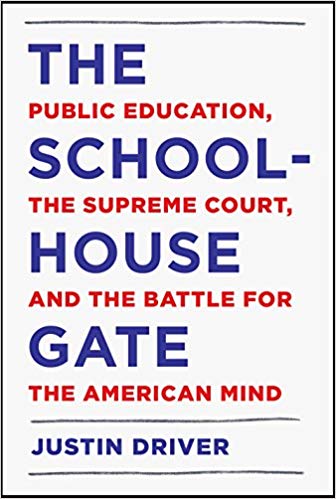
Justin Driver (University of Chicago, The Law School)
The Schoolhouse Gate: Public Education, the Supreme Court and the Battle for the American Mind
Pantheon, August 2019
Delves into the Supreme Court cases that have considered constitutional issues within the context of public schooling—issues range from free speech to racial, economic and religious inequality.
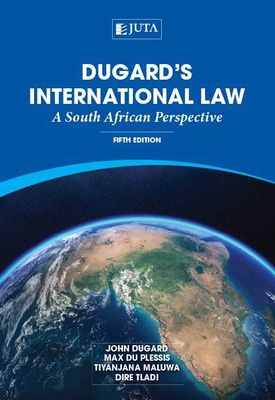
John Dugard (University of Pretoria), Max Du Plessis (University of Kwazulu-Natal), Tiyanjana Maluwa (Penn State Law), Dire Tladi (University of Pretoria)
Dugard’s International Law: A South African Perspective, 5th Edition
Juta, 2019
This book presents a South African perspective of international law. The basic principles of international law are described and examined with reference to the principal sources of international law. This examination, however, takes place within the context of South African law.
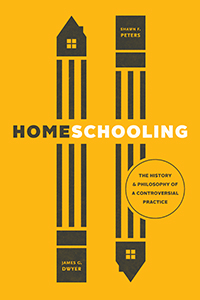
James Dwyer (William & Mary Law School)
Homeschooling: The History and Philosophy of a Controversial Practice
University of Chicago Press, April 2019
Examines the history of homeschooling in America and the debate over whether the government has a right to regulate it.
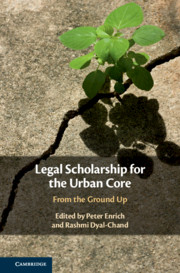
Rashimi Dyal Chand and Peter Enrich (Northeastern University School of Law)
Legal Scholarship for the Urban Core
Cambridge University Press, June 2019
Utilizes scholarly analyses across legal issues & methodologies to demonstrate how the law and lawyers can respond to challenges in America’s urban areas.
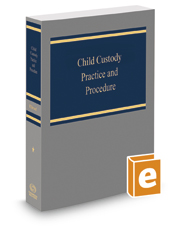
Linda Elrod (Washburn University School of Law)
Child Custody Practice and Procedure
Thomson Reuters, January 2019
Outlines procedures and strategies for winning favorable decisions in child custody cases.
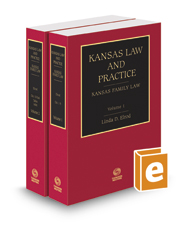
Linda Elrod (Washburn University School of Law)
Kansas Family Law, 2019-2020 ed
Thomson Reuters, January 2019
Casebook on Kansas statues, caselaw, rule, and comprehensive analysis of family law.
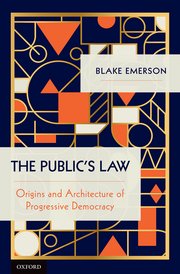
Blake Emerson (University of California Los Angeles School of Law)
The Public’s Law: Origins and Architecture of Progressive Democracy
Oxford University Press, March 2019
Theory and history of how American progressive thinkers such as W.E.B. DuBois and John Dewey developed their understanding of democracy from Hegelian political thought.
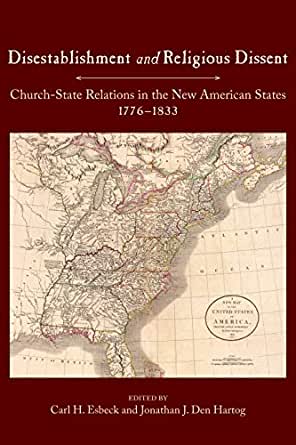
Carl H. Esbeck (University of Missouri School of Law) and Jonathan J. Den Hartog
Disestablishment and Religious Dissent: Church-State Relations in the New American States, 1776-1833
University of Missouri Press, November 2019
Comprehensive state-by-state look at how states disestablished in the midst of the Revolutionary War, as well as the constitutional place of religion in the newly formed United States.
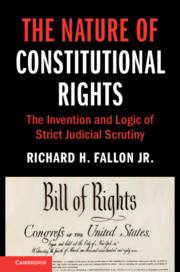
Richard H. Fallon, Jr. (Harvard Law School)
The Nature of Constitutional Rights: The Invention and Logic of Strict Judicial Scrutiny
Cambridge University Press, April 2019
Identifies what constitutional rights are, how courts must interpret them and why protections are more limited than most people think.
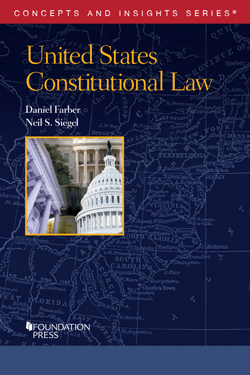
Daniel Farber (University of California, Berkeley School of Law) and Neil S. Siegel (Duke University School of Law)
United States Constitutional Law: Concepts and Insights
Foundation Press, February 2019
Guide through the complexity of the U.S. Supreme Court and its relationship to constitutional politics.
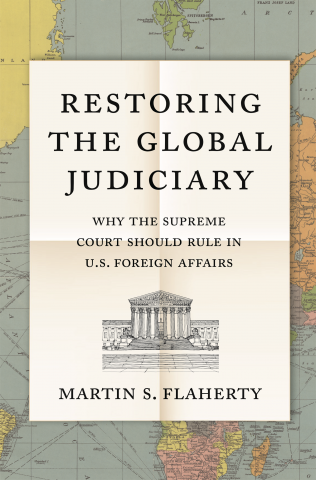
Martin S. Flaherty (Fordham Law School)
Restoring the Global Judiciary: Why the Supreme Court Should Rule in Foreign Affairs
Princeton University Press, September 2019
Traces the history of the Supreme Court and federal judiciary applying international law without deference to the other branches and explores how modern international relations make the commitment to balance among the branches of government more important than ever.
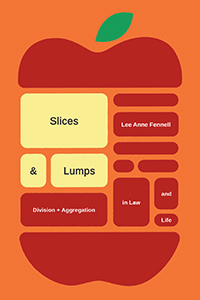
Lee Anne Fennell (University of Chicago School of Law)
Slices & Lumps: Division and Aggregation in Life and Law
University of Chicago Press, September 2019
Analyzes the challenges and benefits of configurations and the effects of carving and lumping on innovation.
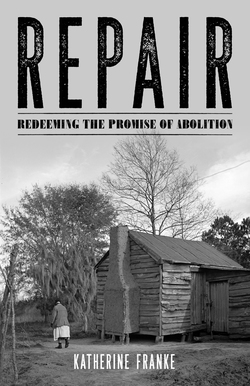
Katherine Franke (Columbia Law School)
Repair: Redeeming the Promise of Abolition
Haymarket, June 2019
Book details post-Civil War attempts to redistribute land to former slaves, making a case to offset racial and economic inequality today.
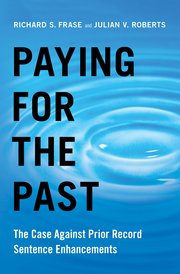
Richard S. Frase (University of Minnesota Law School) and Julian V. Roberts
Paying for the Past: The Case Against Prior Record Sentence Enhancements
Oxford University Press, August 2019
Provide systematic examination of different approaches to prior record enhancements.
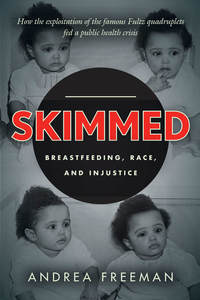
Andrea Freeman (University of Hawai’i at Mānoa William S. Richardson School of Law)
Skimmed: Breastfeeding, Race, and Injustice
Stanford University Press, 2019
Uncovering how feeding America’s youngest citizens is awash in social, legal, and cultural inequalities.
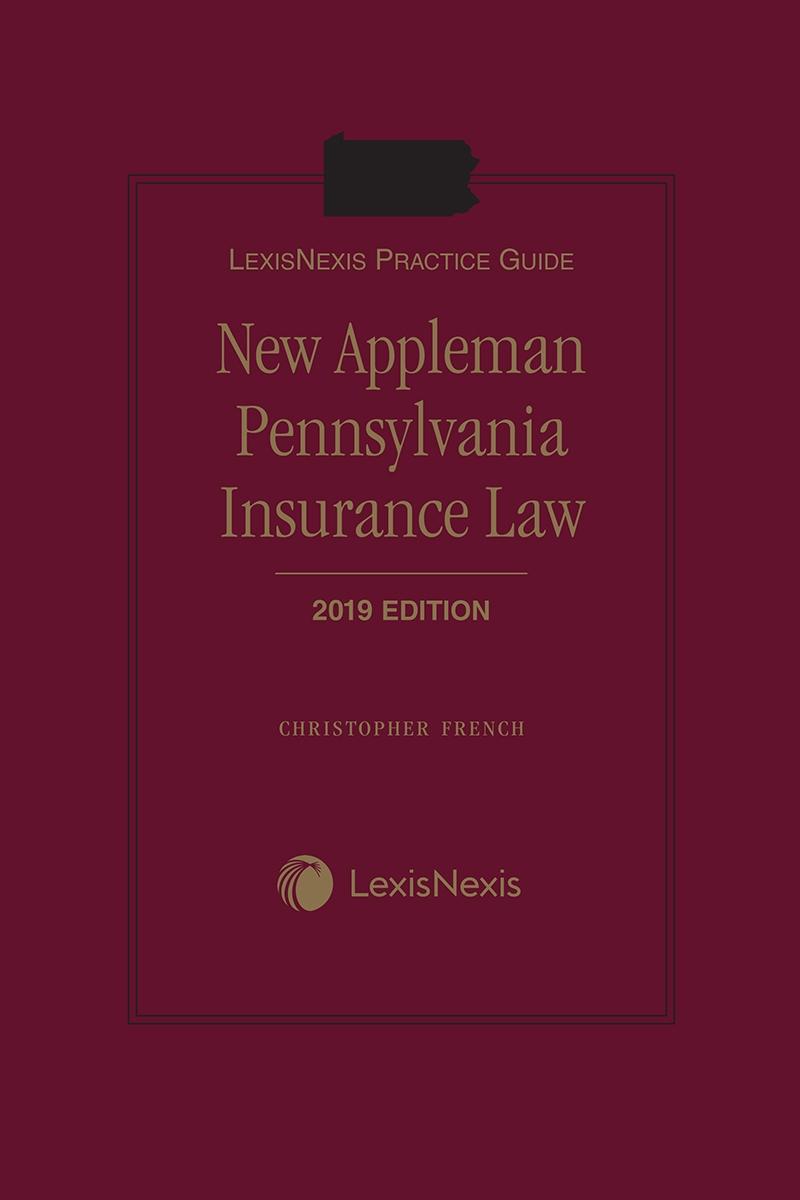
Christopher C. French (Penn State Law)
New Appleman Pennsylvania Insurance Law
LexisNexis, 2019
With checklists, tips and analysis, this single-volume practice guide is designed to help Pennsylvania practitioners manage insurance matters with confidence.
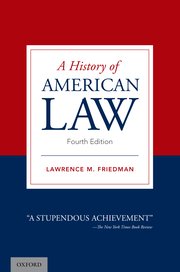
Lawrence M. Friedman (Stanford Law School)
A History of American Law (4th Edition)
Oxford University Press, October 2019
Comprehensive account of American law from colonial period to present day.
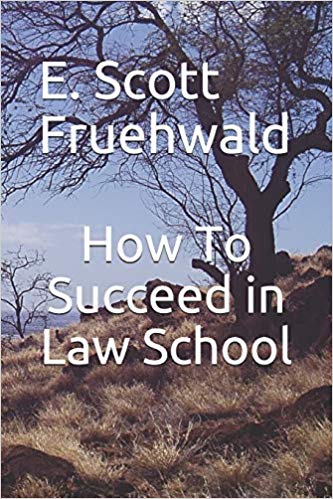
E. Scott Fruehwald (Deane School of Law at Hofstra University)
How to Succeed in Law School
July 2019
A guidebook on how future and current law students can overcome the rigors of law school, through developing mindset, study skills, and other habits.
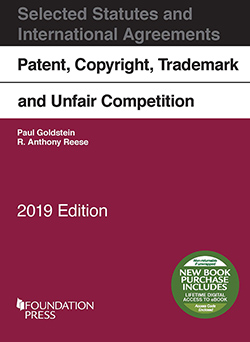
Paul Goldstein (Stanford Law School) and R. Anthony Reese (University of California Irvine School of Law)
Patent, Copyright, Trademark, and Unfair Competition
West Academic, January 2019
Contains all the key patent, copyright, trademark and unfair competition and related international agreements in convenient format for students.
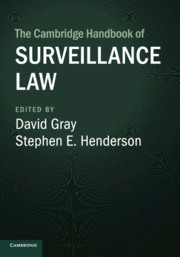
David Gray (University of Maryland Francis King Carey School of Law) and Stephen E. Henderson (University of Oklahoma College of Law)
The Cambridge Handbook of Surveillance Law
Cambridge University Press, March 2019
Explores the value and societal impact of surveillance techniques and technology and the ways societies can and do regulate surveillance.
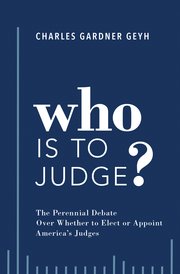
Charles Geyh (Indiana University Maurer School of Law)
Who is to Judge?: The Perennial Debate Over Whether to Elect or Appoint America’s Judges
Oxford University Press, March 2019
Explores the pros and cons of the paradox of elected and appointed judges.
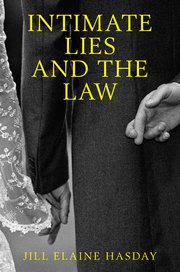
Jill Elaine Hasday (University of Minnesota Law School)
Intimate Lies and the Law
Oxford University Press, July 2019
Examines laws that allows partners in relationships to deceive and cause harm without facing legal consequences.
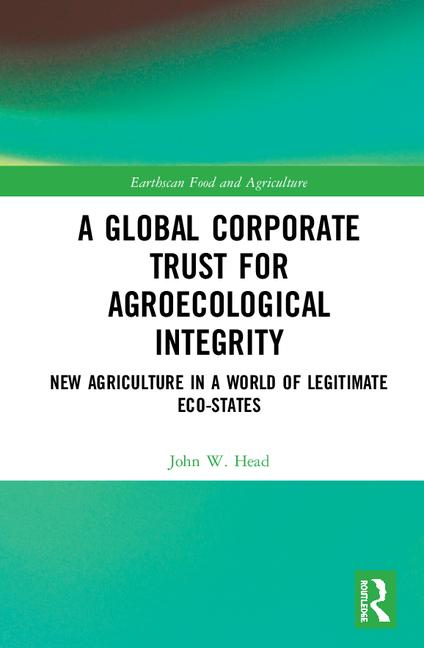
John W. Head (University of Kansas School of Law
A Global Corporate Trust for Agroecological Integrity
Routledge, 2019
This book examines global environmental governance and how legal, institutional, and conceptual reform can facilitate a transformation to a new ‘natural-systems’ form of agriculture.
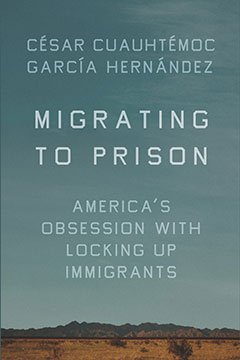
Cesar Cuahtemoc Garcia Hernandez (University of Denver Sturm College of Law)
Migrating to Prison: America’s Obsession with Locking Up Immigrants
The New Press, December 2019
Detailed look at the immigration prison’s systems origins and how it operates.
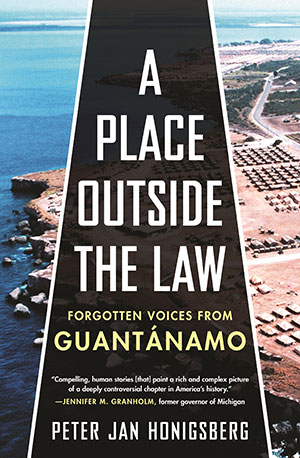
Peter Jan Honigsberg (University of San Francisco School of Law)
A Place Outside the Law: Forgotten Voices from Guantanamo
Beacon Press, November 2019
Collection of interviews from detainees at the military prison documenting its toll on not only the detainees and their families, but the personnel who staffed it and the journalists who reported on conditions there.
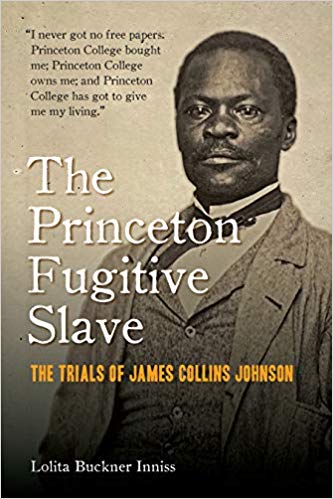
Lolita Buckner Innis (Southern Methodist University Dedman School of Law)
The Princeton Fugitive Slave: The Trials of James Collins Johnson
Fordham University Press, September 2019
A reconstruction of the extraordinary story of James Collins Johnson, a former slave who escaped to wind up working at Princeton University.
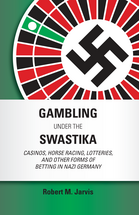
Robert M. Jarvis (Nova Southeastern University Broad College of Law)
Gambling Under the Swastika: Casinos, Horse Racing, Lotteries, and Other Forms of Betting in Nazi Germany
Carolina Academic Press, February 2019
Provides comprehensive look at how Nazis relied on gambling to build up Germany’s economy and wage war.
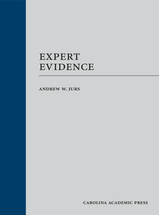
Andrew Jurs (Drake University Law School)
Expert Evidence
Carolina Academic Press, January 2019
Textbook designed to bring practical lens to the rules of evidence and civil procedure.
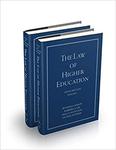
William A. Kaplin and Barbara A. Lee (Catholic University Columbus School of Law)
The Law of Higher Education
Wiley, July 2019
Offers college administrators, researchers and counsel with the most up to date coverage of the legal implications of administrative decision making.
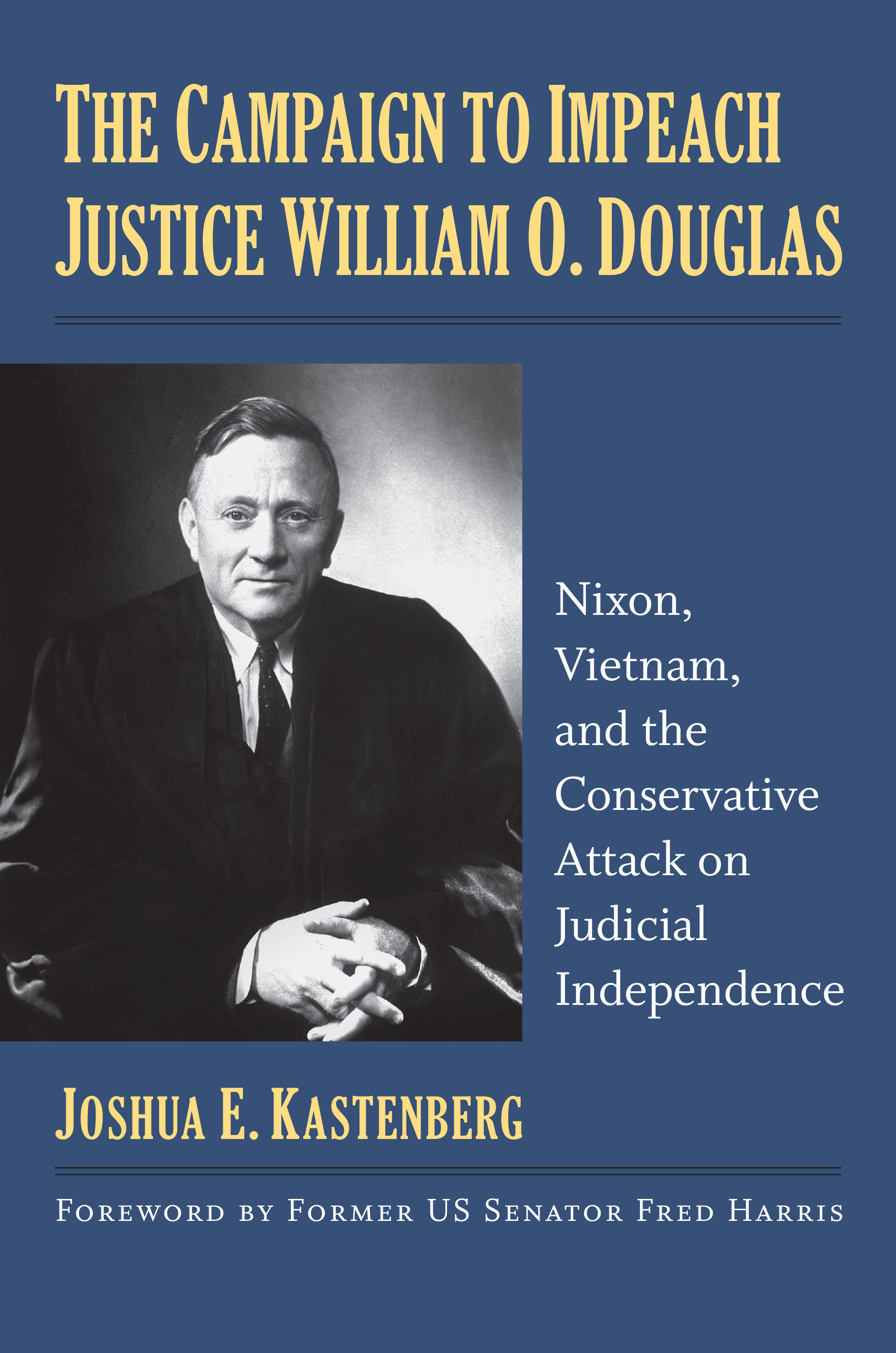
Joshua E. Katsenburg (University of New Mexico School of Law)
The Campaign to Impeach Justice William O. Douglas: Nixon, Vietnam, and the Conservative Attack on Judicial Independence
University Press of Kansas, October 2019
In-depth account of the attempt to impeach Supreme Court Justice William O. Douglas.
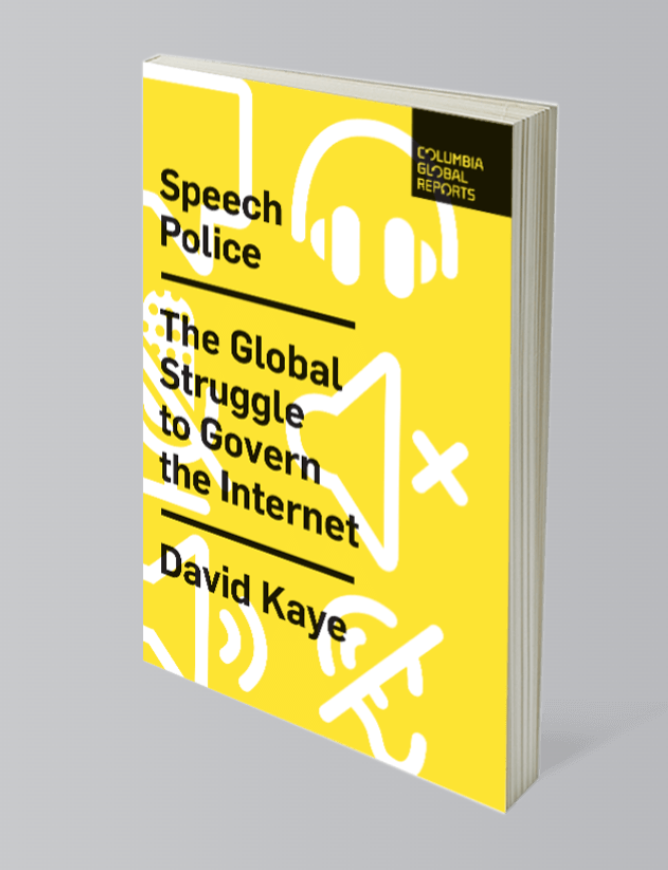
David Kaye (University of California Irvine School of Law)
Speech Police: The Global Struggle to Govern the Internet
Columbia Global Reports, January 2019
An analysis of the way free speech on the internet has been governed and whether social media platforms should be responsible for policing themselves, or if governments have the right to regulate.
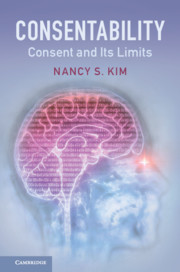
Nancy S. Kim (California Western School of Law)
Consentability: Consent and its Limits
Cambridge University Press, April 2019
Defines consent and and creates a framework to reflect the complexity of the issue, within the context of the #MeToo movement.
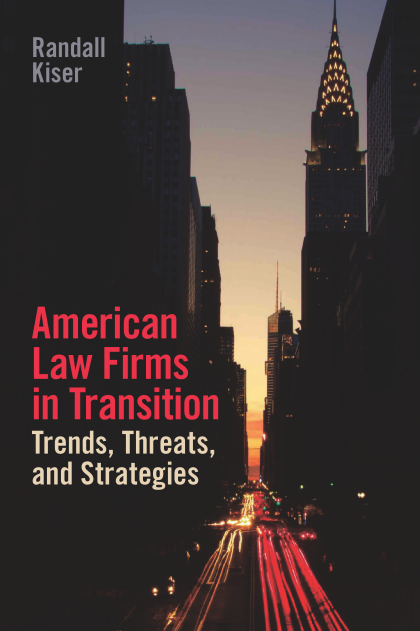
Randall Kiser (Indiana University Maurer School of Law)
American Law Firms in Transitions: Trends, Threats, and Strategies
American Bar Association, April 2019
Takes a broad view of the landscape of law firms after the Great Recession and analyzes the elements that will determine their success or failure in the next decade.
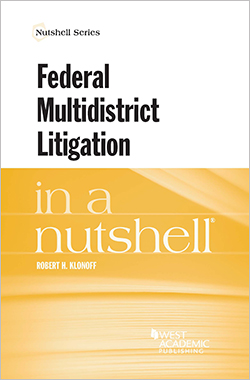
Robert Klonoff (Lewis & Clark Law School)
Federal Multidistrict Litigation in a Nutshell
West Academic, October 2019
Guidebook on every aspect and stage of multidistrict litigation and contemporary issues.
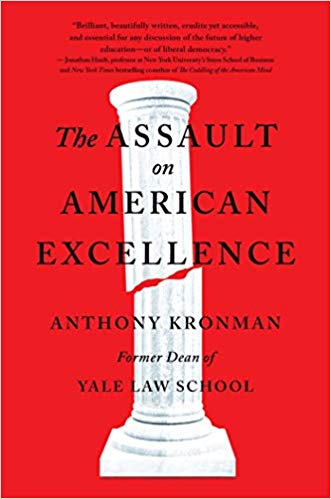
Anthony Kronman (Yale Law School)
The Assault on American Excellence
Free Press, August 2019
Analysis of contemporary university campus debates within the history of American values and traditions.
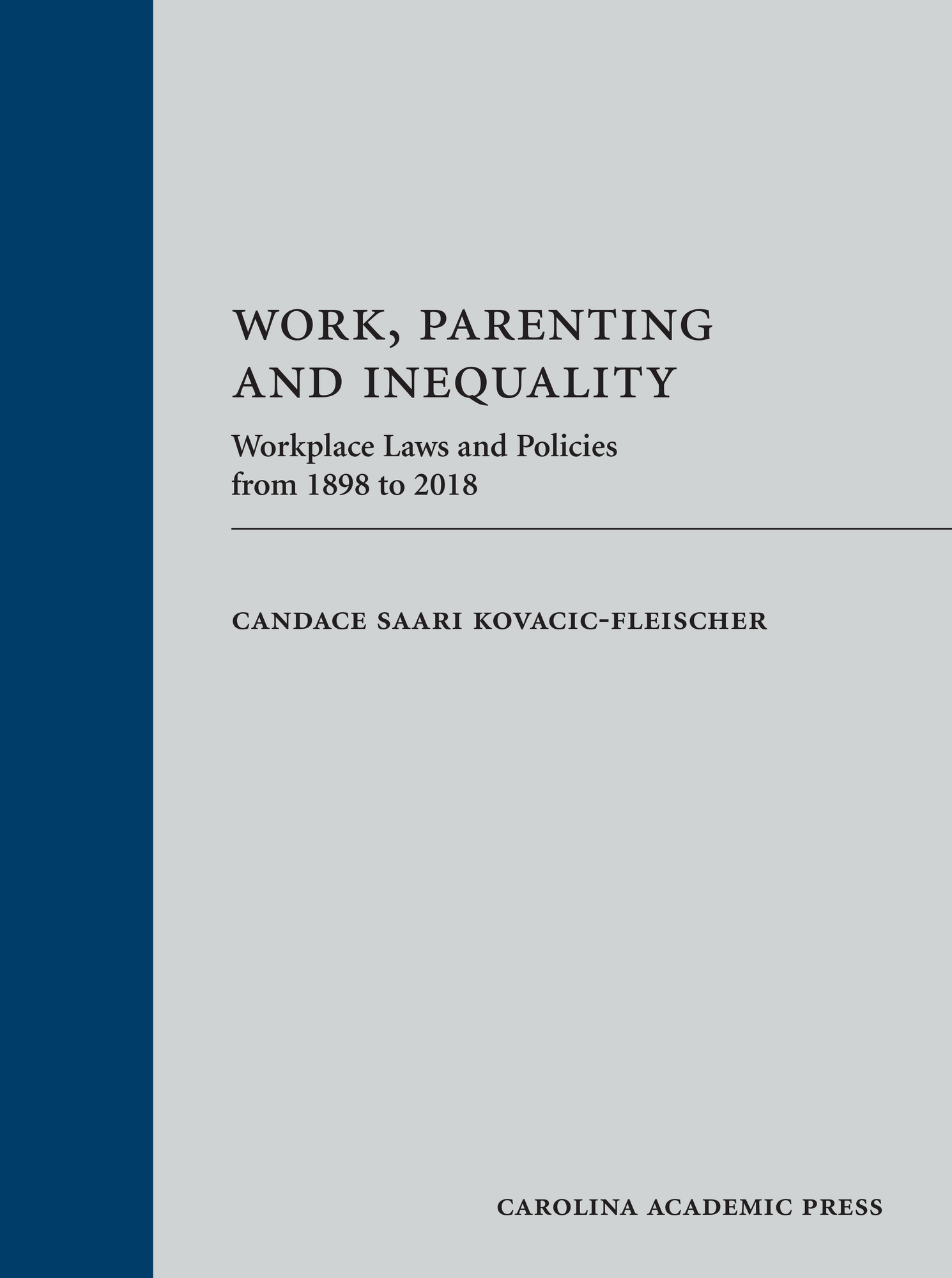
Candace Saari Kovacic-Fleischer (American University Washington College of Law)
Work, Parenting, and Inequality: Workplace Laws and Policies from 1898 to 2018
Carolina Academic Press, September 2019
Covers various areas of the law as it relates to parenting and employment since the 1890s.
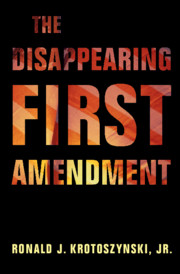
Ronald Krotoszynski, Jr. (The University of Alabama School of Law)
The Disappearing First Amendment
Cambridge University Press, August 2019
Addresses how the Supreme Court enforces the rights of the first amendment for those with the resources to fight back, while failing to protect the rights of those who need the government’s assistance to assert their right to free speech.
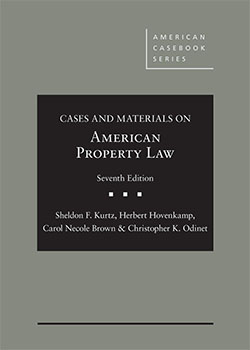
Sheldon F. Kurtz (University of Iowa College of Law), Herbert Hovenkamp (University of Pennsylvania Carey Law School), Carol Brown (University of Richmond School of Law), Christopher Ordinet (University of Oklahoma College of Law)
Cases and Materials on American Property Law
West Academic Press, January 2019
Casebook introduces students to spectrum of first year property law courses with new cases and expanded discussions on recent trends, cases and issues.
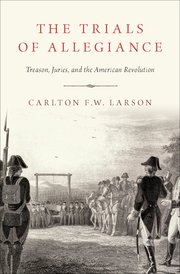
Carlton F.W. Larson (University of California Davis School of Law)
The Trials of Allegiance: Treason, Juries and the American Revolution
Oxford University Press, September 2019
Examines the law of treason during the American Revolution, and how the treason trials during that period shaped American identity and ideas of allegiance.
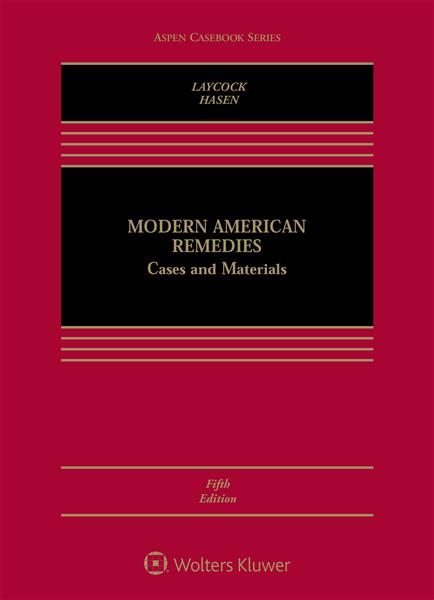
Douglas Laycock (University of Virginia School of Law) and Richard L. Hasen (University of California Irvine School of Law)
Modern American Remedies: Case & Materials, Fifth Edition
Wolters Kluwer, January 2019
Critique of economic analysis as applied to remedy issues.
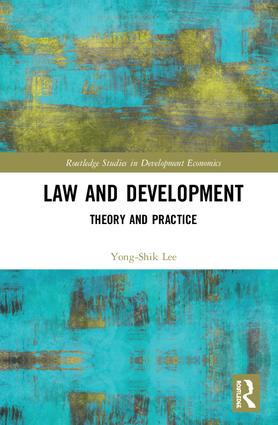
Yong-Shik Lee (Southern Illinois University Law School)
Law and Development: Theory and Practice
Routledge, January 2019
Examines the theory and practice of law and development utilizing case studies of specific countries to analyze pressing economic, legal and institutional issues.
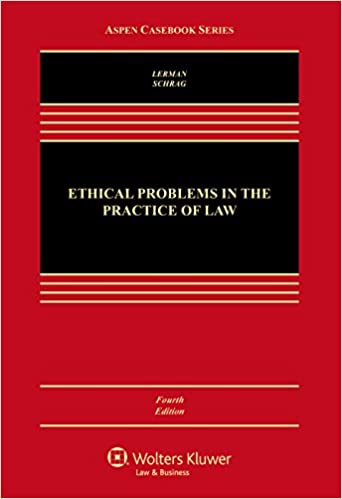
Lisa G. Lerman (Catholic University Columbus School of Law), Philip G. Schrag (Georgetown University Law Center), Robert Rubinson (University of Baltimore School of Law)
Ethical Problems in the Practice of Law, 4th Edition
Wolters Kluwer, February 2016
A problem-based casebook with a contemporary and thoughtful approach to challenging ethical dilemmas, encouraging deep analysis and lively class discussion.
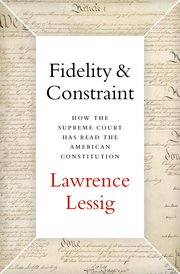
Lawrence Lessig (Harvard Law School)
Fidelity & Constraint: How the Supreme Court Has Read the American Constitution
Oxford University Press, May 2019
Details strategies of how judges understand the conflict at the heart of constitutional interpretation and how to work around its limitations.
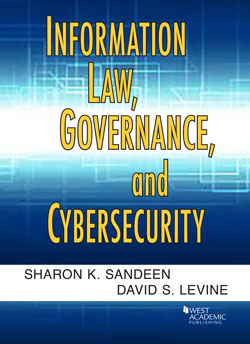
David S. Levine (Elon University School of Law) and Sharon K. Sandeen (Mitchell Hamline School of Law)
Information Law, Governance and Cybersecurity
West Academic Publishing, August 2019
Details laws related to information management and governance for law students and IT professionals.
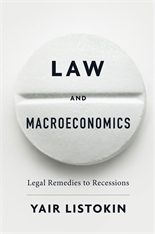
Yair Latoskin (Yale Law School)
Law and Macroeconomics
Harvard University Press, March 2019
Proposes using the law to expand fiscal policy to make it more effective.
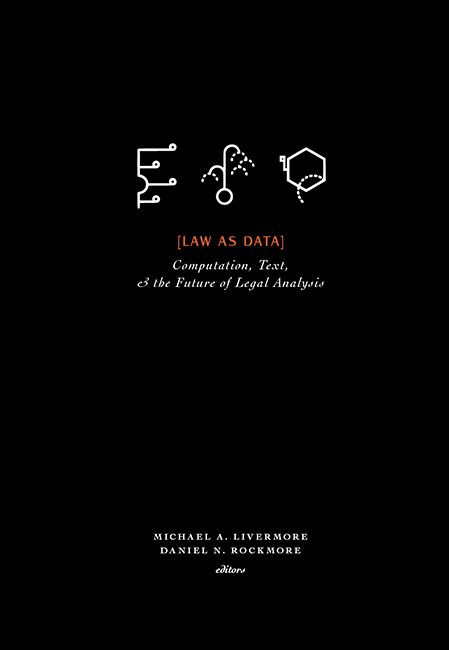
Michael Livermore (University of Virginia Law School)
Law as Data: Computation, Text and the Future of Legal Analysis
Santa Fe Institute, May 2019
Looks at how computers and other technological advances are used to analyze legal information.
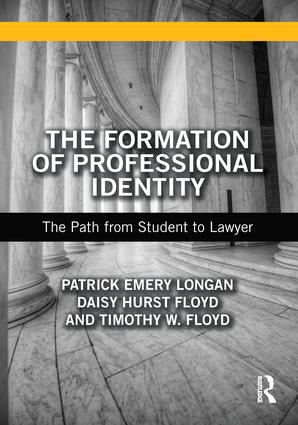
Patrick E. Longan (Mercer University George School of Law, Daisy Floyd (Mercer University George School of Law) and Timothy Floyd (Mercer University George School of Law)
The Formation of Professional Identity: The Path from Student to Lawyer
Routledge Press, October 2019
Analysis of the virtues needed for a lawyer to succeed professionally.

Ian Haney Lopez (University of California Berkeley School of Law)
Merge Left: Fusing Race and Class, Winning Elections and Saving America
The New Press, October 2019
A detailed road map on how to integrate the goals of racial and economic justice to break political gridlock and change the course of the country.
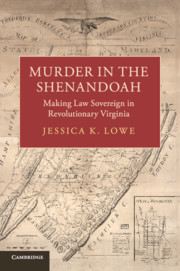
Jessica Lowe (University of Virginia School of Law)
Murder in the Shenandoah: Making Law Sovereign in Revolutionary Virginia
Cambridge University Press, February 2019
Explores real life murder mystery in the aftermath of the American Revolution and analyzes how the law was applied in the newly-founded republic.
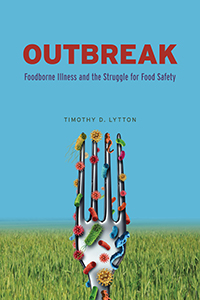
Timothy D. Lytton (Georgia State University College of Law)
Outbreak: Foodborne Illness and the Struggle for Food Safety
The University of Chicago Press, April 2019
Provides an up-to-date history and analysis of food safety in the U.S.
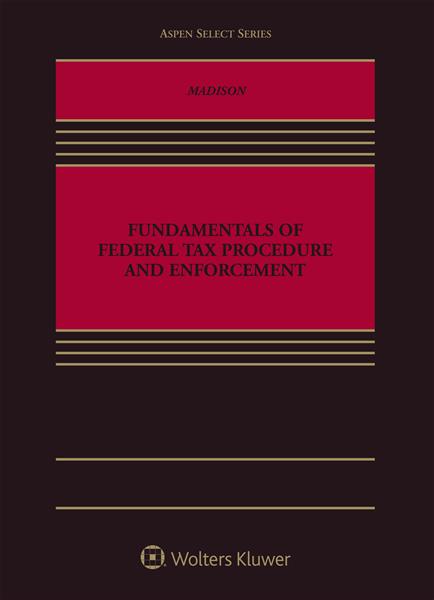
Allen Madison (University of South Dakota Knudson School of Law)
Fundamentals of Federal Tax Procedure and Enforcement
Wolters Kluwer, 2019
A guide through the thicket of rules and procedures that comprise the federal tax system, helping make sense of a seemingly random collection of dense rules and seemingly inaccessible entities governing federal tax procedure and enforcement.
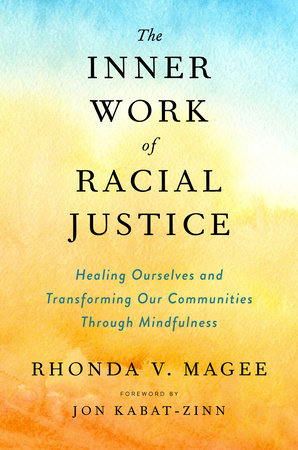
Rhonda V. Magee (University of San Francisco School of Law)
The Inner Work of Racial Justice: Healing Ourselves and Transforming Our Communities Through Mindfulness
TarcherPerigree, September 2019
Details how to practice embodied mindfulness to assist in recognizing biases and increasing emotional resilience.
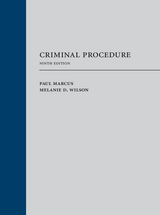
Paul Marcus (William and Mary Law School) and Melanie D. Wilson (University of Tennessee College of Law)
Criminal Procedure, Ninth Edition
Carolina Academic Press, December 2019
Covers foundational constitutional criminal procedure cases and the most recent Supreme Court decisions on the subject.
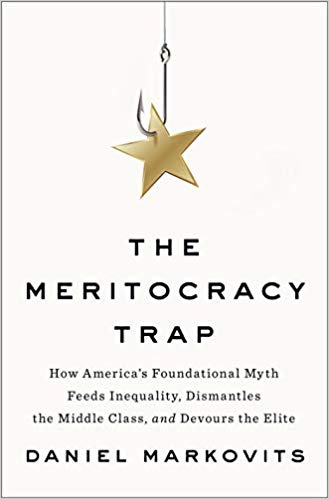
Daniel Markovits (Yale Law School)
The Meritocracy Trap: How America’s Foundational Myth Feeds Inequality. Dismantles the Middle Class and Devours the Elite
Penguin Press, September 2019
Analyzes and dismantles the central tenet of meritocracy as a systemic means to stop upward mobility for middle class professionals.
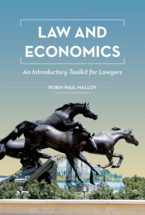
Robin Paul Malloy (Syracuse University College of Law)
Law and Economics: An Introduction Toolkit for Lawyers
Carolina Academic Press, January 2019
Offers tools for law and business school students to understand the processes of economics as it relates to the law.
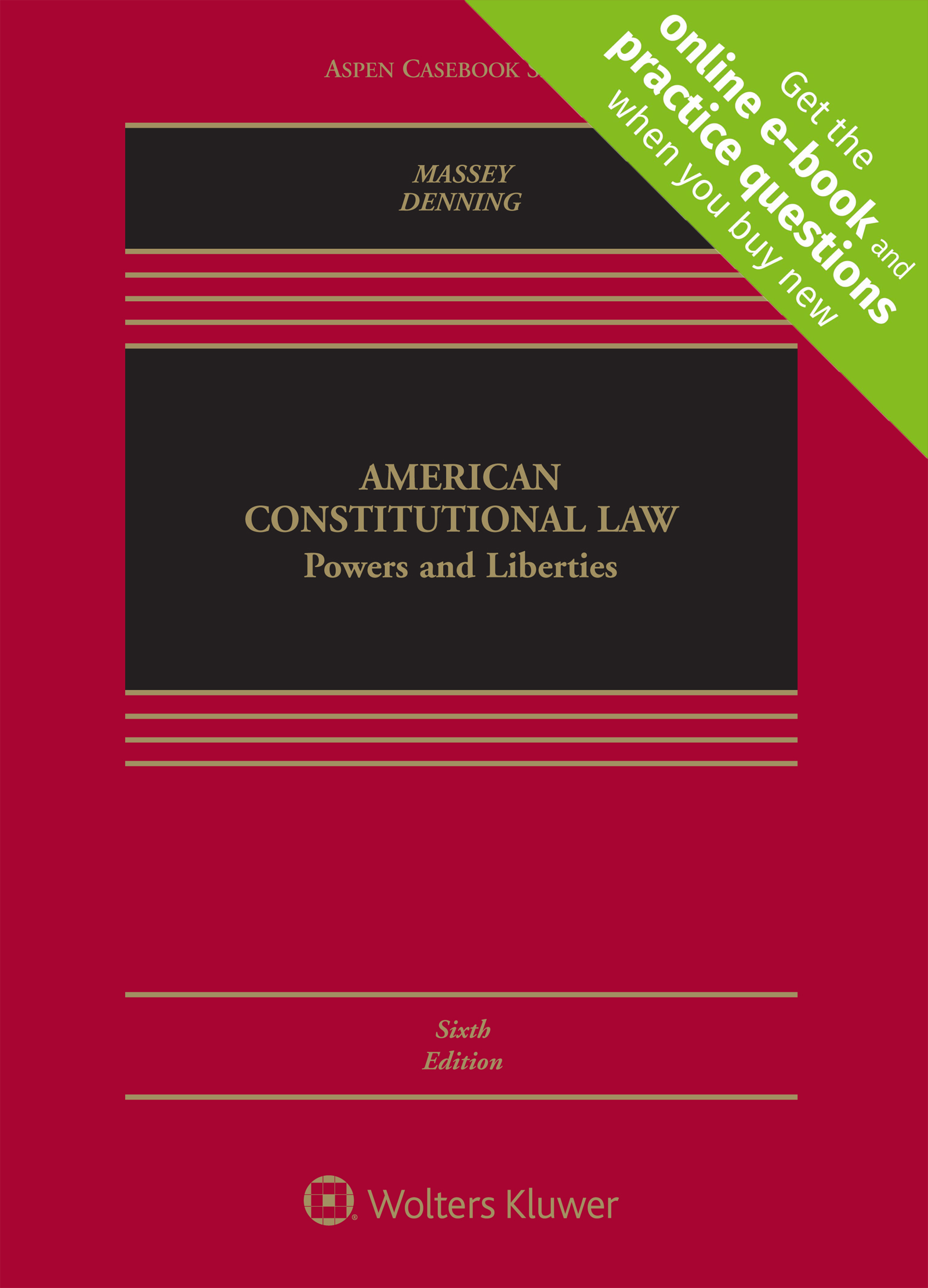
Calvin Massey (University of New Hampshire School of Law) and Brandon P. Denning (Samford University Cumberland School of Law)
American Constitutional Law: Powers and Liberties, Sixth Edition
Wolters Kluwer, February 2019
Survey of American Constitutional law theory utilizing case study and challenging hypothetical scenarios to help students self-assess and launch classroom discussion.
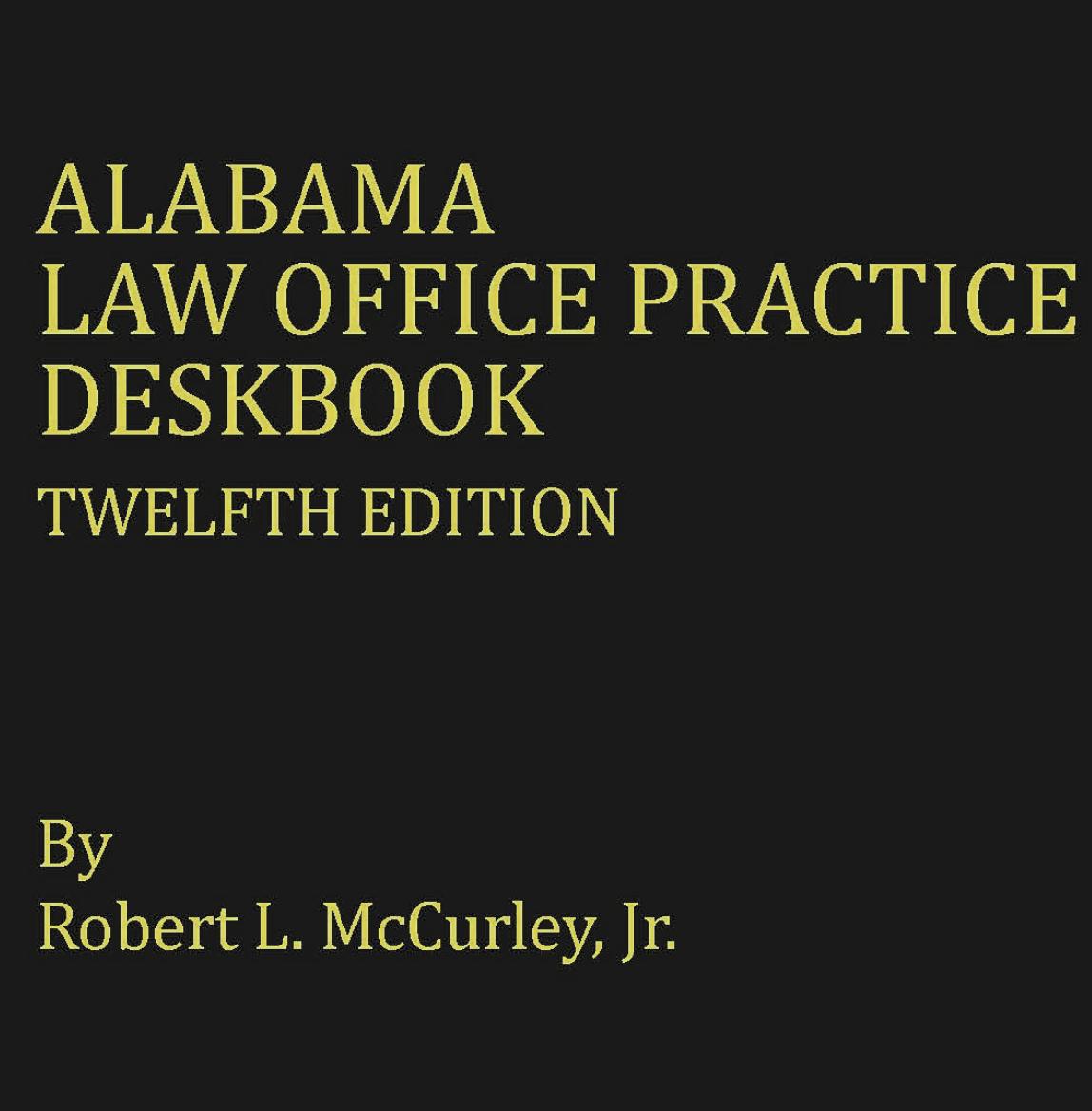
Bob McCurley (Samford University Cumberland School of Law)
Alabama Law Office Practice Deskbook
12 Ed., Second Printing
Casebook containing updated Alabama state law and a section on immigration.
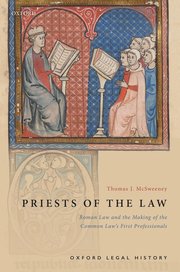
Thomas J. McSweeney (William and Mary Law School)
Priests of the Law: Roman Law and the Making of the Common Law’s First Professionals
Oxford University Press, December 2019
Tells the story of some of the first judges to work full time in England’s royal courts, utilizing the Roman law tradition.
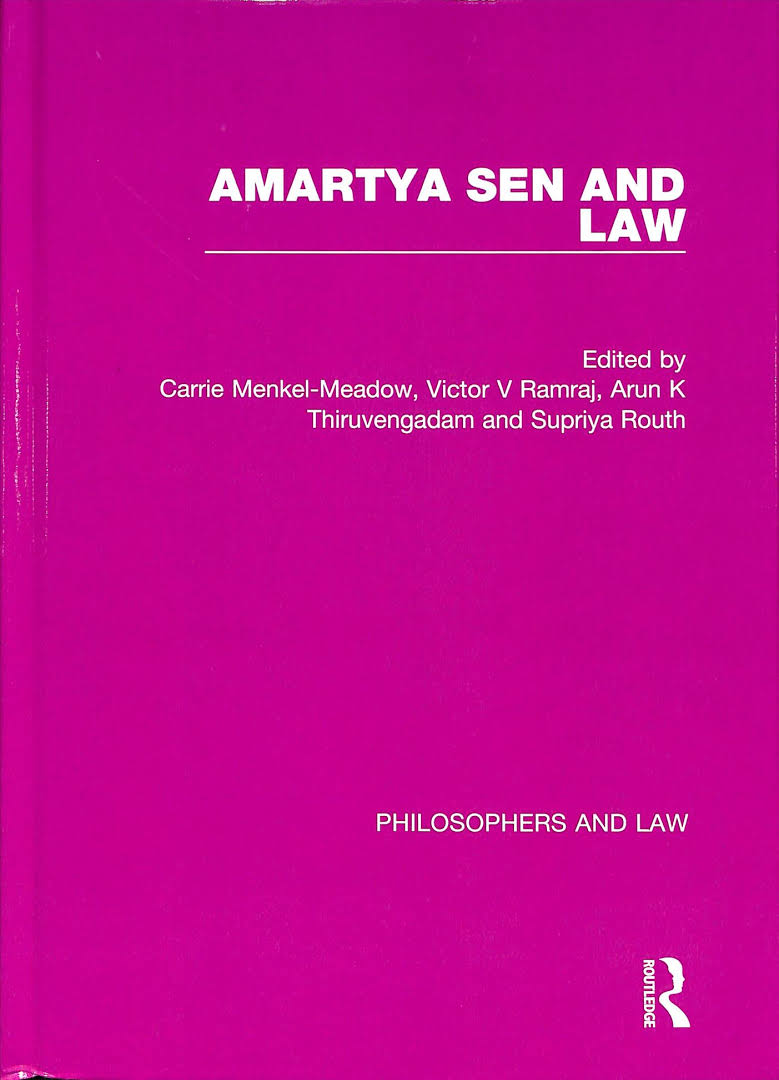
Carrie Menkel-Meadow (University of California Irvine School of Law), Victor V. Ramraj, Arun K. Thiruvengadam, and Supriya Routh
Amartya Sen and Law
Routledge, October 2019
A collection of articles on economist & philosopher Amartya Sen’s contributions to law and jurisprudence, offering insight on democracy, identity, and the complexity of diversity.
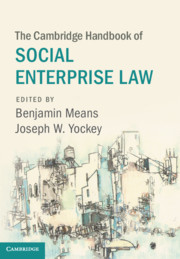
Benjamin Means (University of South Carolina School of Law) and Joseph W. Yockey (University of Iowa College of Law)
The Cambridge Handbook of Social Enterprise Law
Cambridge University Press, January 2019
Authoritative guide on how companies are evolving to address demands for conscientious capitalism.
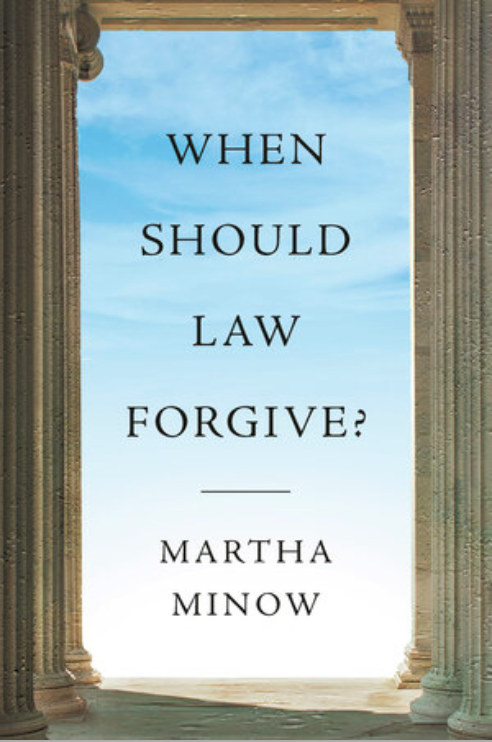
Martha Minow (Harvard Law School)
When Should Law Forgive?
W.W. Norton, September 2019
A summary and analysis on how grievances caused by different issues can be forgiven through the administration of the law.
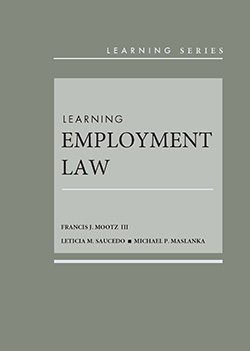
Francis J. Mootz III (University of the Pacific, McGeorge School of Law), Leticia M. Saucedo (UC Davis School of Law), Michael P. Maslanka (University of North Texas at Dallas College of Law)
Learning Employment Law
West Academic, 2019
This book provides concise and clear text, examples, and case excerpts that empower students to engage in sophisticated problem-solving regarding the most pressing issues in contemporary workplace law, and succinctly reviews the historical backdrop of each issue to ensure that students gain the wider understanding necessary to effectively address contemporary problems.
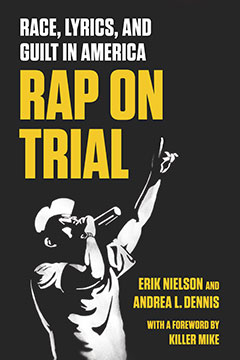
Erik Nielson and Andrea L. Dennis (University of Georgia School of Law)
Rap on Trial: Race, Lyrics, and Guilt in America
The New Press, November 2019
Details the practice of law enforcement officials and prosecutors arresting and convicting aspiring rap artists based solely on the lyrical content of their music.
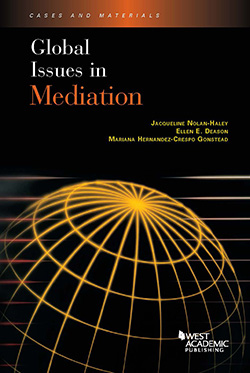
Jacqueline Nolan-Haley (Fordham University School of Law), Ellen E. Deason (The Ohio State University Moritz College of Law), Mariana Hernandez-Crespo Gonstead (University of St. Thomas School of Law)
Global Issues in Mediation
West Academic, June 2019
Essential read on arbitration, covering the latest developments and trends in legal issues, regulation, and ethics.
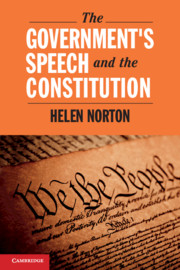
Helen Norton (The University of Colorado Law School)
The Government’s Speech and the Constitution
Cambridge University Press, August 2019
Analyzes how to understand when and how the government’s speech and expression violates the constitution.
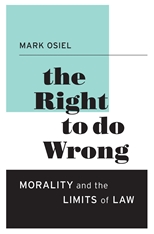
Mark Osiel (University of Iowa College of Law)
The Right to Do Wrong: Morality and the Limits of Law
Harvard University Press, February 2019
Collection of case studies and social research to explore how the exercise of right picks up where the law leaves off, helping to produce declining social trust which then leads to increased reliance and use of the law to enforce what is right.
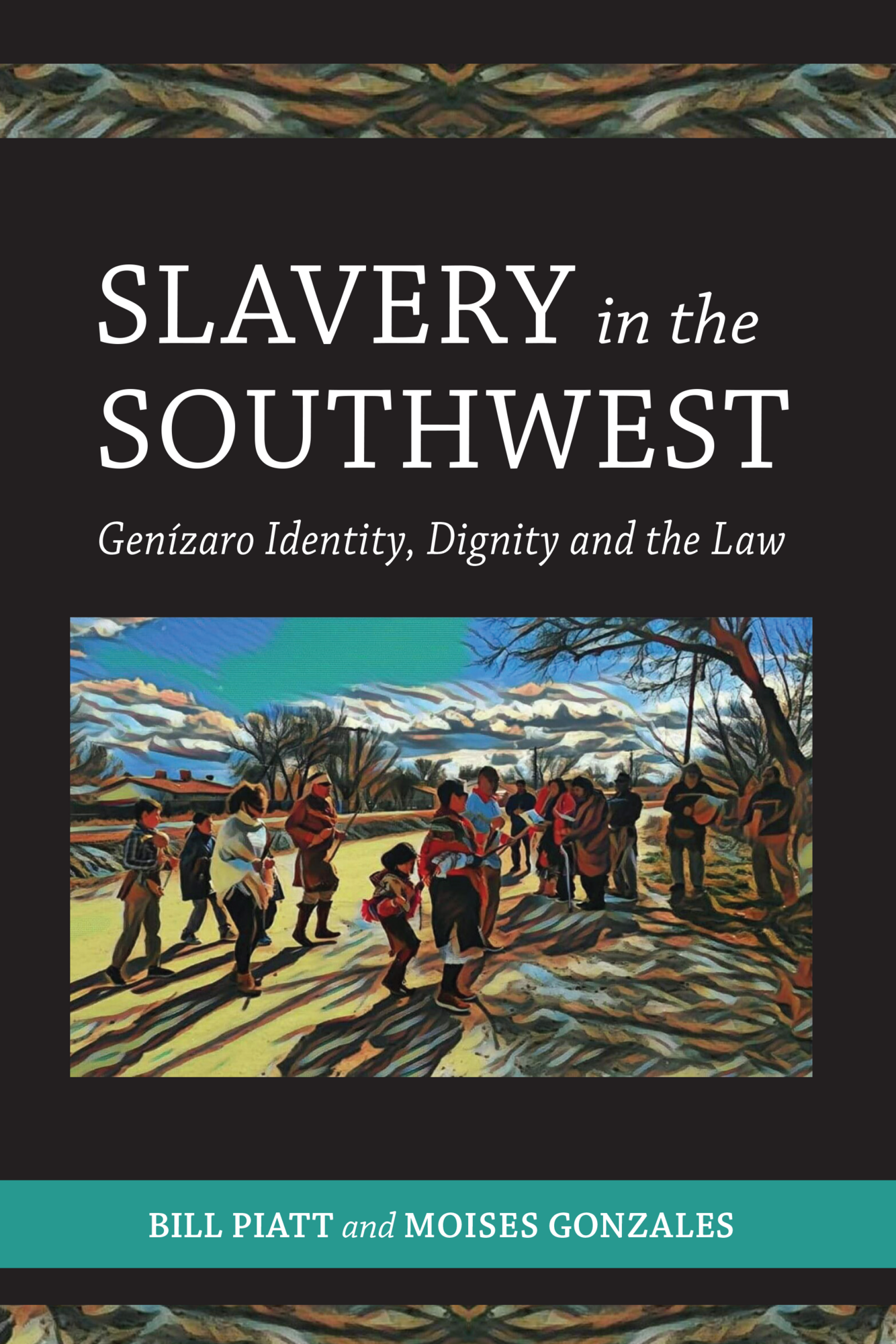
Robert William Piatt, Jr. (St. Mary’s University Law School), Moises Gonzales
Slavery in the Southwest: Genizaro Identity, Dignity and the Law
Carolina Academic Press, December 2019
Historic account and analysis of the status of formerly enslaved American indigenous people in the American Southwest.
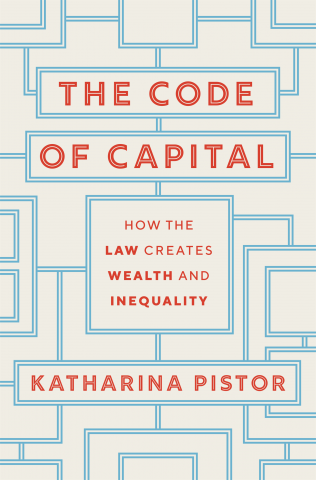
Katherina Pistor (Columbia Law School)
The Code of Capital: How the Law Creates Wealth and Inequality
Princeton University Press, May 2019
Examines and analyzes the legal construct of capital, and the role lawyers play in coding assets while creating wealth for their clients through legal protections.
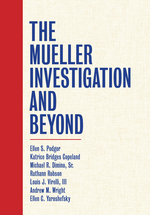
Ellen Podgor (Stetson University College of Law), Katrice Bridges Copeland (The Pennsylvania State University Law School), Michael Dimino (Widener University Commonwealth Law School), Ruthann Robson (City University of New York School of Law), Louis J. Virelli, III (Stetson University College of Law, Andrew M. Wright, and Ellen C. Yaroshefsky (Hofstra University Deane School of Law)
The Mueller Investigation and Beyond
Carolina Academic Press, October 2019
Case studies, essays and other materials providing contextual material for learning the Mueller investigation and the numerous issues emanating from it.
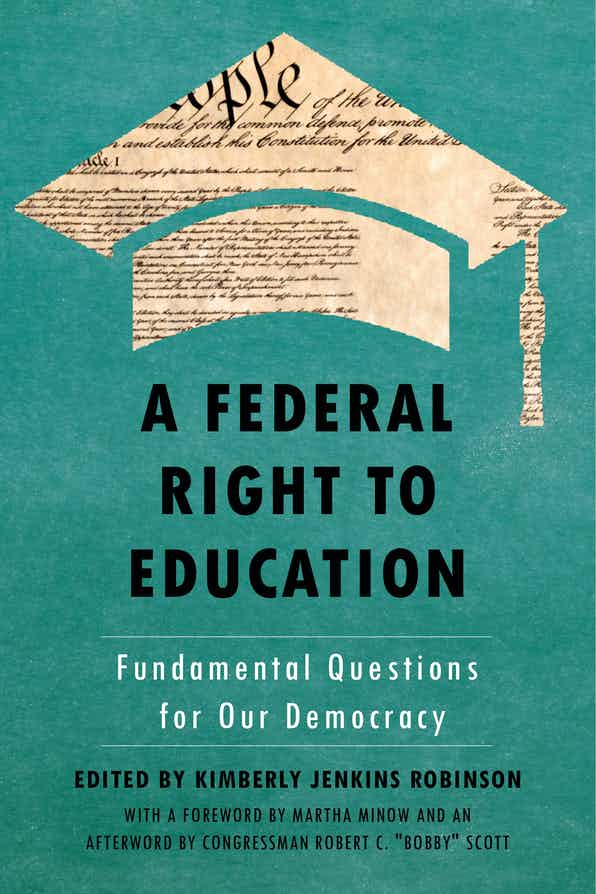
Kimberly Jenkins Robinson (University of Virginia School of Law)
A Federal Right to Education: Fundamental Questions for Our Democracy
NYU Press, December 2019
A comprehensive look at how the federal government has intervened to close achievement gaps, the means through which the federal right to education can be achieved, and what that should mean.
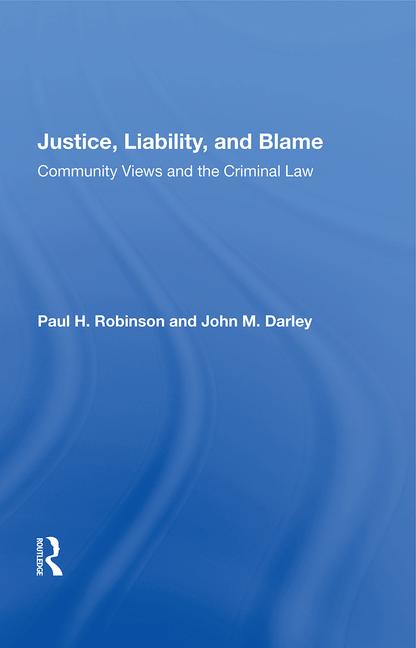
Paul H. Robinson (University of Pennsylvania Carey Law School)
Justice, Liability and Blame
Routledge, January 2019
Contains eighteen original studies that cover a wide range of issues pertinent to criminal law codes.
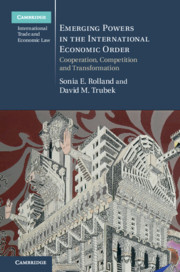
Sonia E. Rolland (Northeastern University School of Law) and David Trubek (University of Wisconsin Law School)
Emerging Powers in the International Economic Order
Cambridge University Press, July 2019
Charts how emerging countries are transforming international trade and investment regulation and offers perspectives to overcome the current international governance crisis.
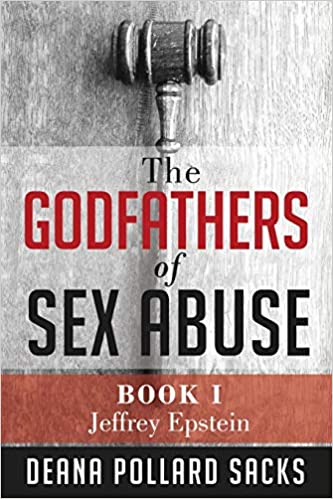
Deana Pollard Sacks (Texas Southern University Thurgood Marshall School of Law)
The Godfathers of Sex Abuse, Book 1: Jeffrey Epstein
Stonebrook Publishing, December 2019
First in a series of books examining the most notorious names of the #MeToo era, looking at the life of Jeffrey Epstein.
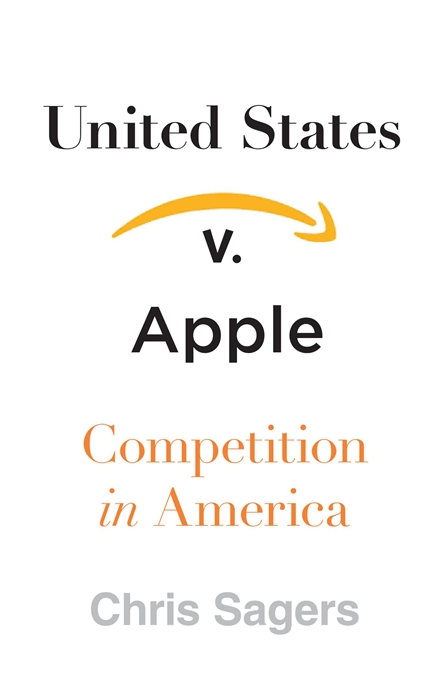
Chris Sagers (Cleveland State University College of Law)
United States v. Apple: Competition in America
Harvard University Press, September 2019
Examines the landmark 2012 case against Apple and five other distributors over e-book price fixing and explores how the American public perceives competition.
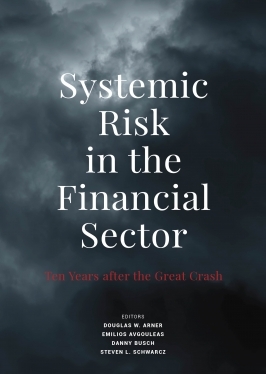
Steven L. Schwarcz (Duke University School of Law), Douglas W. Arner, Emilios Avgouleas, Danny Busch
Systemic Risk in the Financial Sector: Ten Years After the Great Crash
Center for International Governance Innovation, October 2019
Draws on the world’s leading financial regulation experts to examine the progress made since 2008.
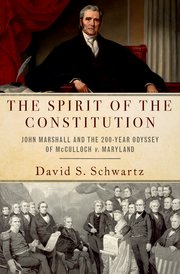
David S. Schwartz (University of Wisconsin Law School)
The Spirit of the Constitution: John Marshall and the 200 Year Odyssey of McCulloh v. Maryland”
Oxford University Press, September 2019
Traces the history and impact of the landmark McCulloch v. Maryland case, which expanded the national government’s legislative powers over the states.
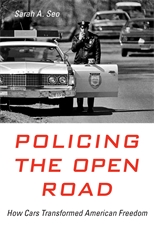
Sarah A. Seo (University of Iowa College of Law)
Policing the Open Road: How Cars Transformed American Freedom
Harvard University Press, April 2019
Details how the rise of automobile use led to increased policing and analyzes how laws designed to protect drivers, destabilizes the country’s commitment to equal protection under the law.
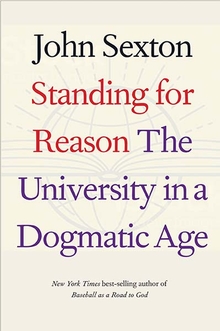
John Sexton (New York University School of Law)
Standing for Reason: The University in a Dogmatic Age
Yale University Press, April 2019
Argues for the importance of universities to serve as core educational landscapes.
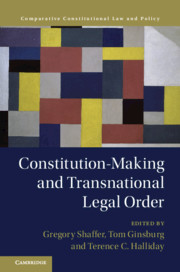
Gregory Shaffer (University of California Irvine School of Law), Tom Ginsburg (University of Chicago School of Law), and Terrence C. Halliday
Constitution-Making and Transnational Legal Order
Cambridge University Press, May 2019
Address the different facets of creating constitutions from a transnational and comparative perspective in every region of the world.
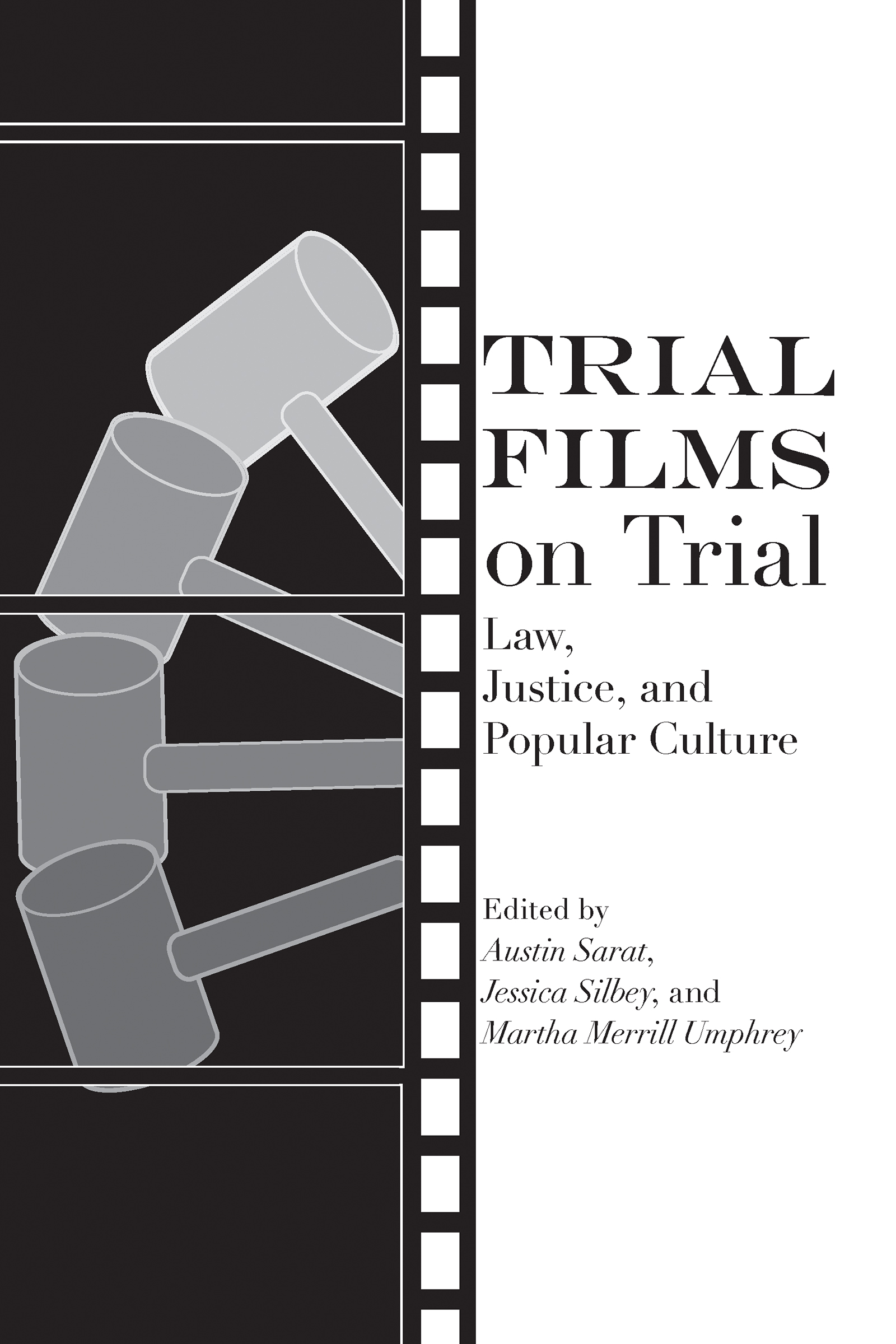
Jessica Silbey (Northeastern University School of Law), Martha Umphrey and Austin Sarat
Trial Films on Trial
University of Alabama Press, May 2019
Collection of critical essays examining how the justice system is portrayed in film and television.
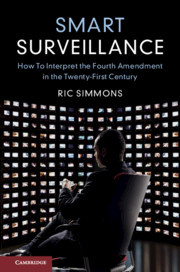
Ric Simmons (Ohio State University Moritz College of Law)
Smart Surveillance: How to Interpret the Fourth Amendment for the Twenty-First Century
Cambridge University Press, August 2019
Analyzes how advances in technology can enhance society’s need for privacy and security at the same time.
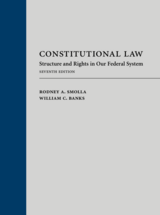
Rodney Smolla (Widener University Delaware Law School) and William C. Banks (Syracuse University College of Law)
Constitutional Law: Structure and Rights in Our Federal System
Carolina Academic Press, January 2019
Textbook on constitutional law analyzing structural government issues and individual rights.
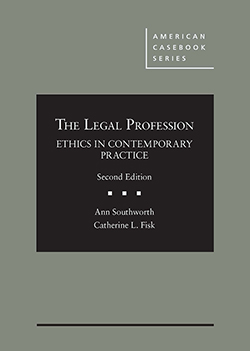
Ann Southworth (University of California Irvine School of Law) and Catherine L. Fisk (University of California Berkeley School of Law)
The Legal Profession: Ethics in Contemporary Practice, 2nd Edition
West Academic, January 2019
Explains basic legal concepts and how the legal system operates to prepare students for their professional development.
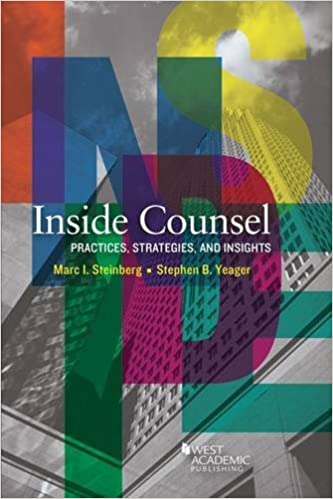
Marc I. Steinberg and Stephen B. Yeager (Southern Methodist University Dedman School of Law)
Inside Counsel: Practices, Strategies and Insights, 2nd Edition
West Academic Publishing, December 2014
Guidebook on in-house law practice offering insight on strategies, successfully interfacing with clients, and which skill sets are valued in in-house counsel.
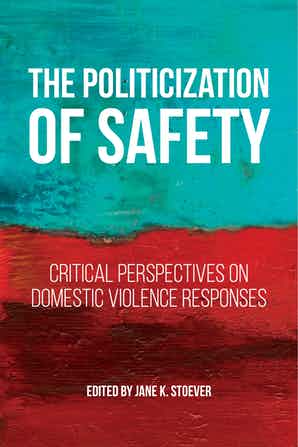
Jane K. Stoever (University of California Irvine School of Law)
The Politicization of Safety: Critical Perspectives on Domestic Violence Responses
NYU Press, February 2019
Analyzes the history of responses to domestic violence, examining the different intersecting ways domestic abusive victims cope with discrimination and how the feminist movement’s politics have influenced policy.
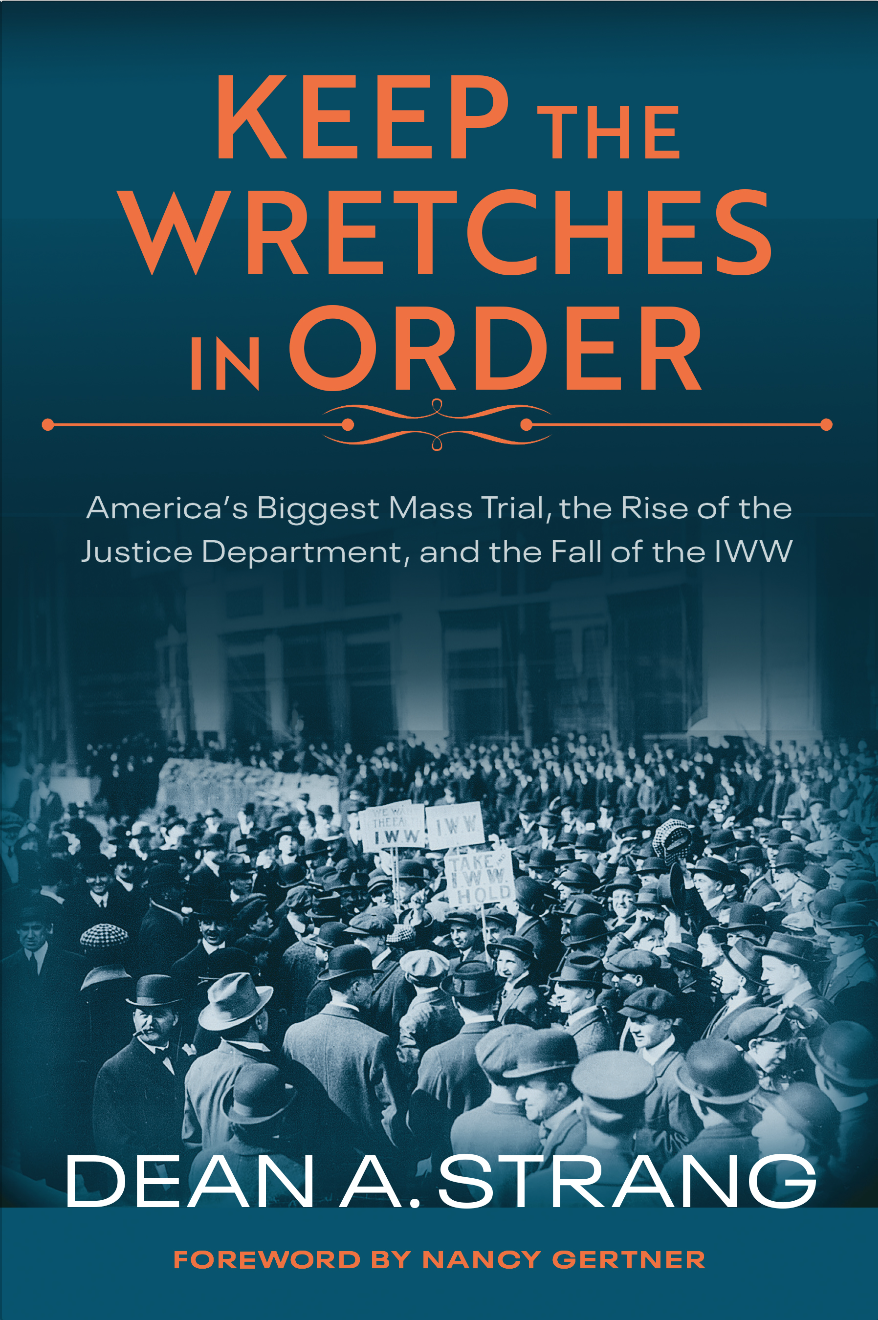
Dean A. Strang (University of San Francisco School of Law)
Keep the Wretches in Order: America’s Biggest Mass Trial, the Rise of the Justice Department and the Fall of the IWW
University of Wisconsin Press, June 2019
A legal history of the Department of Justice’s systematic targeting of the Industrial Workers of the World union in a quest to prevent work stoppages.
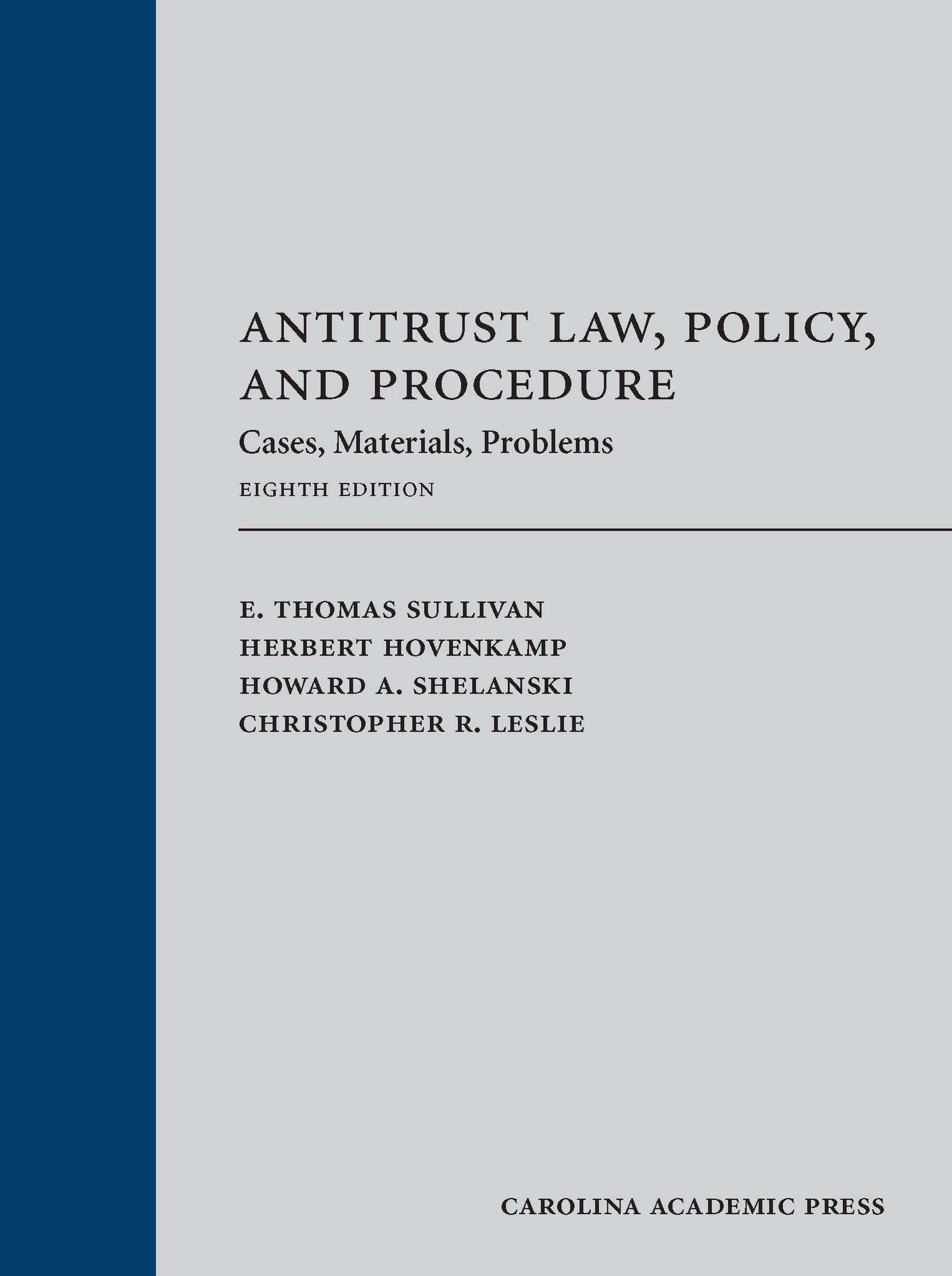
E. Thomas Sullivan (President, University of Vermont), Herbert Hovenkamp (University of Pennsylvania Carey Law School), Howard A. Shelanski (Georgetown Law Center), Christopher R. Leslie (University of California Irvine School of Law)
Antitrust Law, Policy and Procedure: Cases, Materials, Problems
Carolina Academic Press, January 2019
Popular casebook on antitrust law focusing on judicial opinions and dissents to provide students with a thorough understanding of the issues across ideologies.
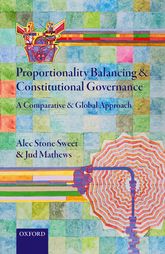
Alex Stone Sweet (Yale Law School), Jud Mathews (Penn State Law)
Proportionality Balancing and Constitutional Governance: A Comparative and Global Approach
Oxford University Press, 2019
This book focuses on the law and politics of rights protection in democracies, and in human rights regimes in Europe, the Americas, and Africa. After introducing the basic features of modern constitutions, with their emphasis on rights and judicial review, the authors present a theory of proportionality that explains why constitutional judges embraced it.
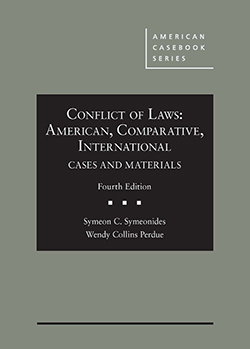
Symeon C. Symeonides (Willamette University College of Law), Wendy Collins Perdue (University of Richmond School of Law)
Conflict of Laws: American, Comparative, International, Cases and Materials, 4th edition
West Academic, 2019
This book presents the real world of conflict law, behind the leading cases and beyond America’s borders, through distilled documentation of what courts actually do and strategically placed extensive information about international practice and the law of other countries.
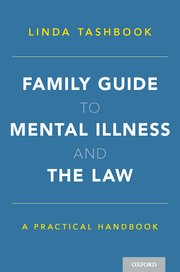
Linda Tashbook (University of Pittsburgh School of Law)
Family Guide to Mental Illness and the Law
Oxford University Press, March 2019
Resource on how common legal issues uniquely impact people with various forms of mental illness and what family members can do to help them.
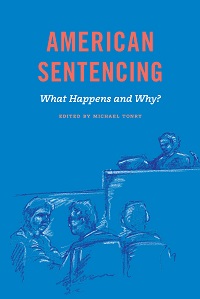
Michael Tonry (University of Minnesota Law School)
American Sentencing: What Happens and Why?
University of Chicago Press, June 2019
Covers what students, scholars, practitioners, and policymakers need to know about how sentencing works, what reforms have solved, and how sentencing processes and outcomes can be made more just.
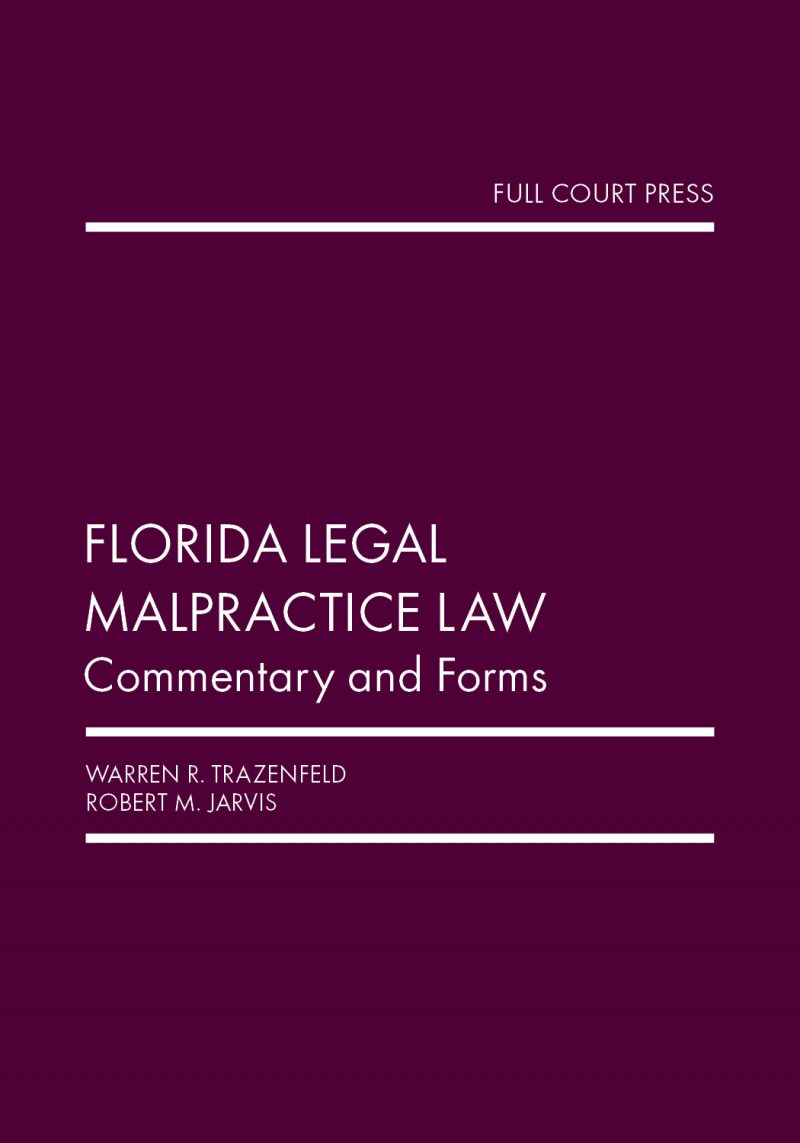
Warren R. Trazenfeld and Robert M. Jarvis (Nova Southeastern University Broad College of Law)
Florida Legal Malpractice Law: Commentary and Forms
Full Court Press, October 2019
Reference for practitioners to avoid bringing or defending legal malpractice claims.
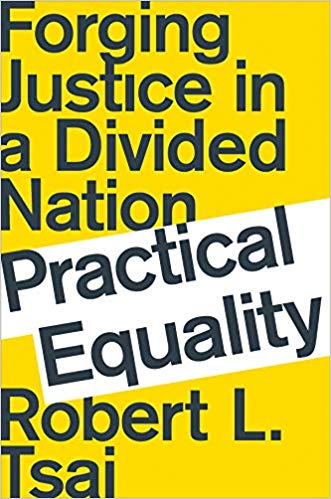
Robert Tsai (American University Washington College of Law)
Practical Equality: Forging Justice in a Divided Nation
W.W. Norton & Company, February 2019
Offers guidance on how to protect and strengthen individual protections by applying lessons from the past to contemporary issues such as voting restrictions and the rights of the homeless.
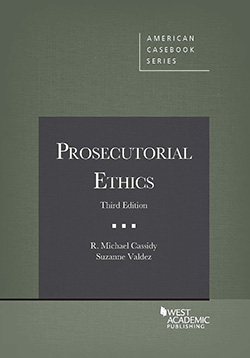
Suzanne Valdez (University of Kansas School of Law), R. Michael Cassidy (Boston College Law School)
Prosecution Ethics
West Academic, 2019
This book examines a prosecutor’s ethical responsibilities throughout the criminal justice process in both federal and state practice, and explores constitutional and ethical constraints on prosecutorial discretion.
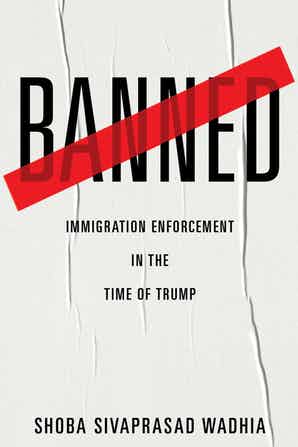
Shoba Sivaprasad Wadhia (Penn State Law)
Banned: Immigration Enforcement in the Time of Trump
NYU Press, September 2019
An analysis of immigration enforcement and discretion during the first year and a half of the Trump presidency.
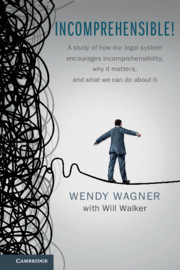
Wendy Wagner (University of Texas School of Law)
Incomprehensible!: A Study of How Our Legal System Encourages Incomprehensibility, Why It Matters, and What We Can Do About It
Cambridge University Press, August 2019
Analyzes how the legal system makes information difficult to understand, utilizing specific legal programs as case studies.
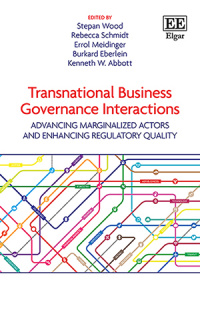
Stepan Wood, Rebecca Schmidt, Errol Meidinger (The State University of New York at Buffalo School of Law), Burkard Eberlein and Kenneth W. Abbott (Arizona State University College of Law)
Transnational Business Governance Interactions: Advancing Marginalized Actors and Enhancing Regulatory Quality
Edward Elgar Publishing, December 2019
An interdisciplinary look at how transnational business governance can be used to improve the quality of regulation and assist marginalized actors.
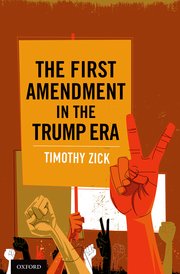
Timothy Zick (William and Mary Law School)
The First Amendment in the Trump Era
Oxford University Press, October 2019
Details and analyzes the many First Amendment conflicts that have taken place during the Trump presidency, placing the conflict in a broader narrative of attacks on free speech and the press.
